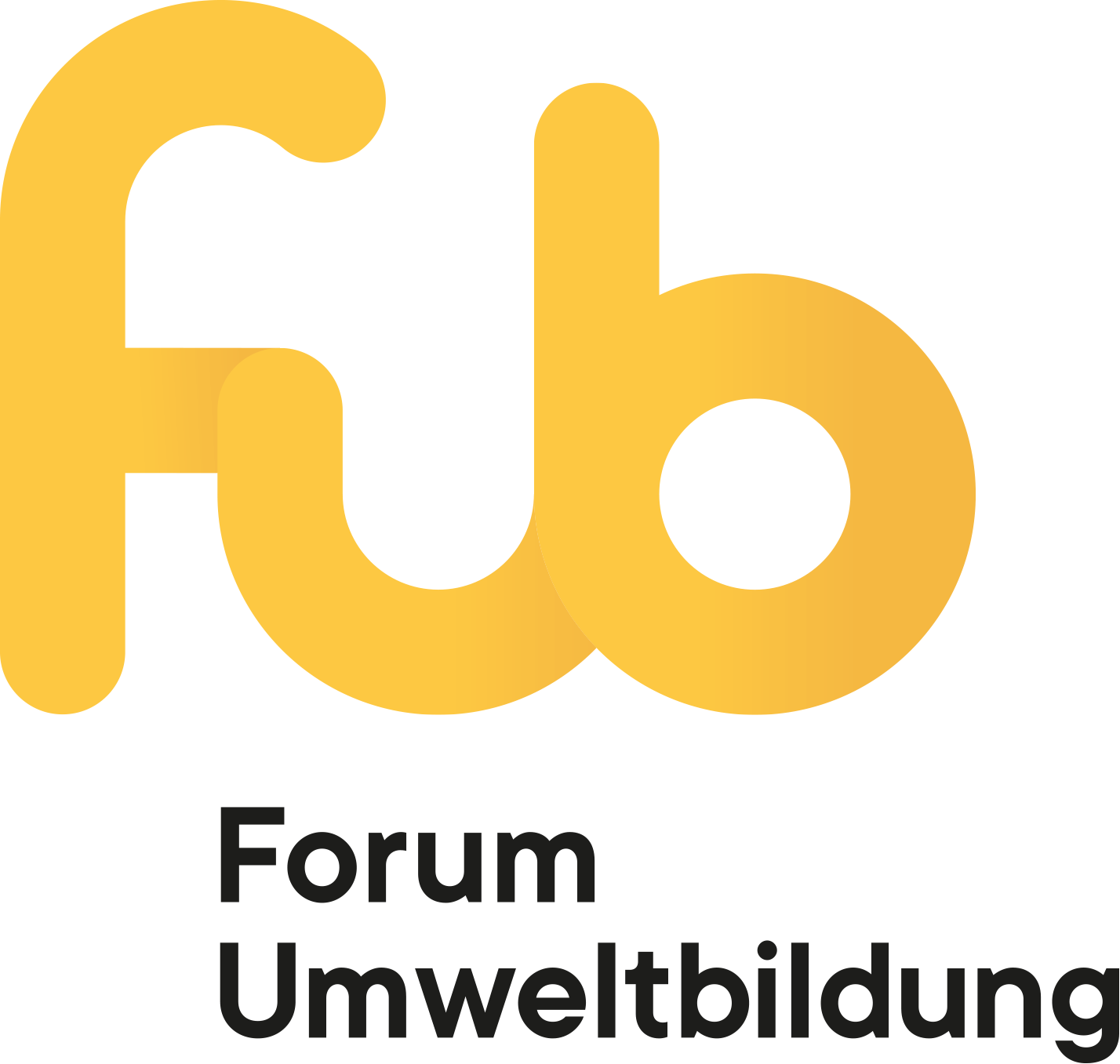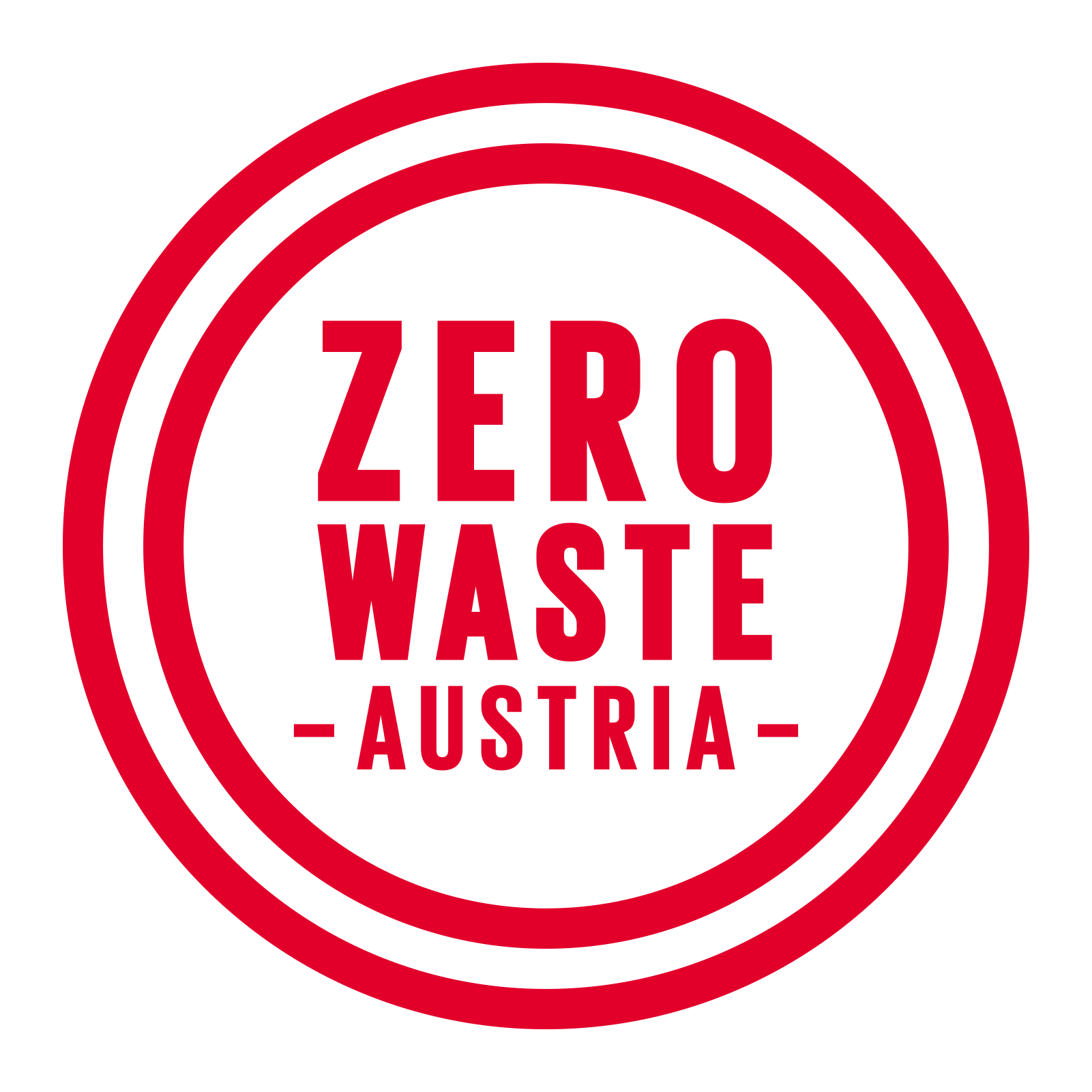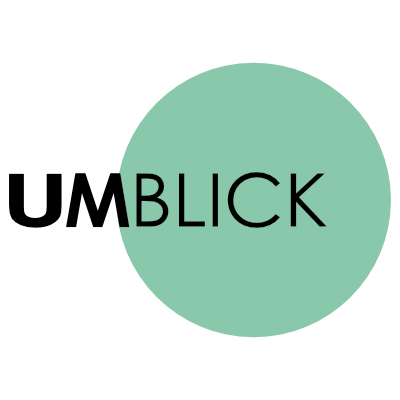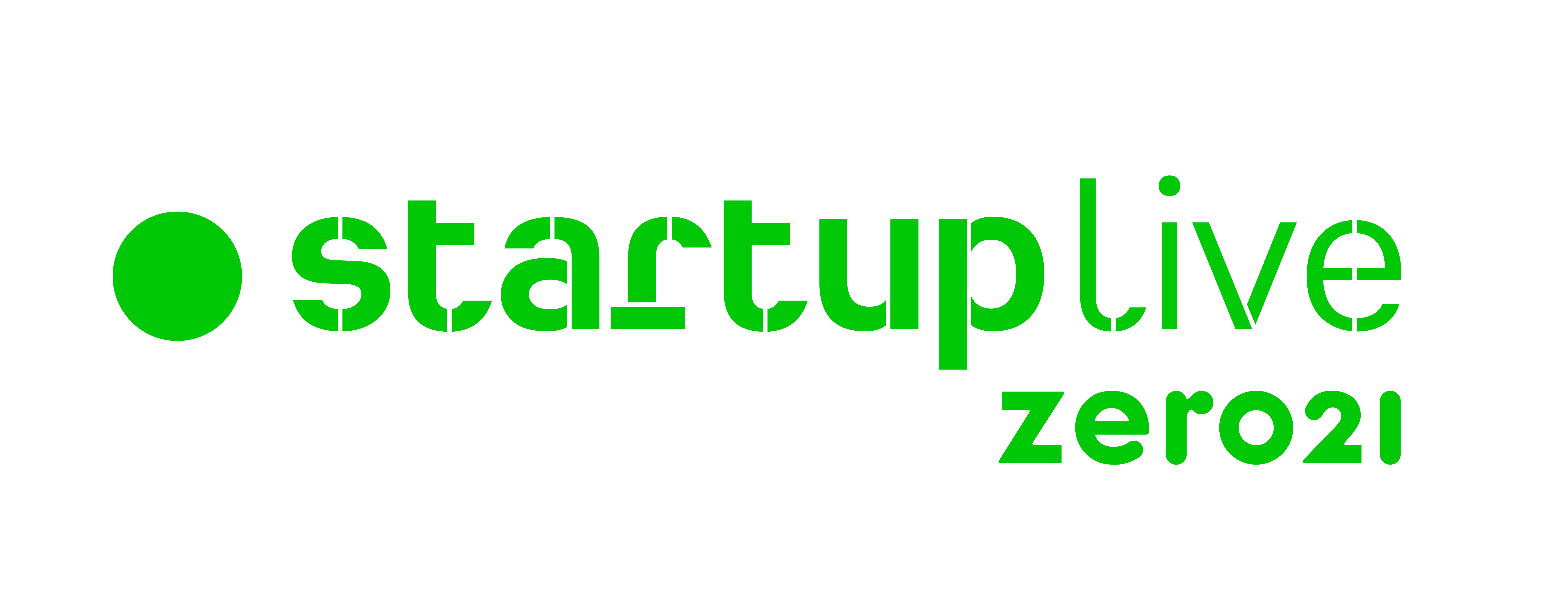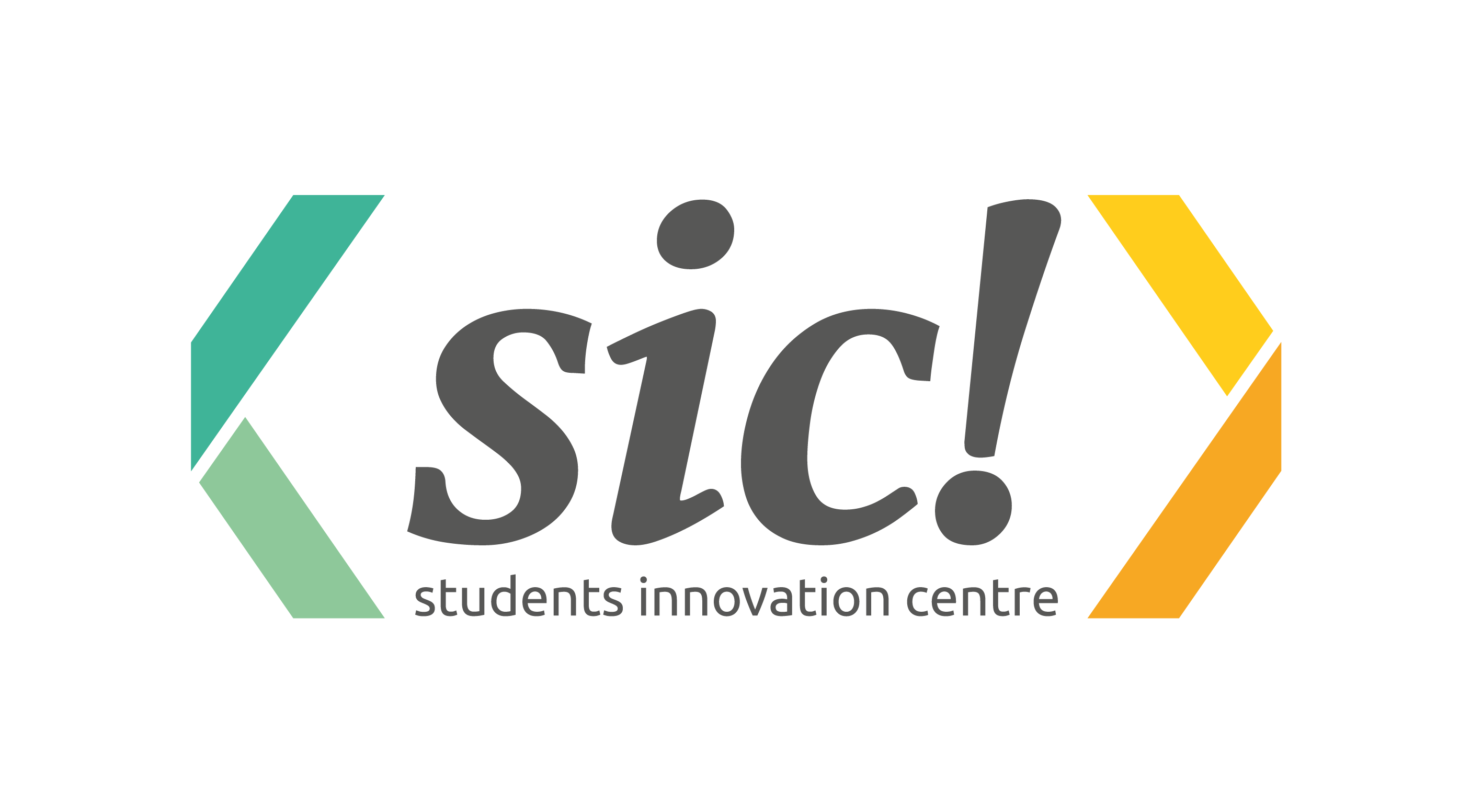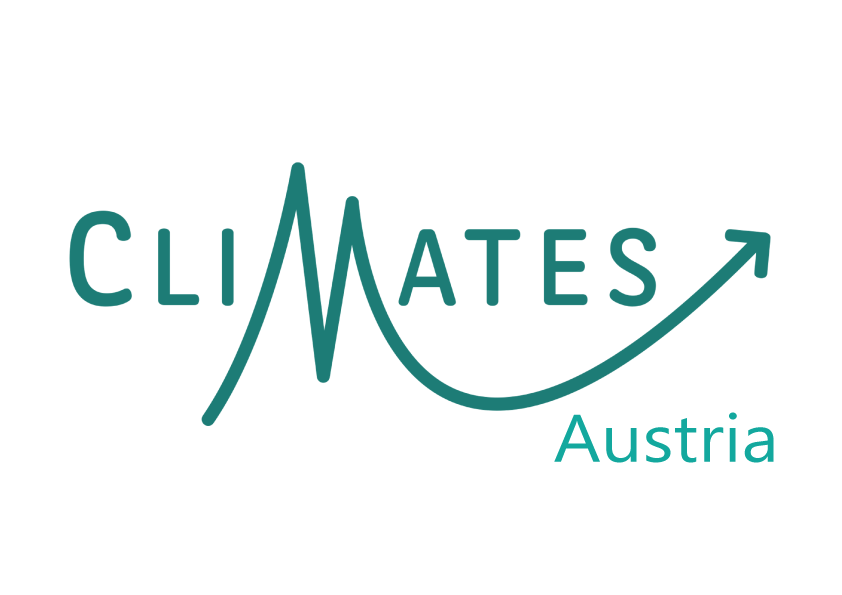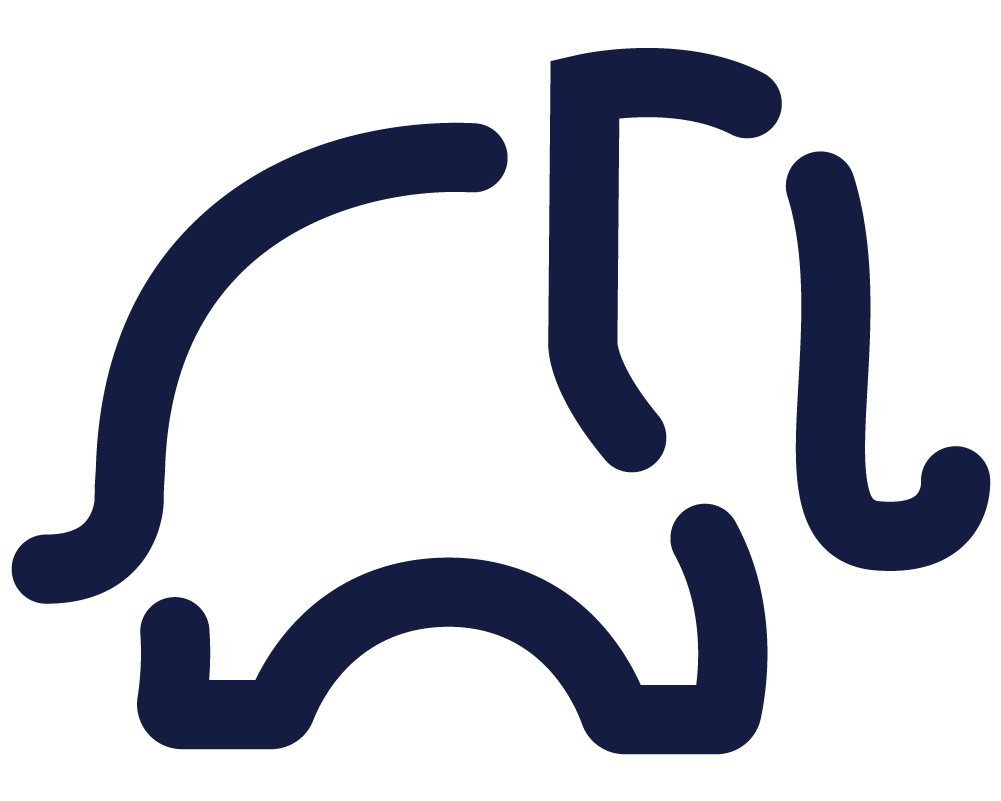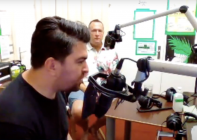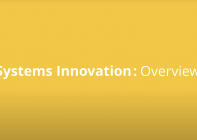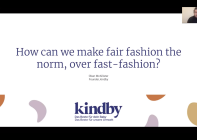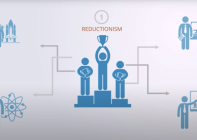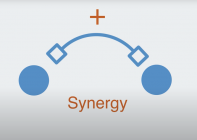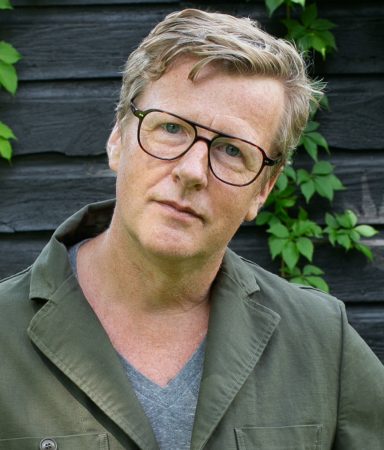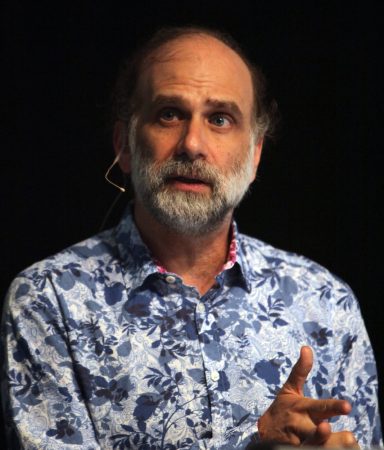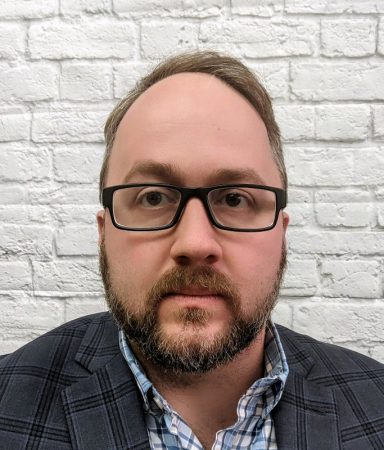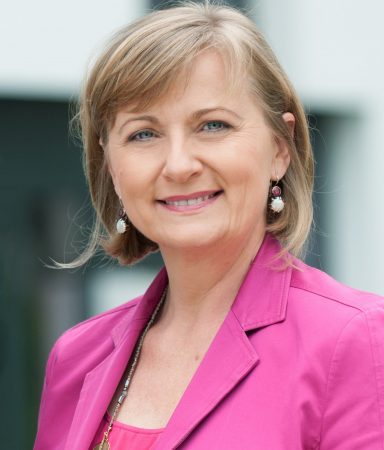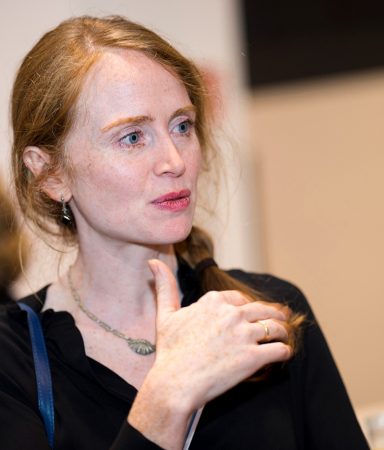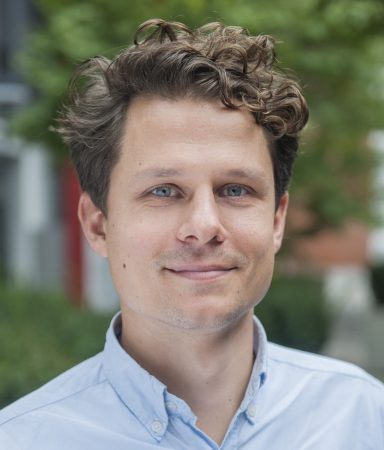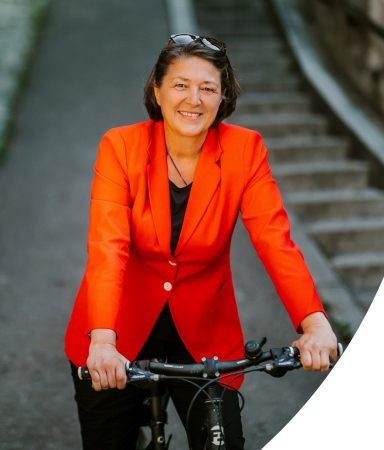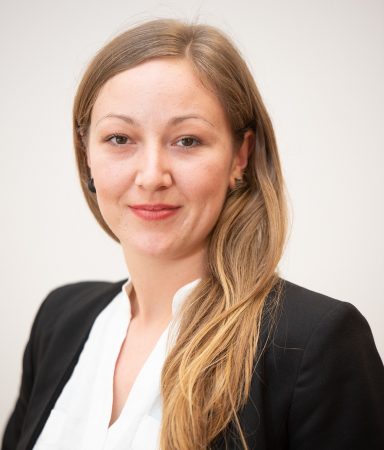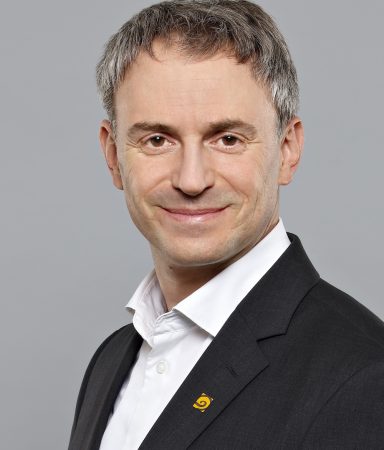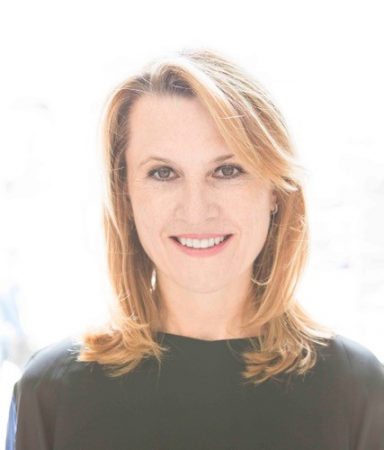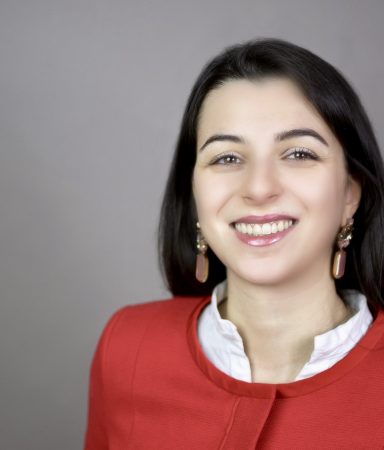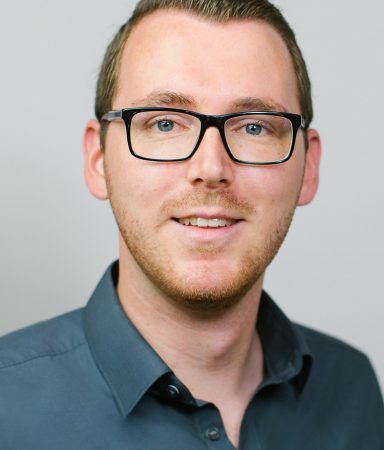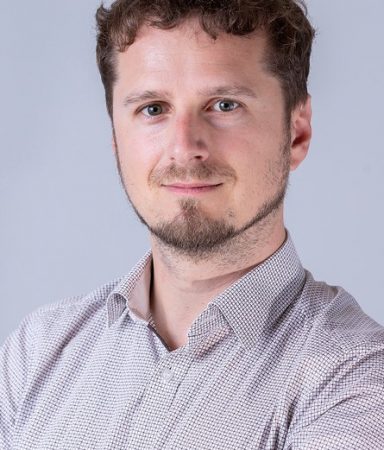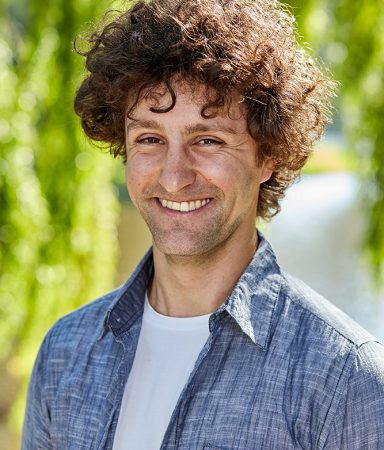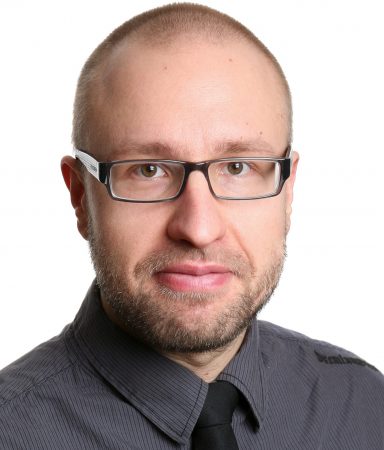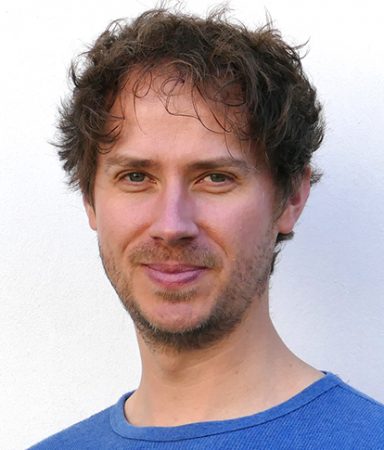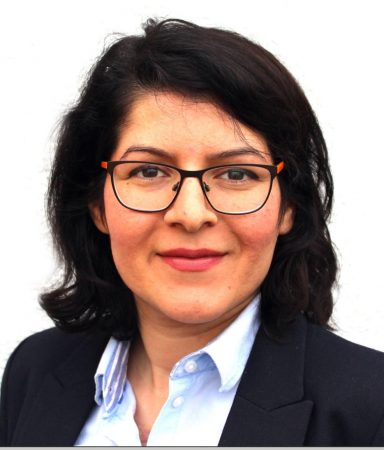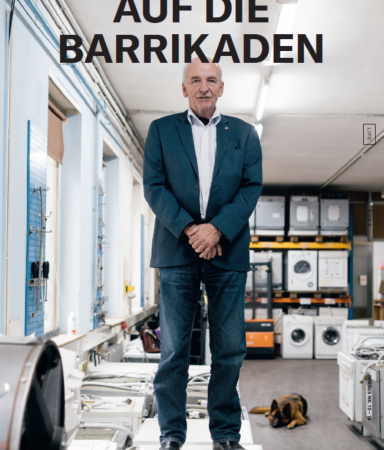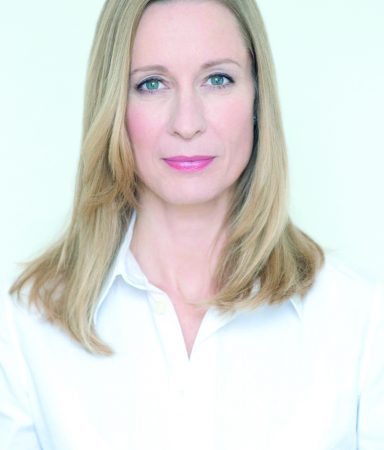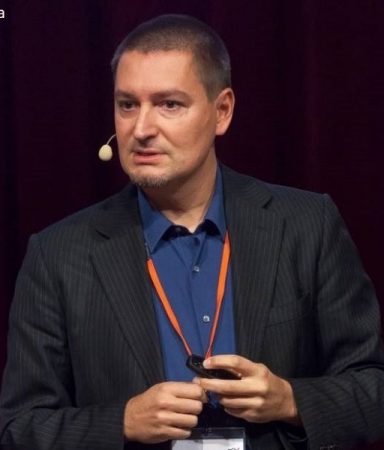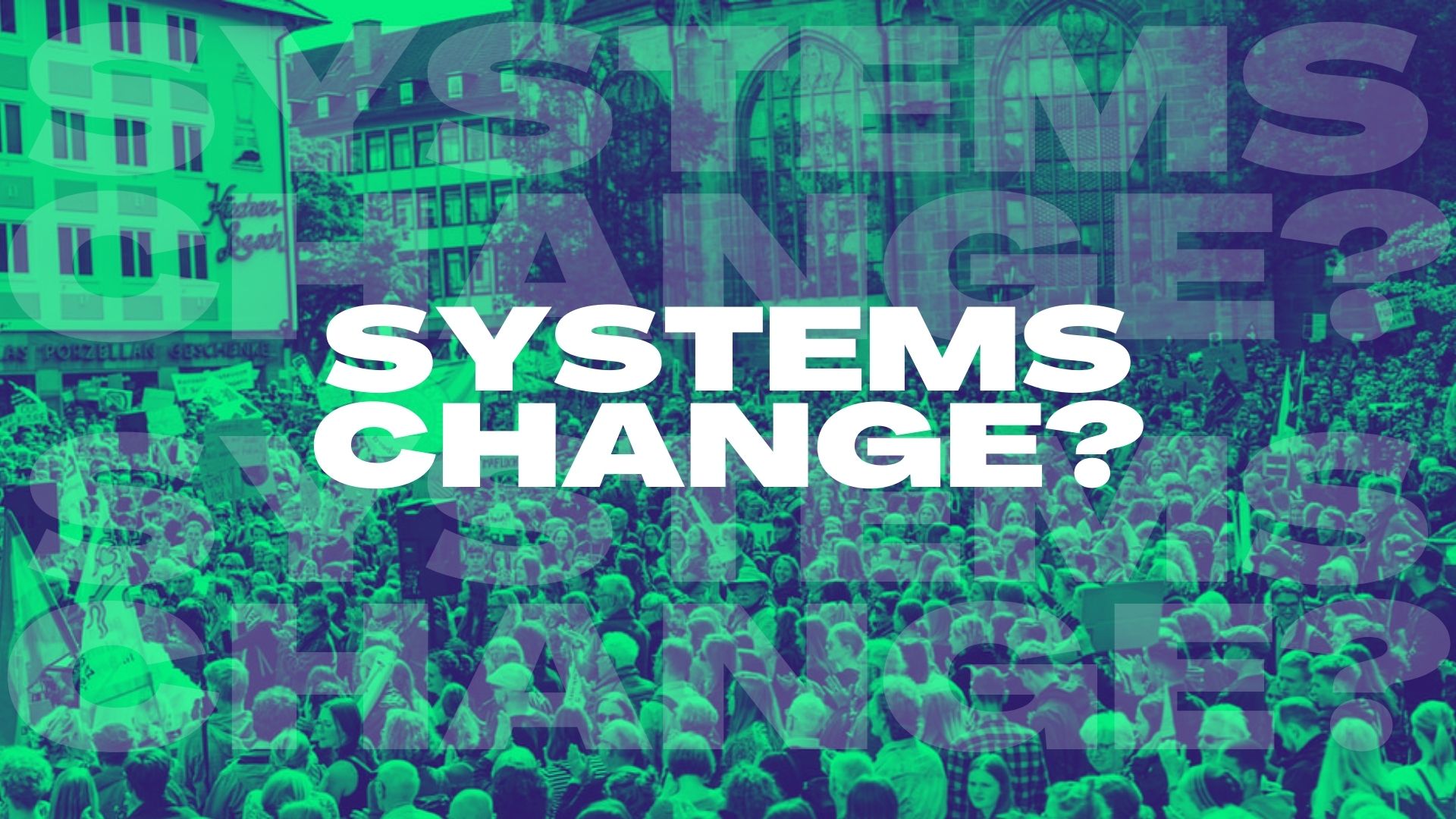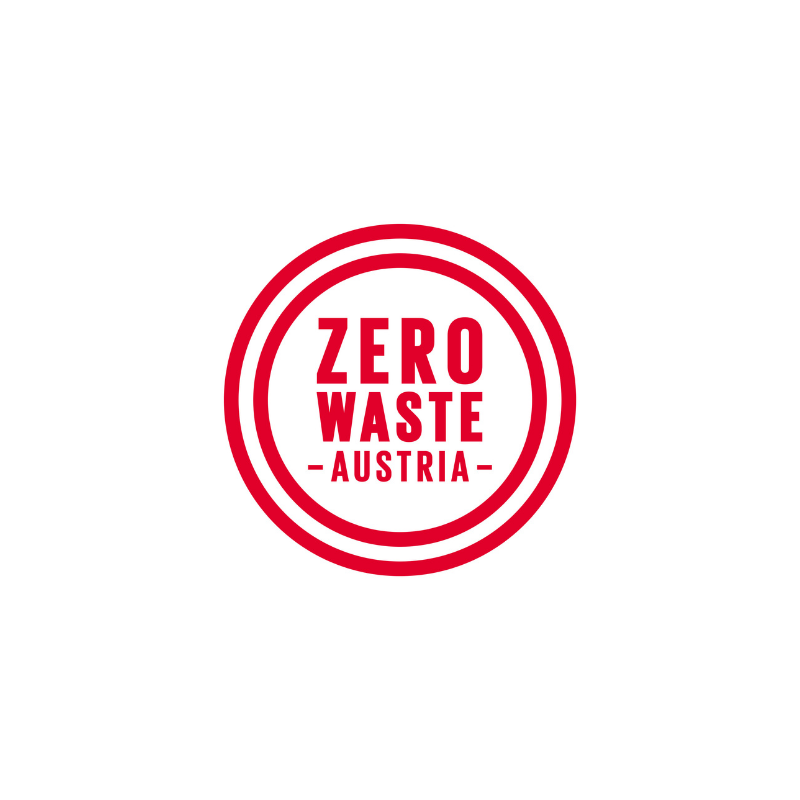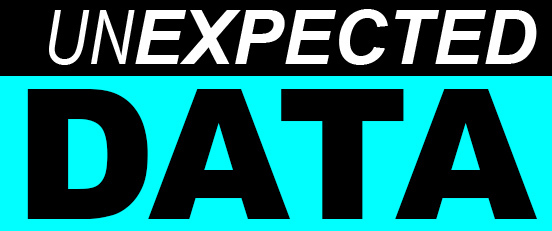ONE DAY 2021
Opening video address by
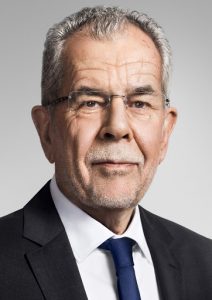
Alexander Van der Bellen
Federal President of the Republic of Austria
0
Sessions
0
+
Speakers
0
All-male panels
ONE DAY 2021
Speakers from


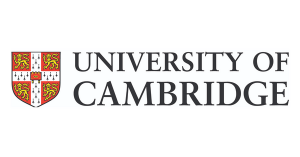



and many more…

Where
Online, and Vienna, Austria. (if allowing)When
5th - 6th March 2021, Fri - SatONE DAY 2021
Speakers from
ONE DAY 2021
About the Event
ONE DAY is a community and an annual conference on system change. We address the systems behind waste and food waste, gender equality and responsible digitalisation.
and be a part of our exclusive community
Get 50% off ONE DAY 2022
TENTATIVE
Agenda
5. March 10:35 to 11:05
Deepfakes: a lie, or a new truth?
There has never been a time in history, where the fake and the real has been this close to each other, where the distribution speed of misinformation has been this fast. Now deepfake technology can literally copy and paste faces of people into videos they never participated in, and the methods are improving fast in authenticity and difficulty to detect. Are deepfakes becoming a serious threat to our society by endangering the credibility in conventional media? Alexander Schinlder, scientist in multi-modal machine learning and Jon Roozenbeek, expert on misinformation from the Department of Psychology at the University of Cambridge discuss the ramifications of deep fake on parts of our society.
Systems behind "Responsible digitalisation": 30 min. panel discussion
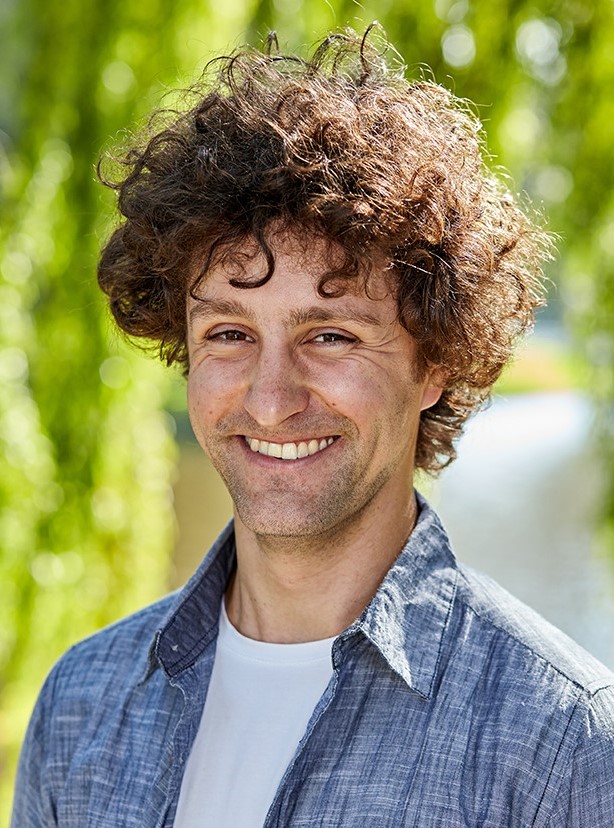
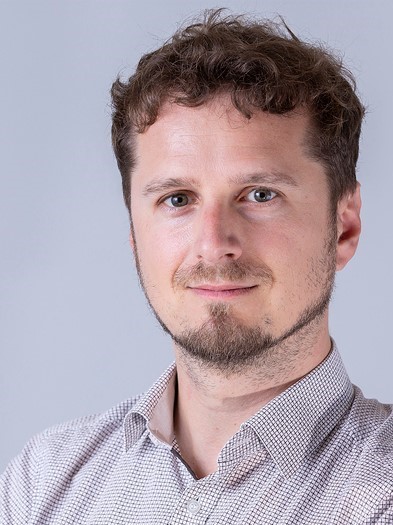
- Ron Roozenbeek (University of Cambridge), Alexander Schindler (Austrian Institute of Technology)
5. March 11:10 to 11:40
Gender Equality and Men: Is the gender equality movement inclusive enough?
When we talk about gender equality and feminism, for a lot of people the first thing that comes to their mind is women's rights. We commonly associate gender equality with female empowerment and perceive it as a women's issue. In doing so, we tend to turn a blind eye on the role of men as gatekeepers in a patriarchal society and liberate them from their responsibility in achieving a truly gender equal word. Similarly, men often feel excluded from the discourse and unwanted in the gender equality movement. In this session we will discuss whether the gender equality movement is inclusive enough and what can be done to turn it into a movement of and for us all.
Systems behind "Gender equality": 30 min. panel discussion
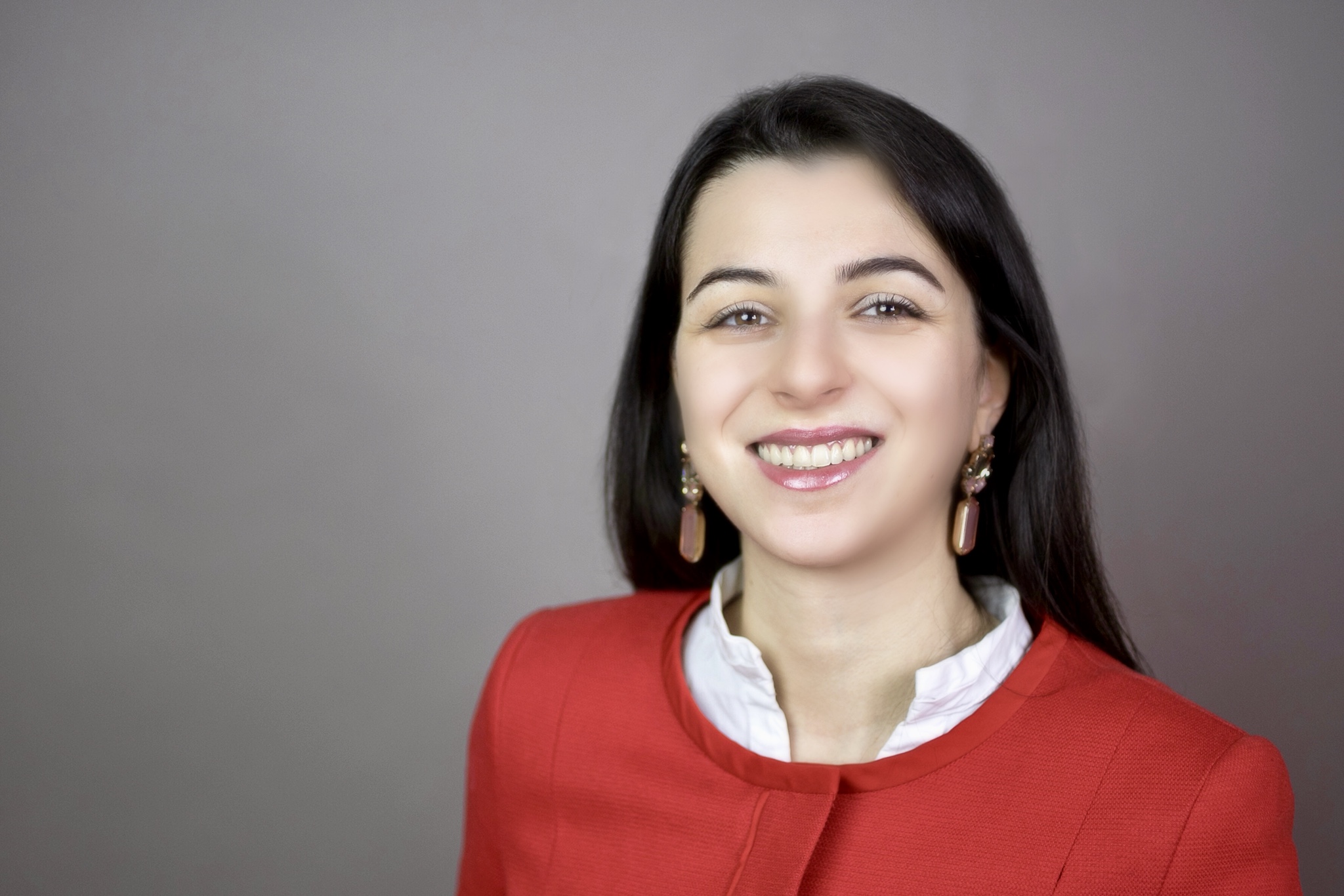
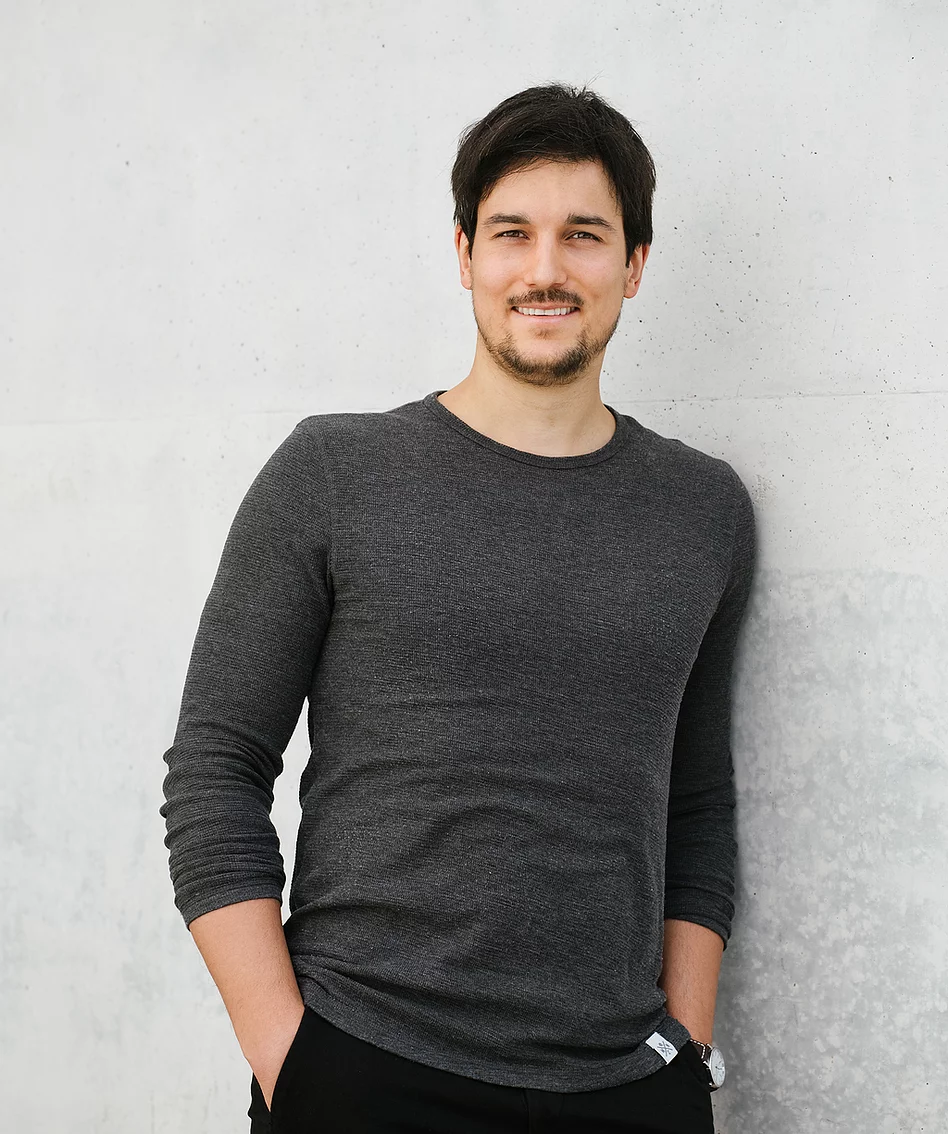
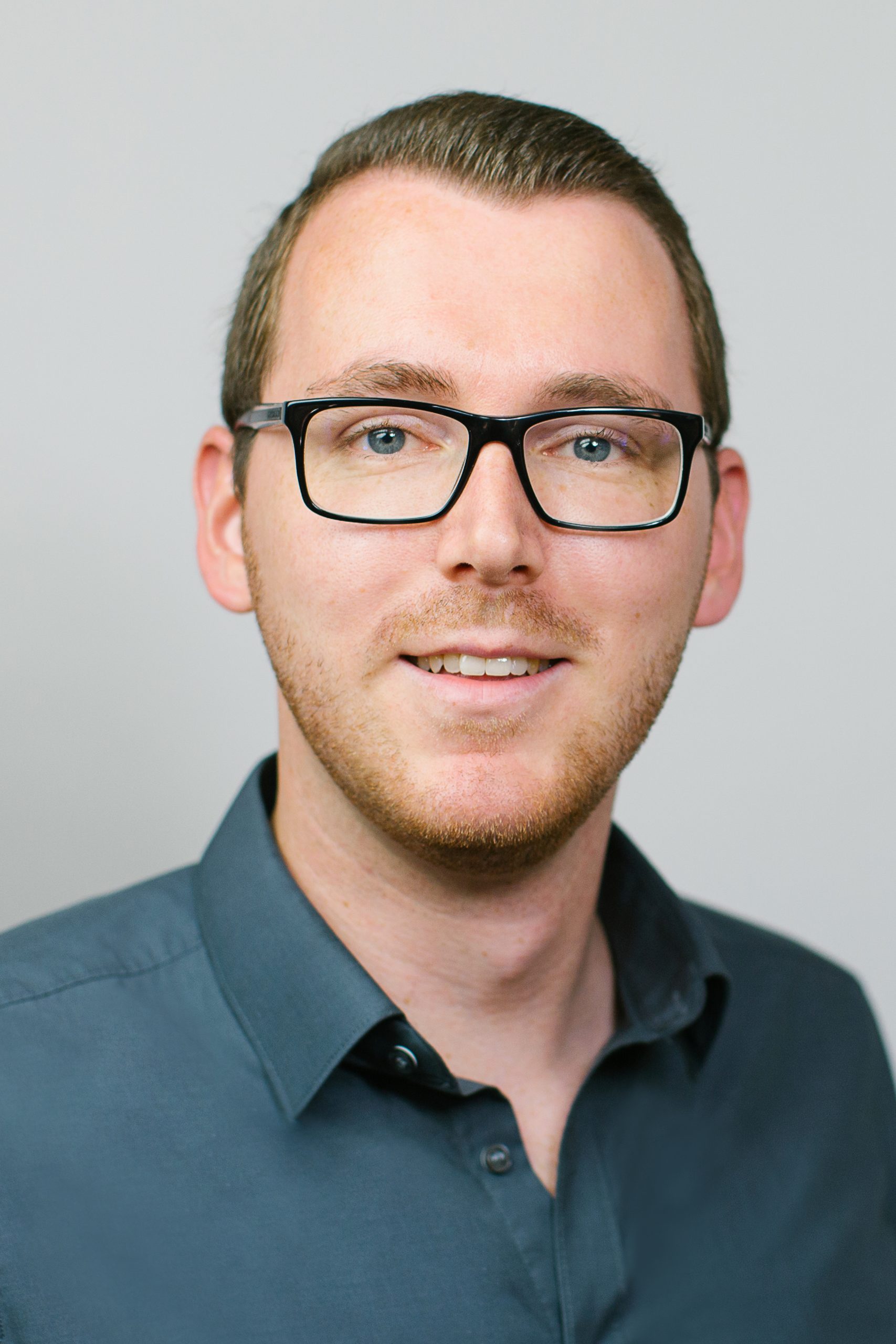
- Gloria Bozyigit (UN Women Austria), Vincent-Immanuel Herr (HERR&SPEER), Gerhard Wagner (HeForShe Vienna)
5. March 11:45 to 12:15
Waste is a value in the wrong place (hosted by Circular Economy Forum Austria)
Designing out waste and creating value from waste are both cases where there’s a strong business case for choosing the more sustainable option. What are the barriers so far to create industries that don’t use things up but reuse, refurbish or remanufacture resources? What are the systemic challenges the construction sector is facing? And what does that mean for people working in this sector?
Systems behind "Waste": 30 min. panel discussion
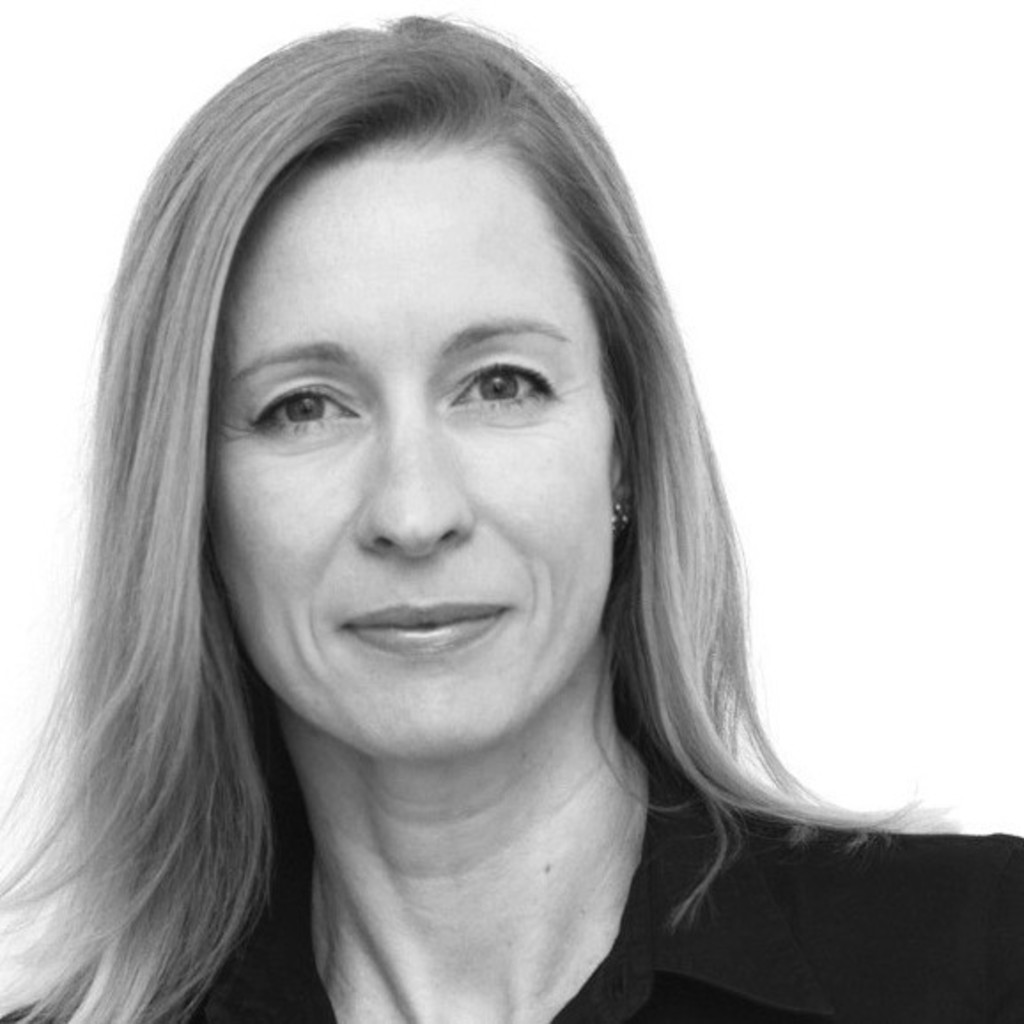
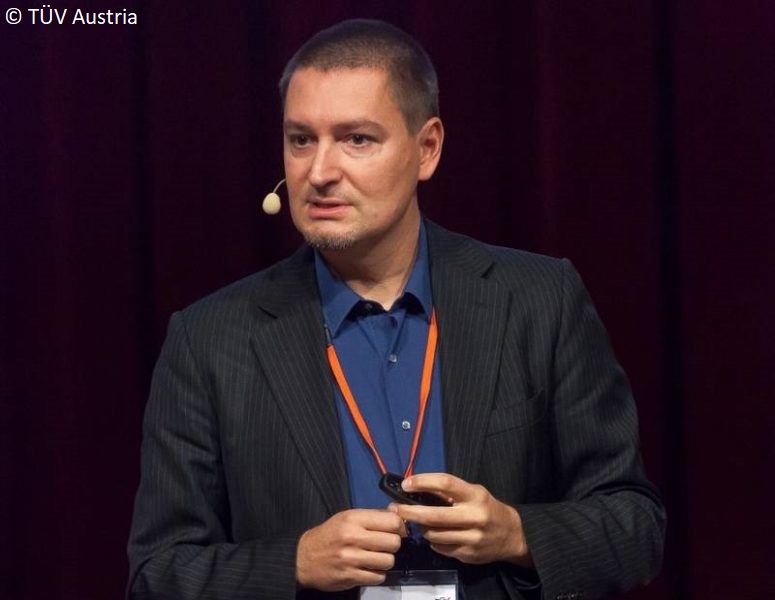
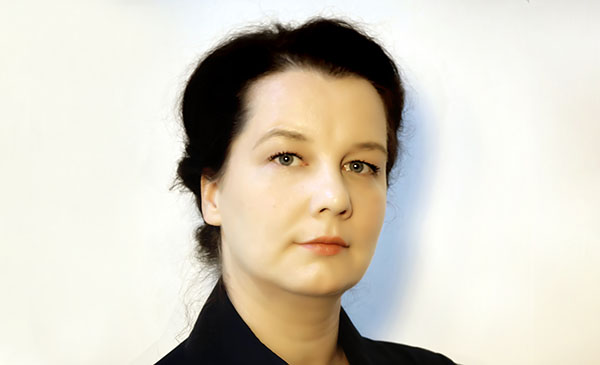
- Karin Huber-Heim (Circular Economy Forum Austria), Markus Meissner (BauKarussell), Anna-Vera Deinhammer (Stadt Wien)
5. March 11:45 to 12:15
What about health in the new world of work? Challenges and opportunities for women, society and the economy
Der Trend geht zu einer mobileren, digitalisierten Arbeitswelt. Nicht zuletzt durch Corona arbeiten viele Menschen im Homeoffice. Warum stellt das gerade Frauen vor neue Herausforderungen? Welche Strukturen braucht es, damit die new world of work gleiche Chancen für Frauen und Männer bietet? Wie können wir Rahmenbedingungen schaffen, damit Frauen und Männer gleichberechtigt lange und gesund arbeiten können?
Systems behind "Gender Equality": 30 min. panel discussion
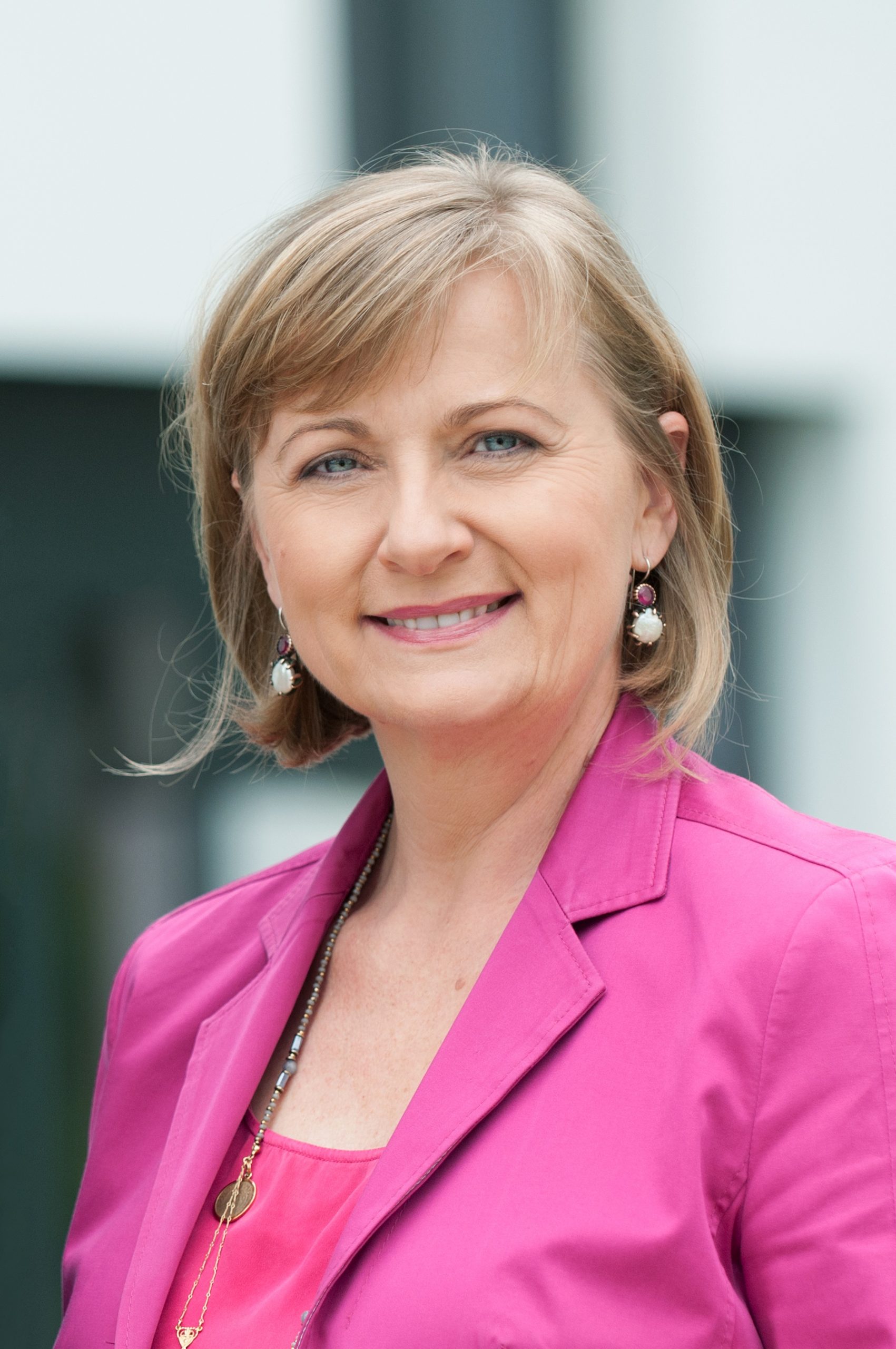
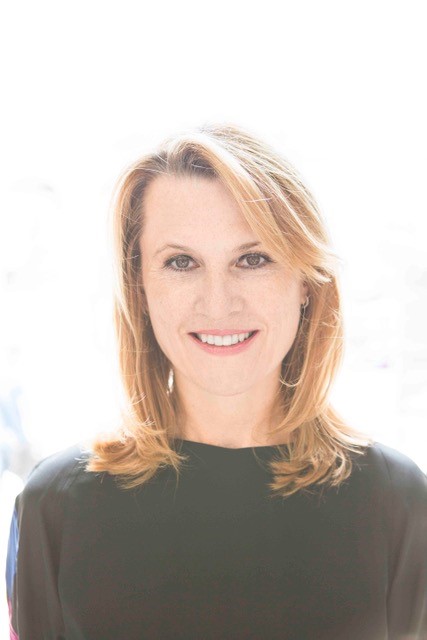
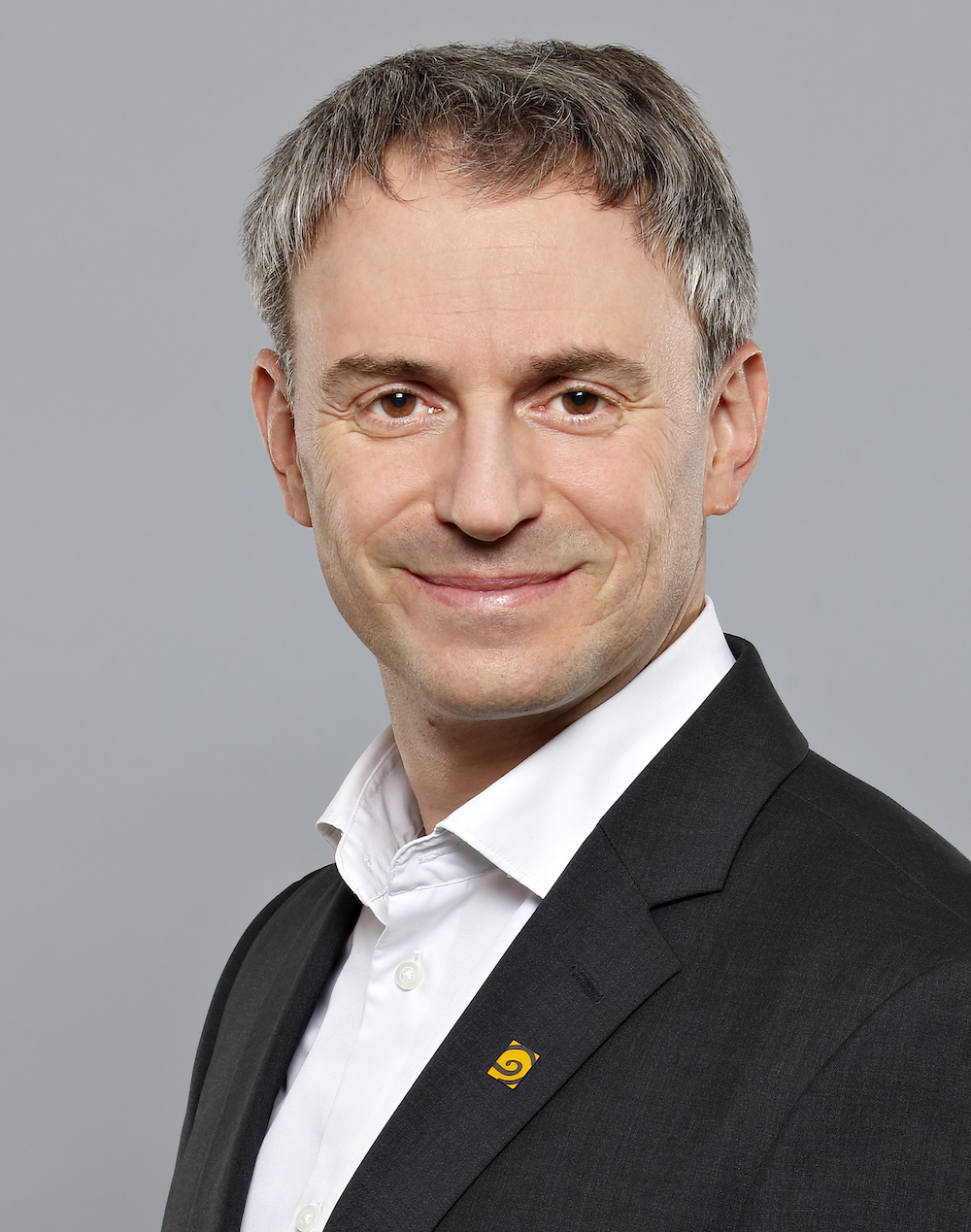
- Manuela Vollmann (ABZ*AUSTRIA), Michaela Ernst (SHEconomy), Ing. Mag. Dr. Gerhard Klicka (IBG Innovatives Betriebliches Gesundheitsmanagement GmbH)
5. March 13:45 to 14:15
Das Elektroschrottproblem: Kann die Kreislaufwirtschaft unsere Gesellschaft retten?
Dass es schwierig ist, die Menge an Elektroschrott zu reduzieren ist gewusst. Die von Konzernen geplante Obsoleszenz und Förderung eines schier endlosen Kaufrauschs machen den Wandel zu einer Kreislaufwirtschaft, die nicht auf Ausbeutung und Überproduktion basiert nicht einfacher. Welche Möglichkeiten gibt es also, diesem System eine nachhaltige Richtung zu geben? Dazu wollen wir hinter die Kulissen des Elektrogerätehandels schauen und herausfinden, was getan werden muss, um einer steigenden Überfülle an Elektroschrott entgegenzuwirken, sei dies auf Konsumentenebene, Förderung der Kreislaufwirtschaft oder einer Kultur, welche auf verantwortungsbewusstem Ressourcenverbrauch und der Reparatur von nicht einwandfrei funktionierenden Elektrogeräten basiert.
Systems behind "Waste": 30 min. panel discussion
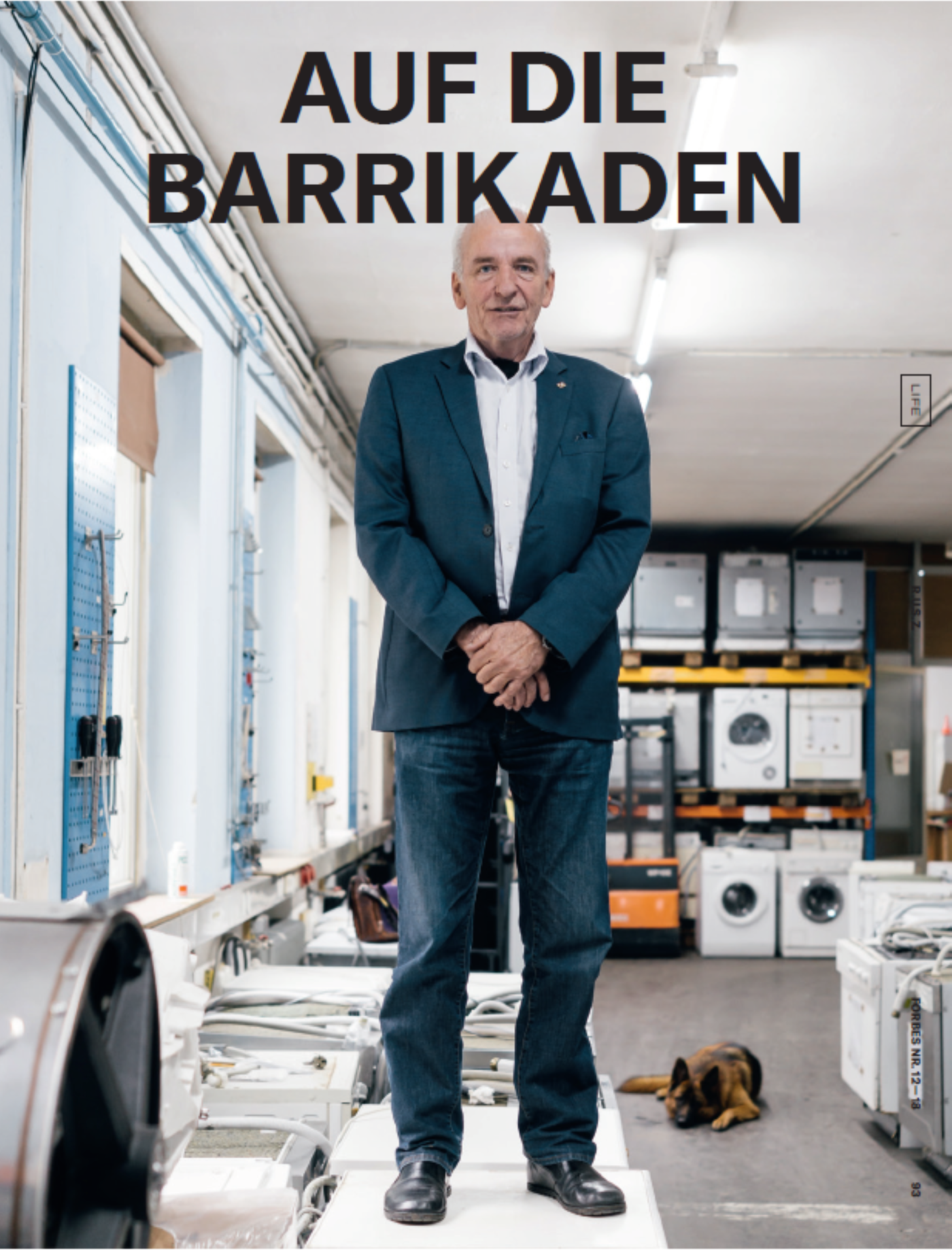
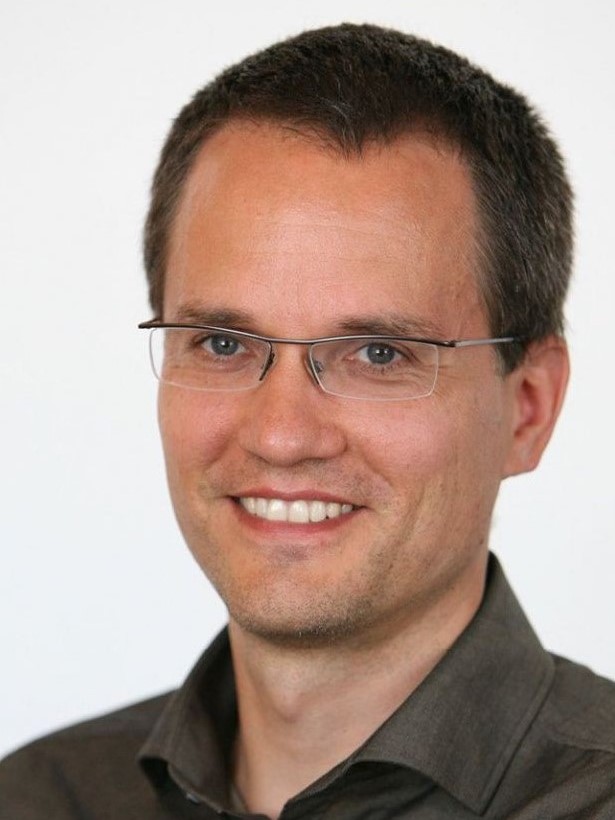
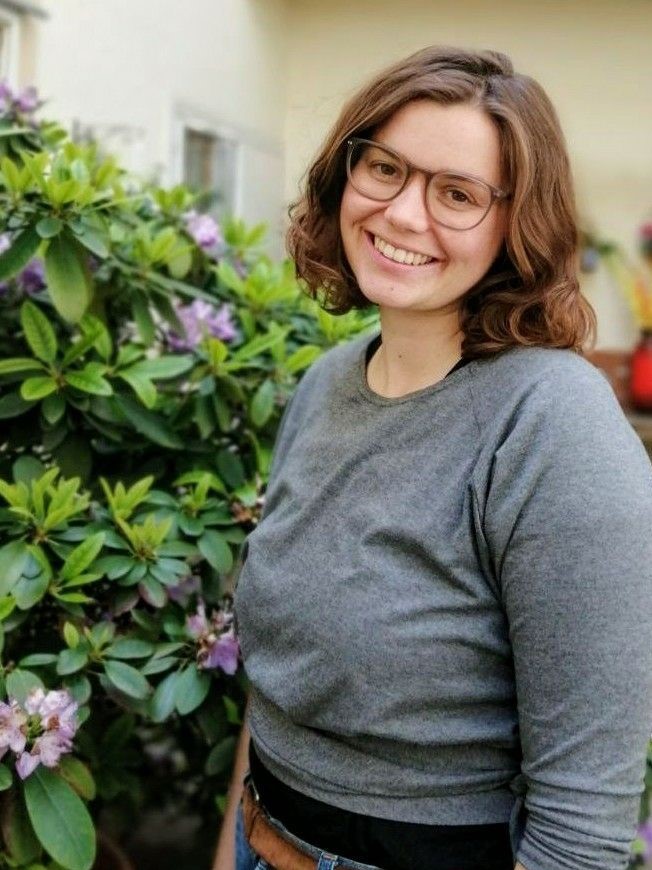
- Sepp Eisenriegler (Reparatur- und Service-Zentrum R.U.S.Z), Markus Piringer (Die Umweltberatung), BOKU - Institut für Soziale Ökologie
5. March 14:20 to 14:50
Achieving true gender equity with a new way of leadership
Women empowerent networks and programs do their fair share of tackling the gender inequality between men and women. However, there are deep underlying structures and obsolete processes that make it very challenging to further sustainable gender equity in every sector of society. In this session, we will zoom out to see the systemic barriers that exist for gender equity and talk about the opportunities in feminist approaches to collaboration to tackle the roots of the problem. We will also see how we can shift from an old patriarchal way of doing things to establish a new way of leadership that ends gender biases and silos. If you are also wondering why gender equity is a more suitable term than gender equality, then this session is for you.
Systems behind "Gender equality": 30 min. panel discussion
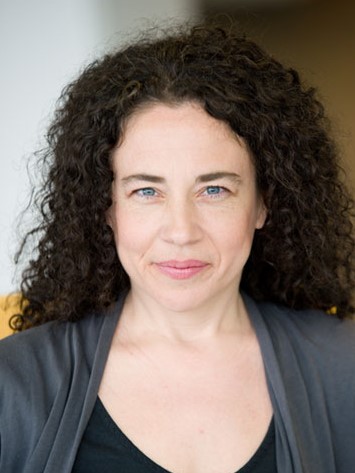
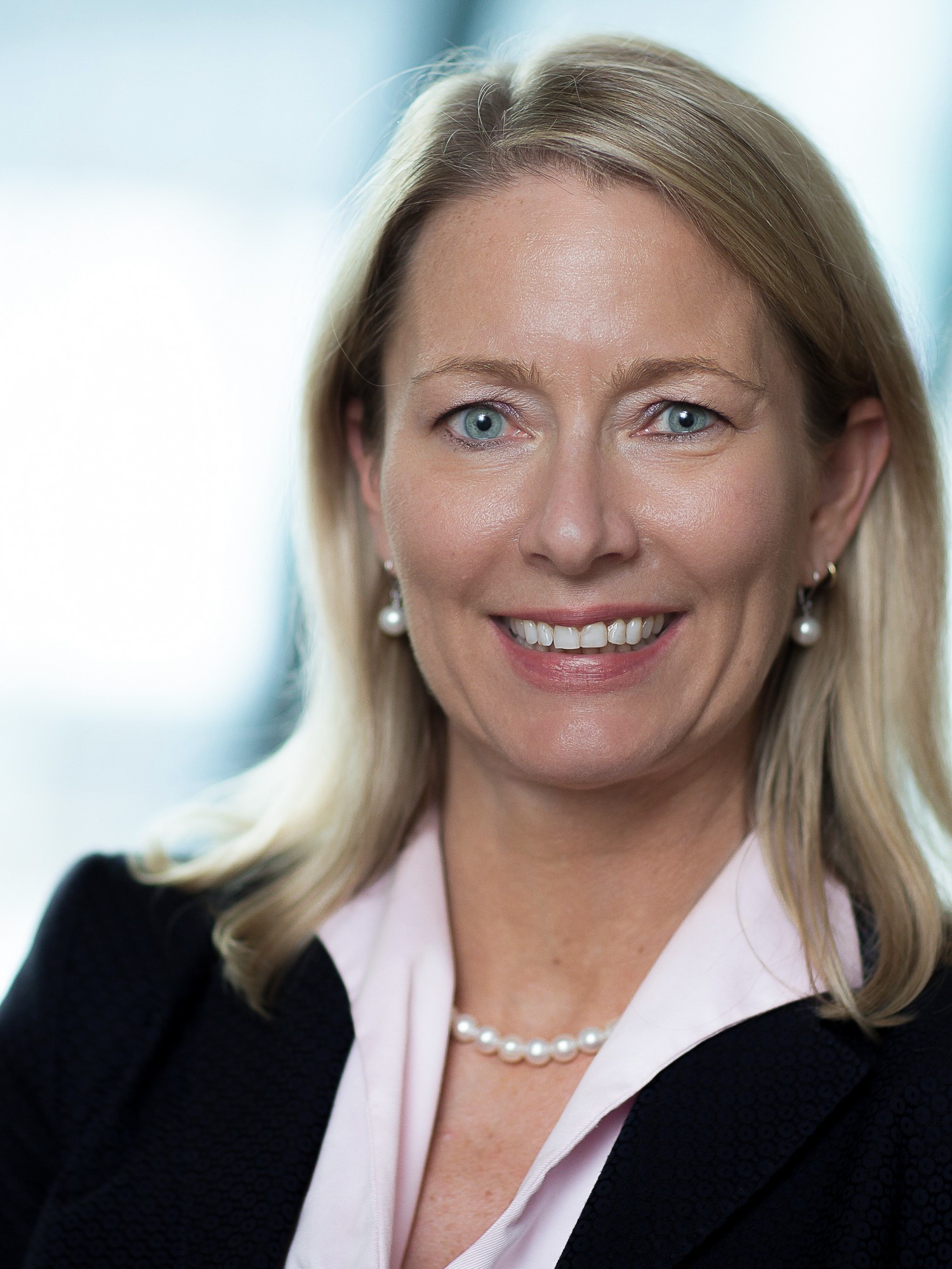
- Tatiana Fraser (The Systems Sanctuary), Vera Strobachova Budway (Organization for Security and Co-operation in Europe, OSCE)
5. March 14:20 to 14:50
Lebensmittelverschwendung und Verpackung - ein Zielkonflikt!?
Wir beschäftigen uns mit der Frage, warum Lebensmittelverschwendung und Plastikverpackungen ein Umweltproblem sind und wie diese beiden Themen zusammenhängen. Danach diskutieren wir was Politik, Wirtschaft und Konsument*innen tun können um Ressourcen zu schonen und Abfall zu vermeiden.
Systems behind "Waste": 30 min. panel discussion
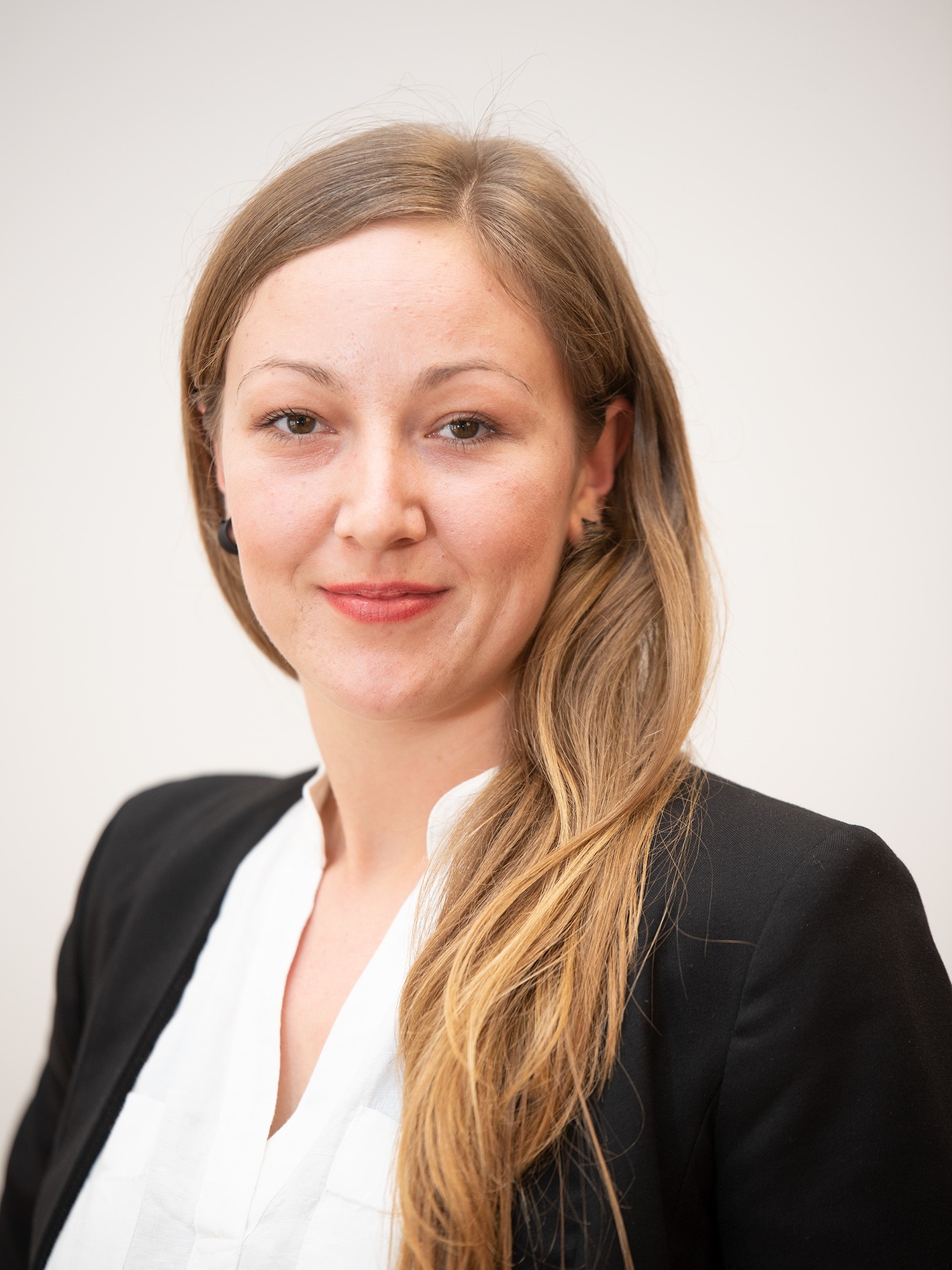
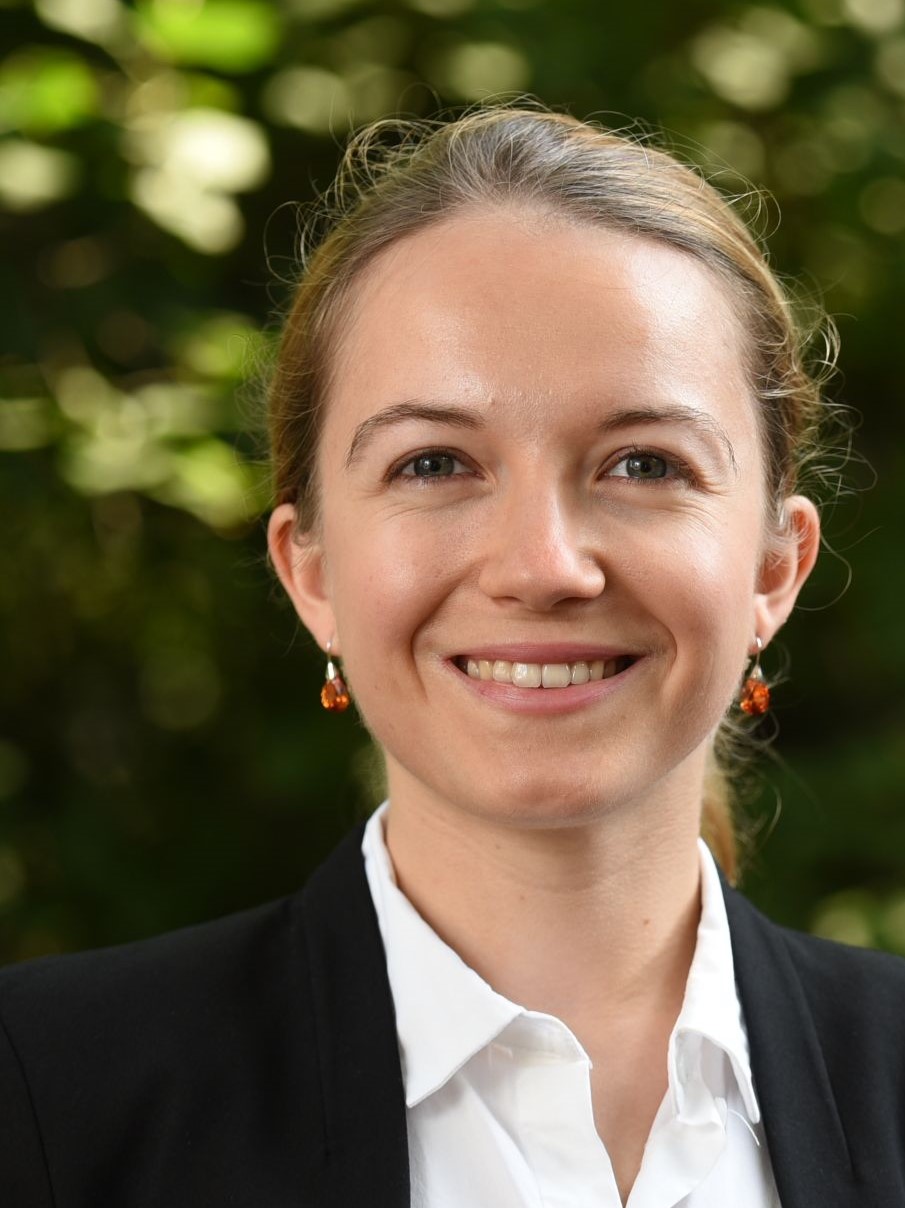
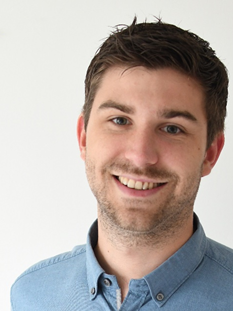
- Elisa Gramlich, Olivia Herzog (WWF Austria), Johannes Mayerhofer (BOKU - Institut für Abfallwirtschaft)
5. March 16:00 to 16:30
"If you got nothing to hide, you got nothing to fear": the role of dangerous narratives in data privacy
In an interview from 2009, Google CEO Schmidt made the following statement: "If you've done nothing wrong, you've got nothing to worry about." So, it doesn't matter who has your data and it doesn't matter what "they" know about you as long as you are just doing everyday stuff, right? Wrong. Corporations and government know a lot about us and in this session we will talk about why an indifferent perception of privacy and surveillance leads to problems that are far outreaching your own private life. In addition, we want to find out if new mental models are needed to end this 24/7 surveillance system and which ones that would be.
Systems behind "Responsible digitalisation": 30 min. panel discussion
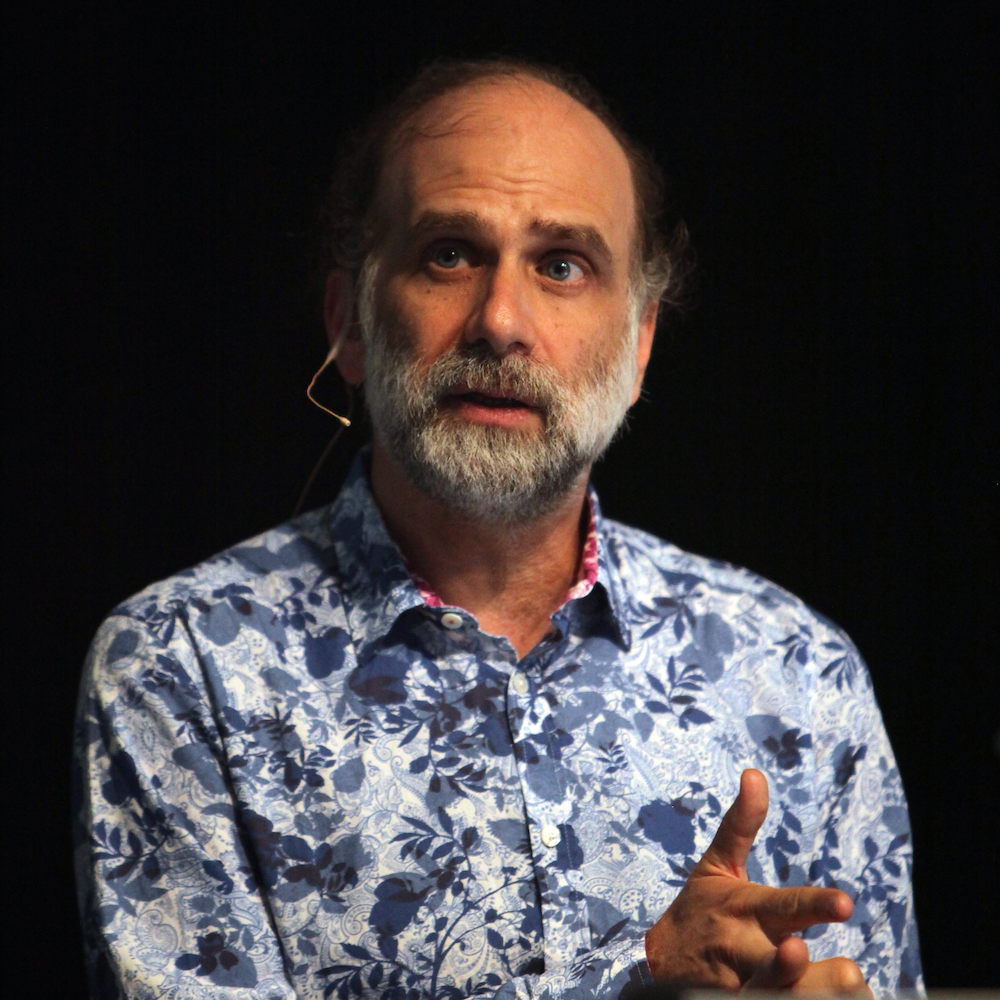
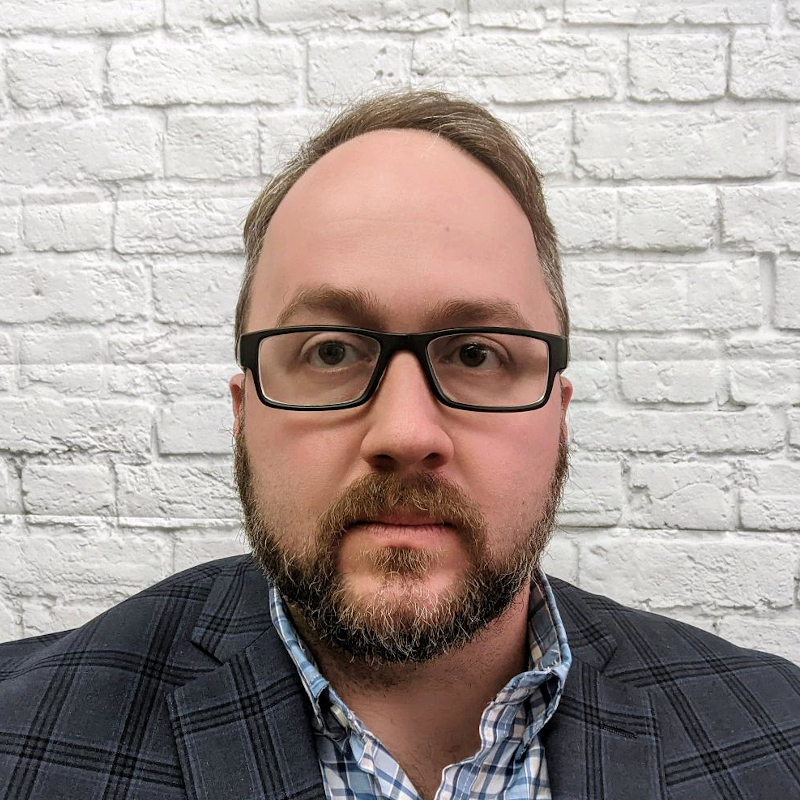

- Bruce Schneier (Harvard University), Sean O'Brien (Yale Privacy Lab), Ala Krinickytė (noyb.eu)
5. March 16:00 to 16:30
Textile management: an interdisciplinary approach
The EU Commission has recognized the great importance of textiles and wants to make the management of this important product stream more sustainable in the coming years. Based on the fact that the textile value chain is long and spread across the globe, an interdisciplinary solution must be found that not only takes technical aspects into account, but also includes economic, social and ethical issues.In this session, different approaches will be presented and discussed.
Systems behind "Waste": 30 min. panel discussion

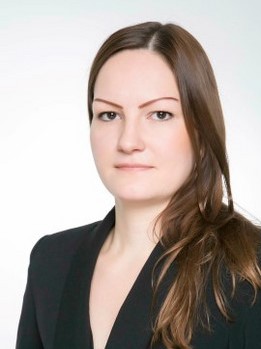
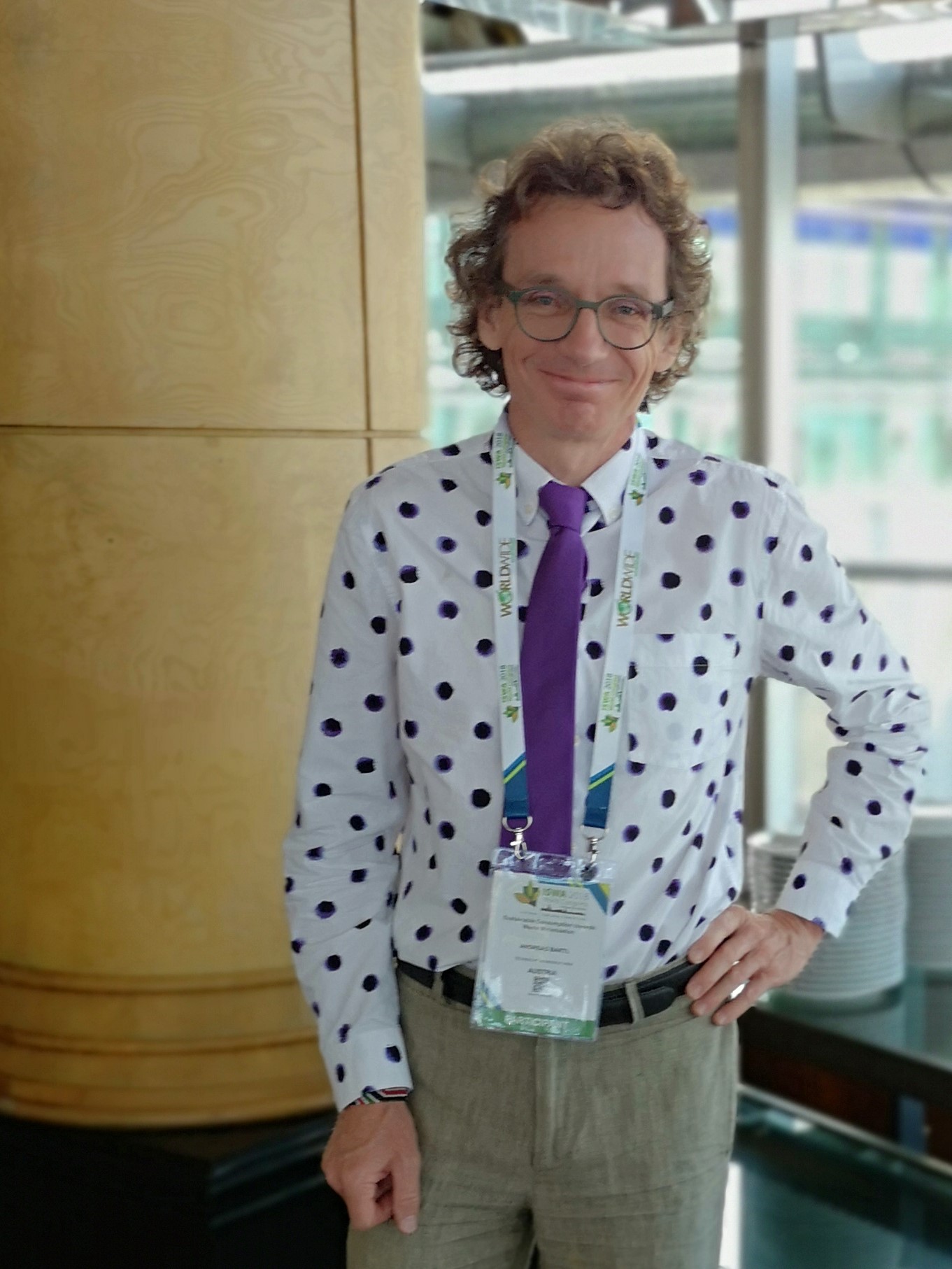
- Valérie Boiten (Ellen MacArthur Foundation), Edith Ipsmiller (Vienna University of Economics and Business), Andreas Bartl (TU Wien)
5. March 16:35 to 17:05
Can Ethical AI exist?
Artificial intelligence and machine learning are tools that are meant to mimic human behaviour and intelligence. Research and progress in this field have been enormous over the last years but a certain question has been ubiquitous: How can we avoid that people are discriminated on the basis of their gender or race by algorithms, for example during job hiring or bail granting processes? In this session, we want to inquire to which extend AI is just a mirror of the issues in society and how deep we need to dig to find leverage points to ensure that also algorithms can display ethical behaviour.
Systems behind "Responsible digitalisation": 30 min. panel discussion
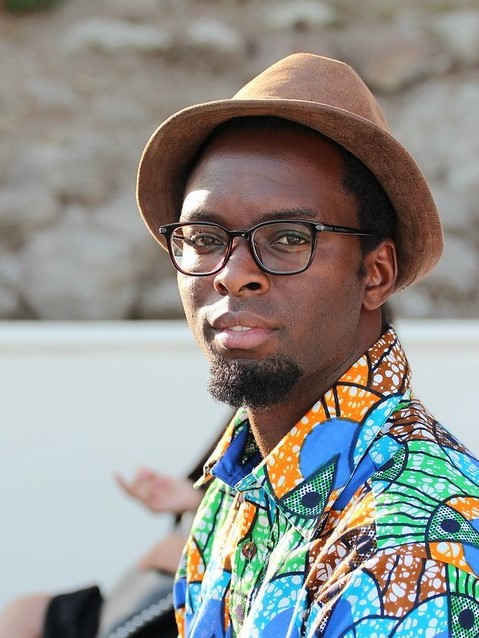
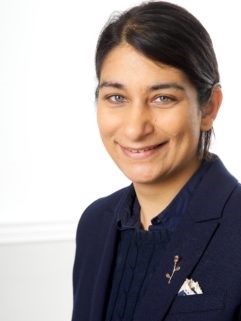
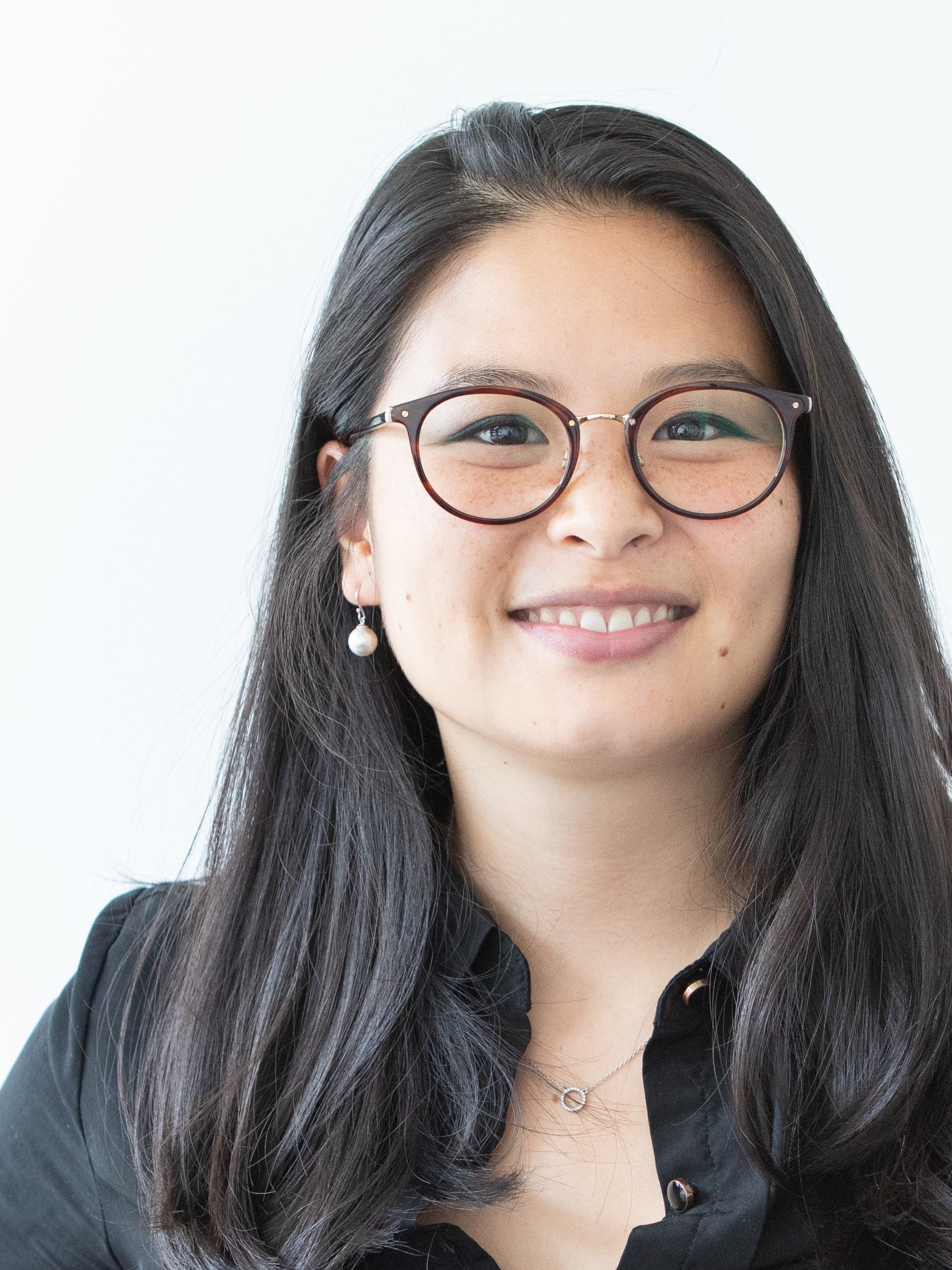
- Sabelo Mhlambi (Harvard Kennedy School), Reema Patel (Ada Lovelace Institute), Yudan Lin (Unexpected Data)
5. March 17:10 to 17:40
Media literacy: Key to navigating social media system dangers to individuals and society
What is media and how have modern media systems become a threat to our society? Media systems today offer tremendous opportunity to share knowledge and connect but also come with grave risks – extortion, radicalization, conspiracy thinking, and threats to democracy. We'll discuss this question and how will media literacy education in schools help solve the problem by creating a populace prepared to face the challenges of a future of advanced communications technology. We will also talk about what can you do immediately to make change.
Systems behind "Responsible Digitalisation": 30 min. panel discussion
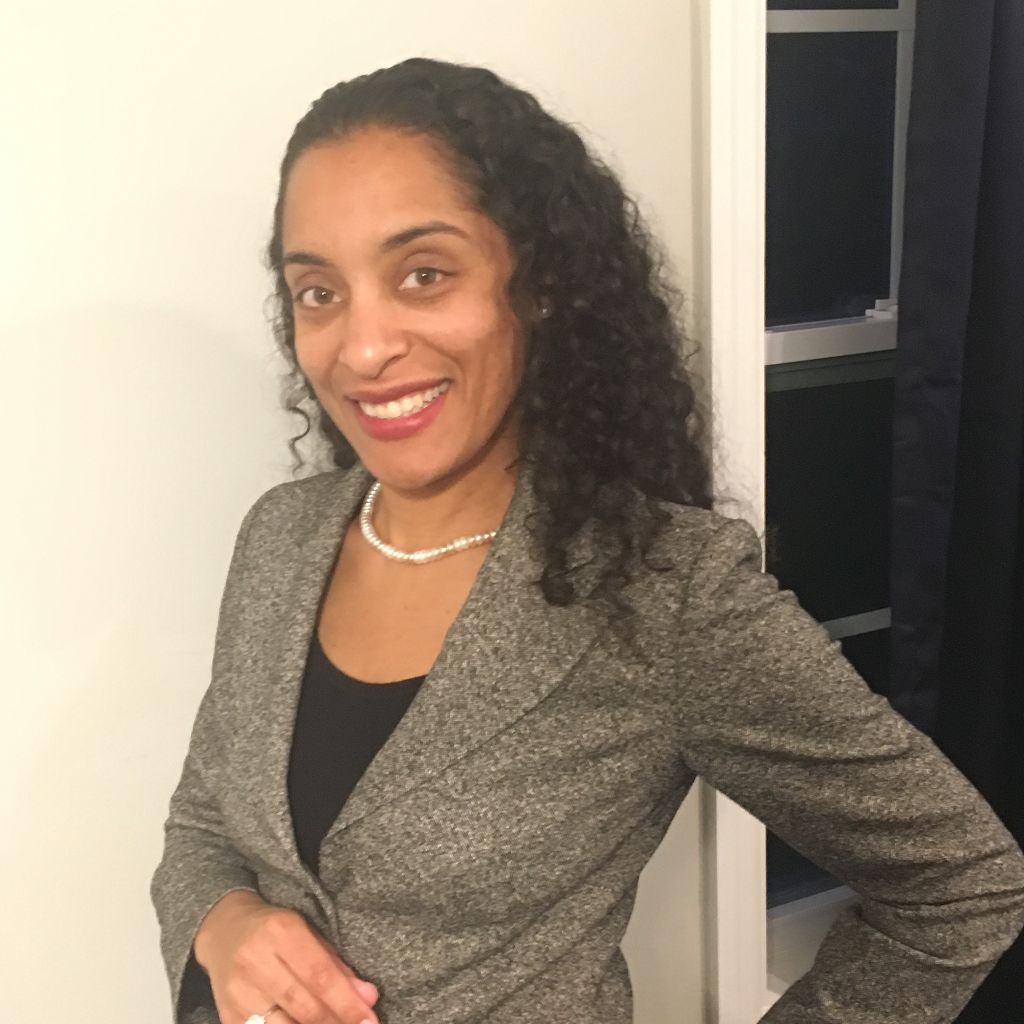
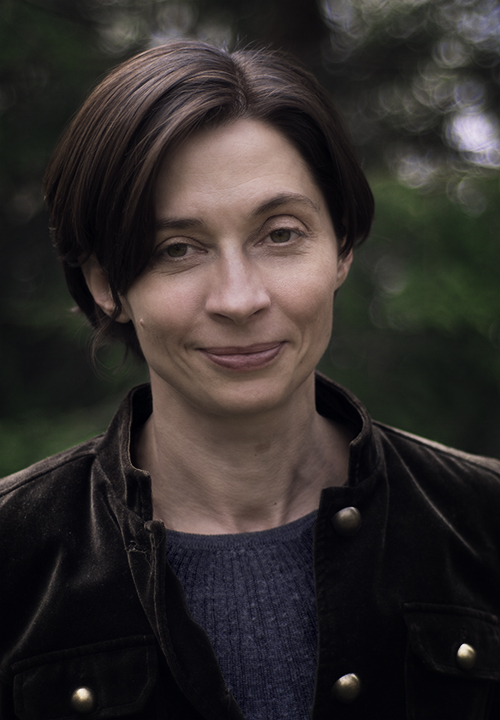
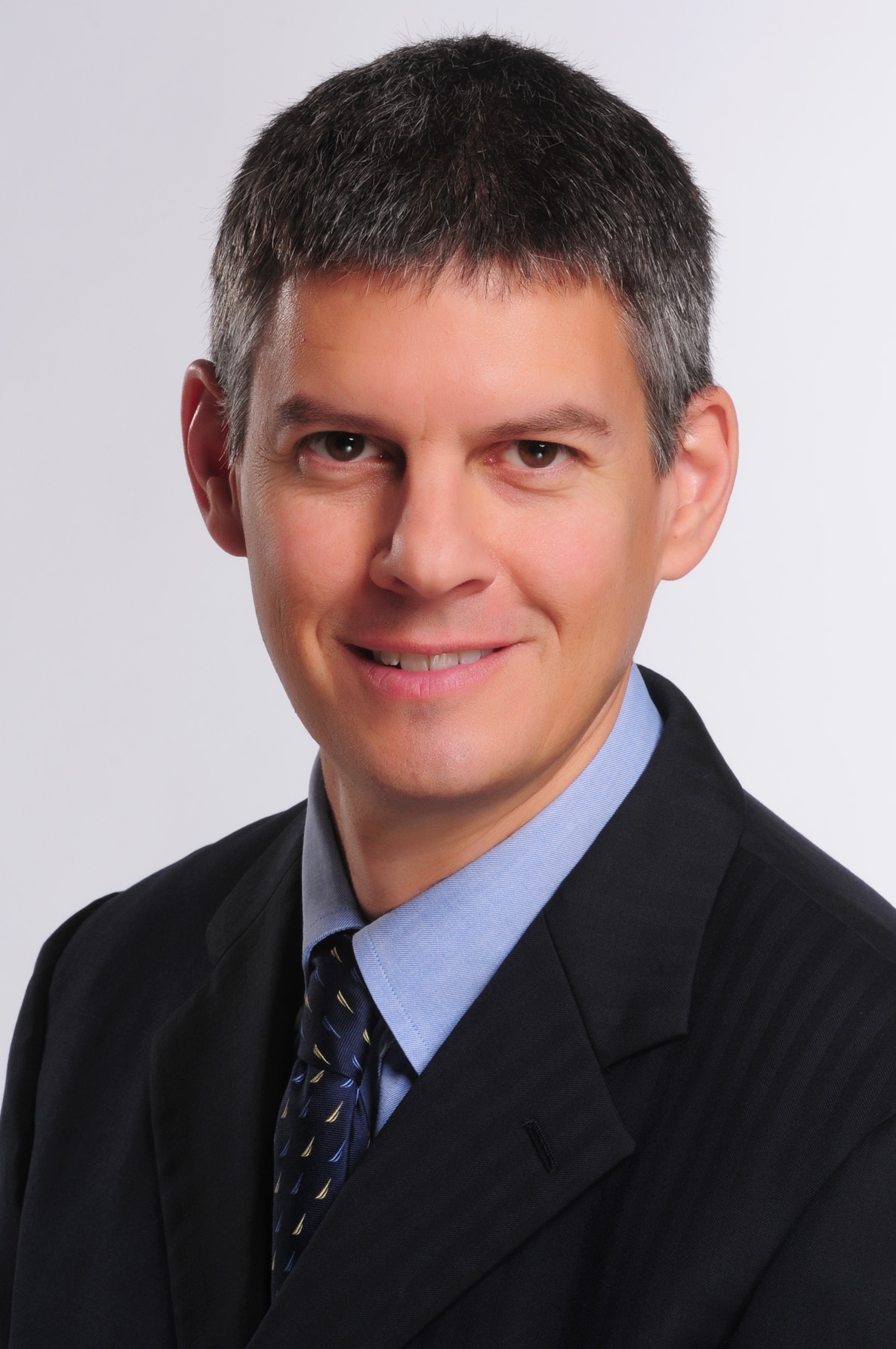
- Jamila McCoy (Media Literacy Now), Scott Mortman (Cyabra Strategy Ltd.), Erin McNeill (Media Literacy Now)
6. March 10:45 to 12:15
Das System hinter Lebensmittelverschwendung
Ein Drittel aller weltweit produzierten Lebensmittel landet im Müll. In einem durchschnittlichen österreichischen Haushalt sind das Lebensmittel im Wert von € 400,-jährlich. Supermärkte werfen Produkte vor Ablauf des Mindesthaltbarkeitsdatums weg. Landwirte finden für optisch nicht perfekte Erdäpfel keine Abnehmer. Im online Workshop „Food Waste“ gehen wir dieser immensen Ressourcenverschwendung auf den Grund. Inhalte: Warum entsteht Food Waste überhaupt? Welche Folgen hat diese Verschwendung? Wie kann ich selbst gegen Foodwaste aktiv werden?
Systems behind "Waste": 75 min. Workshop
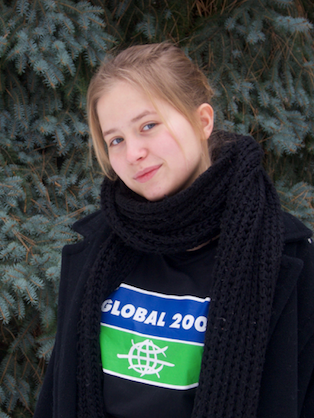
- Julia Schinko (GLOBAL 2000)
5. March 10:35 to 11:05
From grassroots to government: How we make policy changed
Taiwan has been making headlines lately, and for a good reason. From being one of the greatest success stories in handling COVID-19 to advancing gender equality, where it now ranks sixth globally, Taiwan has fast become a beacon of light for social innovation in a dynamic world. In this panel "From grassroots to government: How we make policy changed", Cecilia Lee (expert on gender equality at Taiwan-Asia Exchange Foundation), Shu Yang Lin (co-founder of PDIS.tw), and Yahsin Huang (founder of the RadicalxChange Taipei chapter) will share tales about how civil society engaged in making and changing policies to create a flourishing Taiwanese democracy.
Session on "Social innovation": 30 min. panel discussion

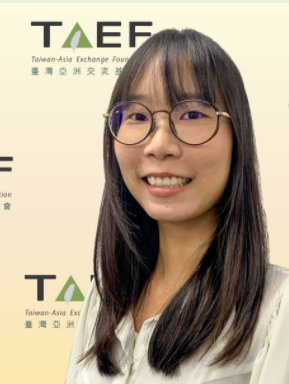
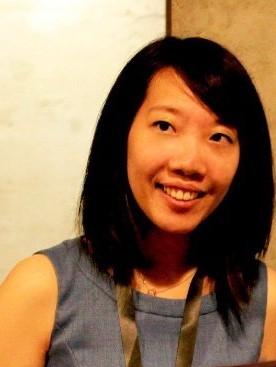
- Shu Yang Lin (PDIS.tw), Cecilia Hsin-Chi Lee ( Taiwan-Asia Exchange Foundation), Yahsin Huang (RadicalxChange Taipei Chapter and Operations Manager at HashCloak)
5. March 11:10 to 11:40
How to exist in two worlds: Challenges of the hybrid nature of social entrepreneurship
While social entrepreneurship as a business concept may sound contradictory, it is an innovative way to use resources and people to create social and enviromental change. However, keeping the the balance between both financial and social goals is difficult in theory and practice and comes with a multitude of roadblocks. In this session, Sue Riddlestone OBE, Skoll, Schwab and Ashoka award-winning social entrepreneur and Agnieszka Żur, Director of Executive MBA programme at Cracow School of Business will talk about the challenges and options for social businesses to bridge the gap between being part of a capitalistic economy and their work to change the world.
Session on "Social entrepreneurship": 30 min. panel discussion
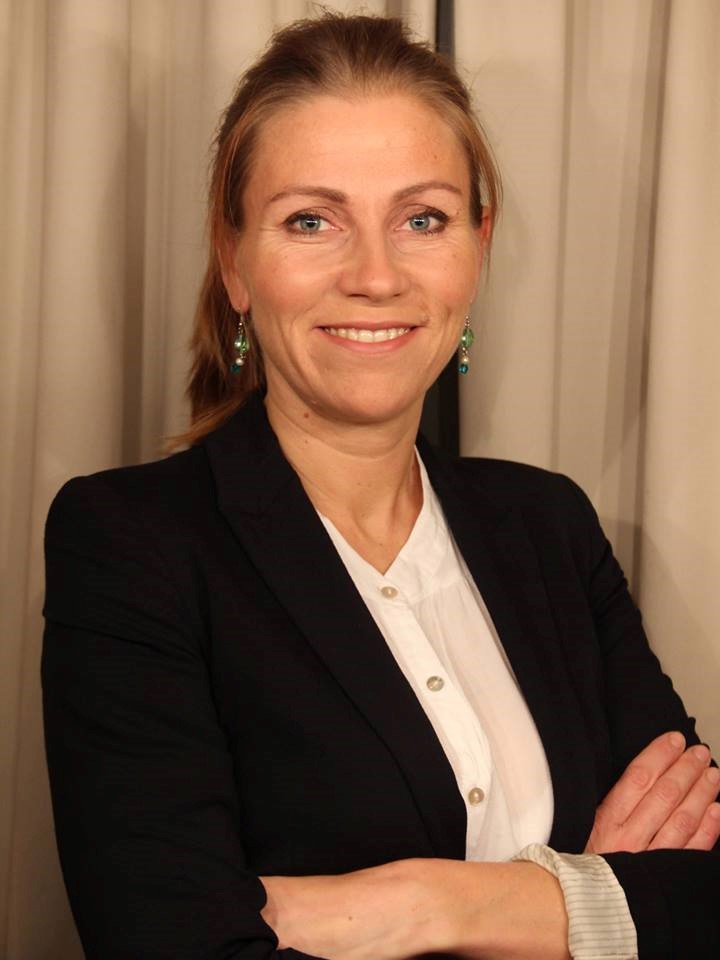
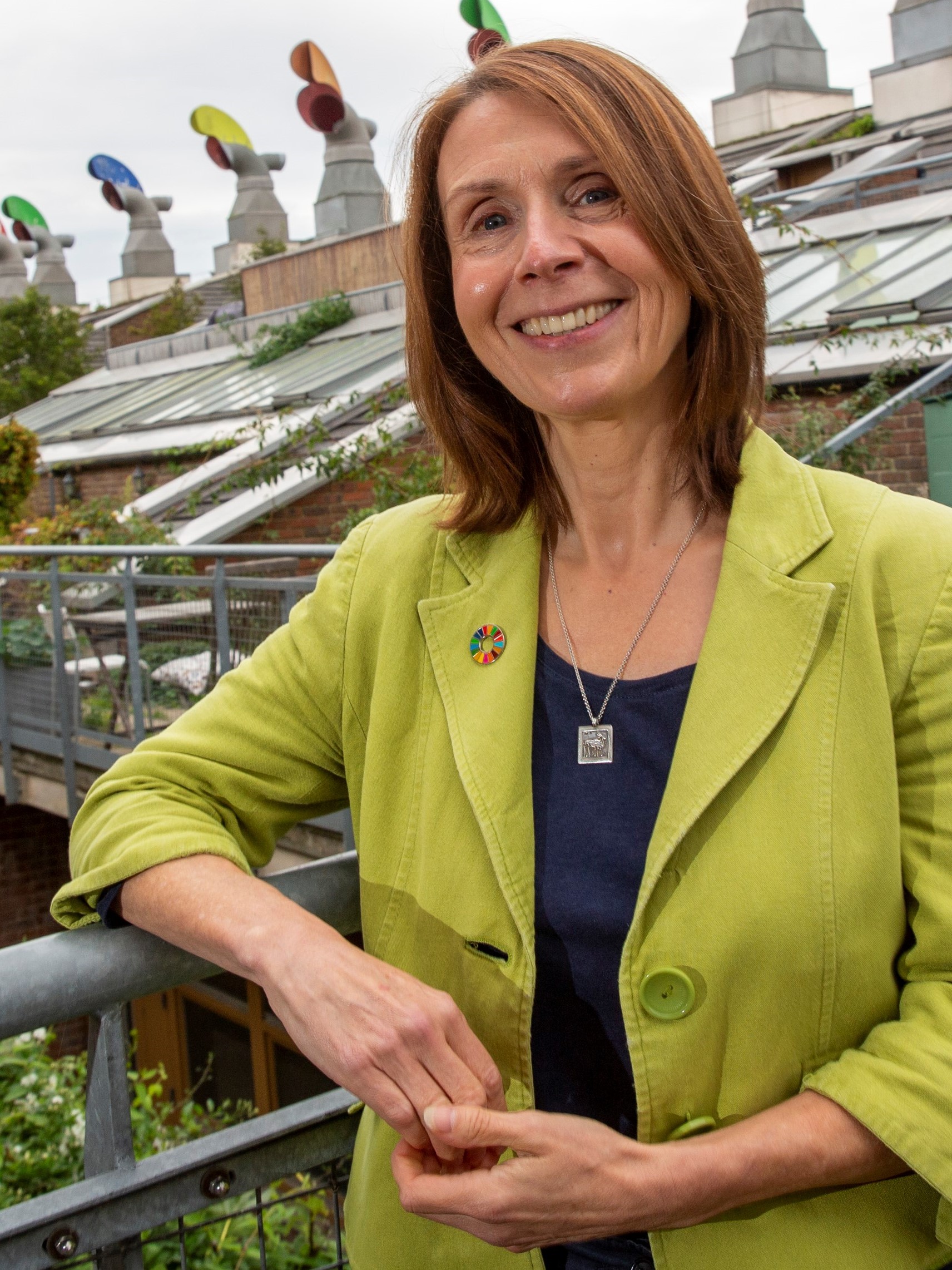
- Agnieszka Żur (Cracow University of Economics), Sue Riddlestone (Bioregional)
5. March 11:10 to 11:40
The three superpowers you need to know to change systems (hosted by Bertalanffy Center for the Study of Systems Sciences)
Can you actually change a system or is this just a quote widely used by politicians and activists? In case you know how to apply these three superpowers your chances are getting quite high. But be aware, like in any well written movie, the system will always strike back. In this session we will reveal systems essentials and the opportunity to change our perceptions with the joined forces of systems scientists and artists.
Session on "Systems thinking": 30 min. panel discussion
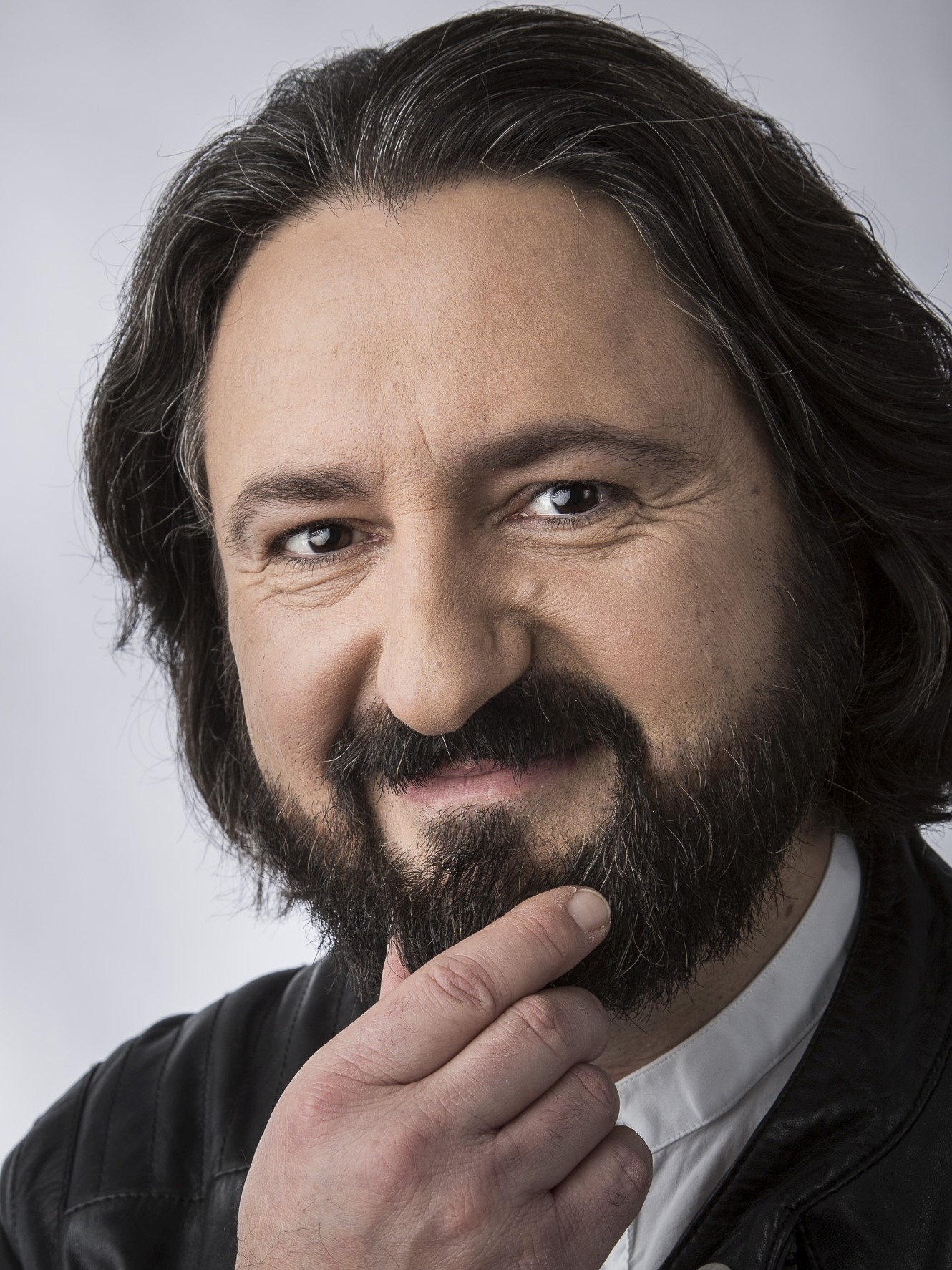
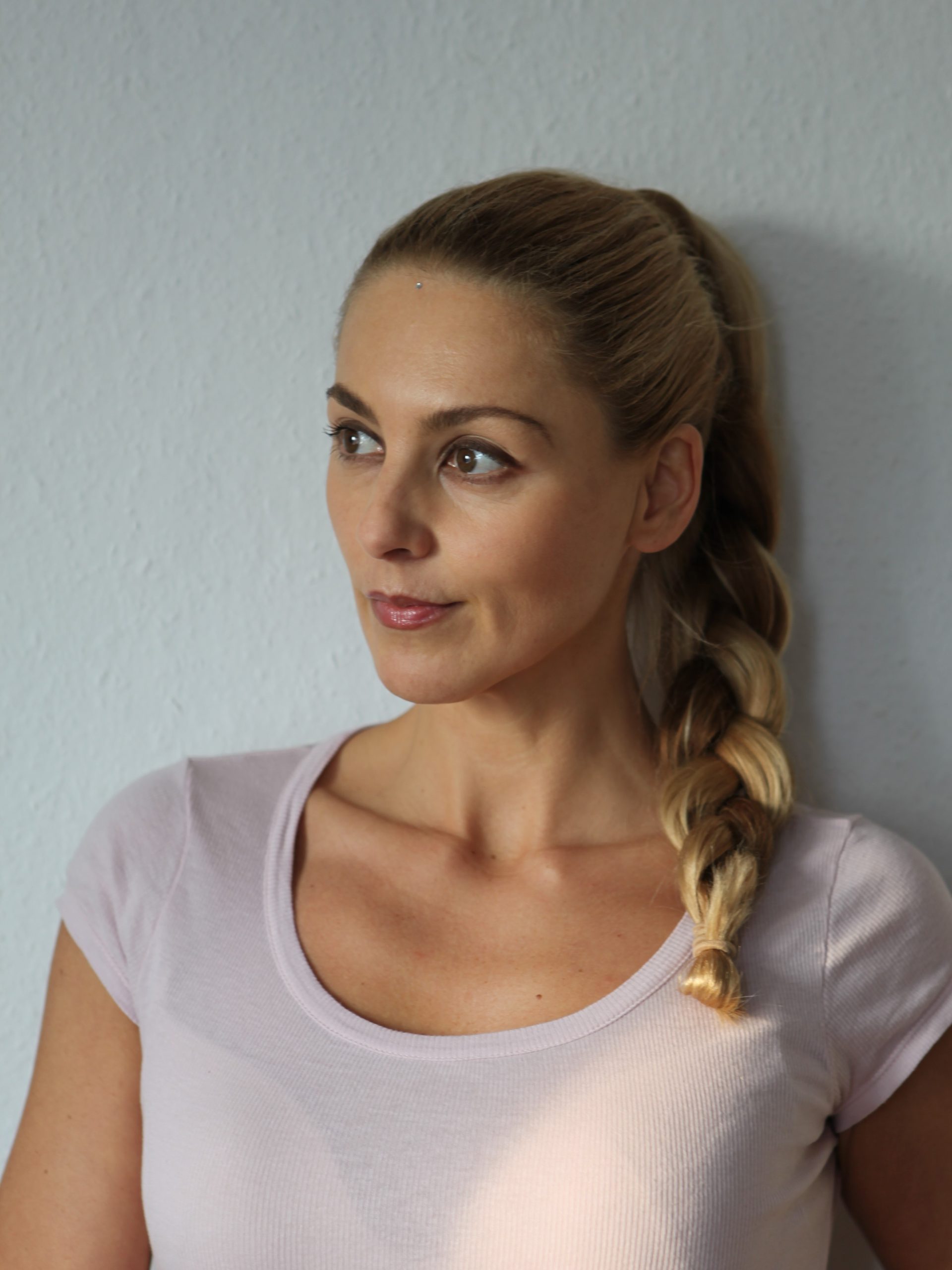

- Stefan Blachfellner (Bertalanffy Center for the Study of Systems Sciences), Jeanette Müller (TRUSTROOM & MUELLER-DIVJAK), Okan McAllister (ONE DAY)
5. March 11:45 to 12:15
#Ecocivilisation – the next shared destination
A new civilisation is around the corner. It is coming from within. More and more of us are feeling it, sensing it, acting upon our inner calling. We know that it is time to live differently. To be more connected to the living world around us. Every being, society, space, consciousness, or relationship has a unique path of evolutionary development, its own behavior, purpose, and its own dreams. They are all deeply interconnected through interdependence. It’s high time to redefine and rework the way we live. Ecocivilisation is a growing movement and its only constant is change, acknowledging those individuals, teams, communities, projects that inspired Ecocivilisation in Action. We dive into specific topics and go from ideas into action. What is already happening, what can we do and how to do it, who to connect with and where to continue the threat.
Session on "Systems thinking": 30 min. panel discussion
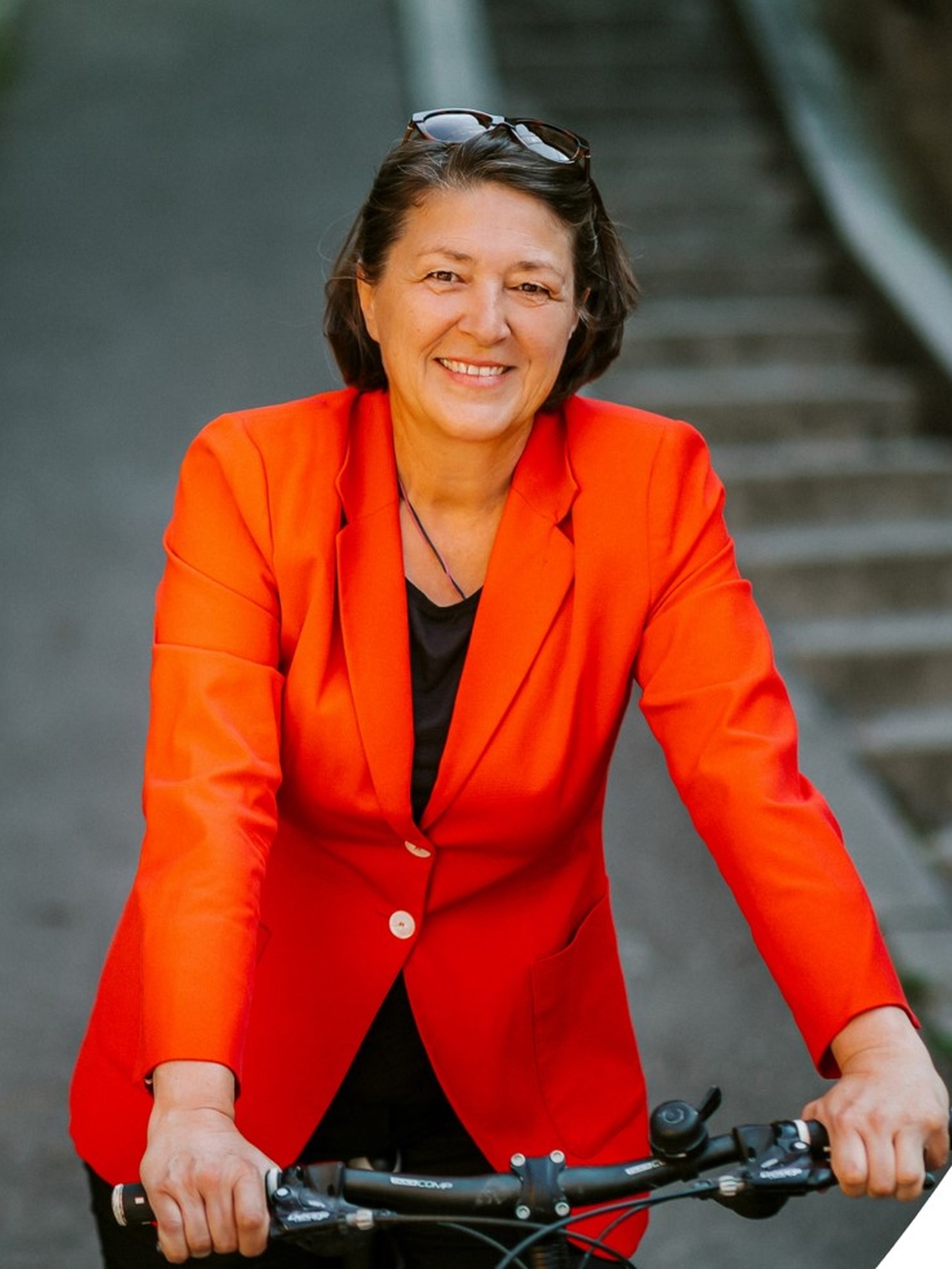

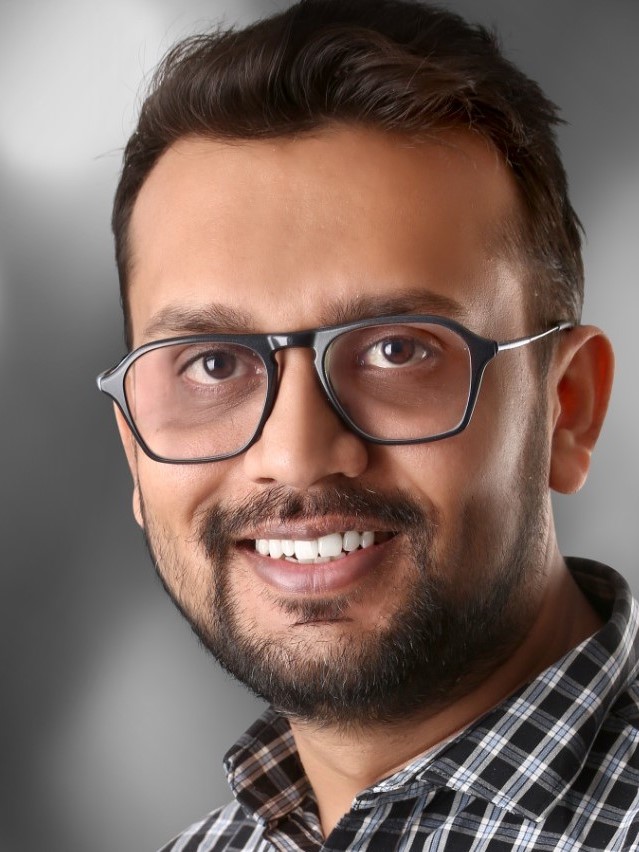
- Violeta Bulc (Former Deputy Prime Minister of Republic of Slovenia 2004), Stefan Blachfellner (Bertalanffy Center for the Study of System Sciences), Chenesai Mukora-Mangoma (Chenesai Africa), Jatin Kataria (InMeSta & We Group)
5. March 13:45 to 14:15
How exactly could we invest in systems change?
Systemic changes are difficult to measure and highly misunderstood. This makes investment in systems change even more difficult. There have been many different ways that we’ve tried to invest in systems change. The main challenge we keep coming back to is the increasing complexity of the systems we want to change, which brings an increased uncertainty. So, planning is not enough. However, there is a new proposed way that addresses all these challenges and that is exactly what we are going to discuss in this session. How could we invest in systems change? Tune in to find out.
Session on "Systems thinking": 30 min. panel discussion
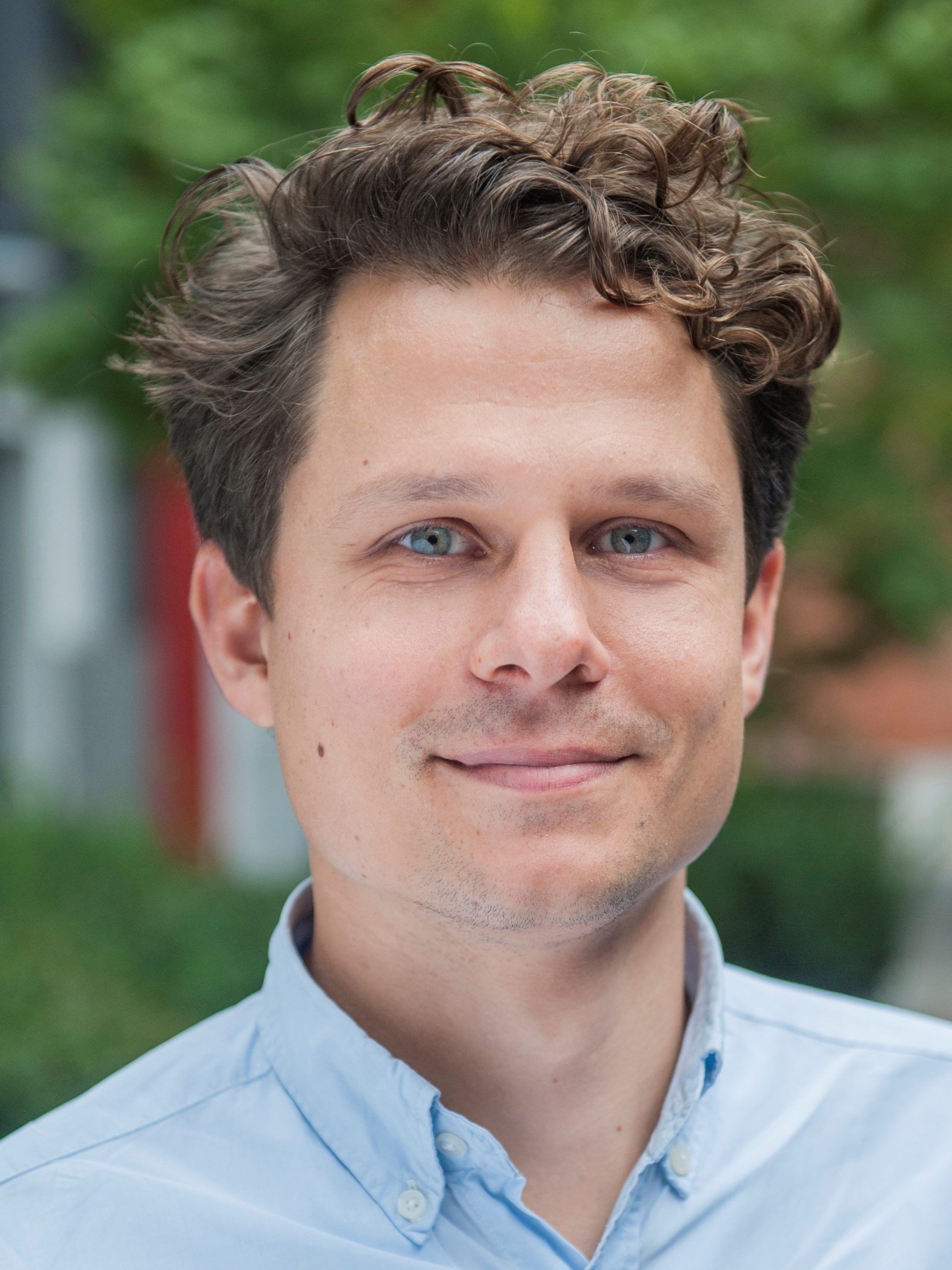
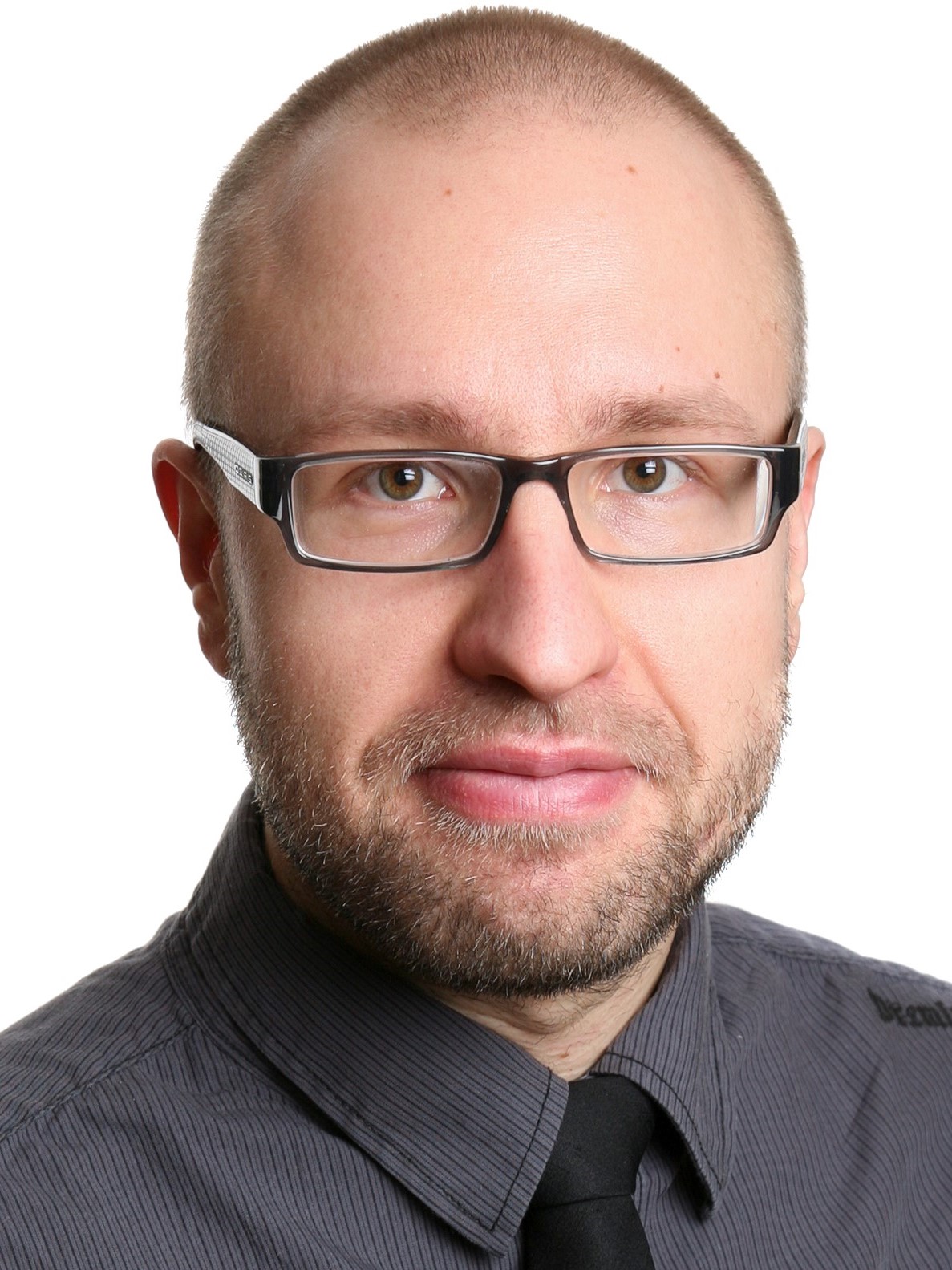
- Dominic Hofstetter (EIT Climate-KIC), Mikael Seppälä (Systems Change Finland)
5. March 14:20 to 14:55
Using systems thinking to address climate change in cities
Deep Demonstration is a programme by EIT Climate KIC that uses an innovative approach to deal with the challenges brought to society and the environment by climate change. In this session, Luise Fischer, co-lead of Deep Demonstration Vienna and Charlotte May from Deep Demonstration Madrid will share their experiences to use systems thinking in different cities across Europe. They will tell about working together with mayors, government ministries, industries and community leaders to further a transformation that leads us to carbon neutrality and a more sustainable society. Can systems thinking applied in cities provide us with a method to address climate change that is fast and radical enough, considering how pressing the climate issue is?
Session on "Systems thinking": 30 min. panel discussion
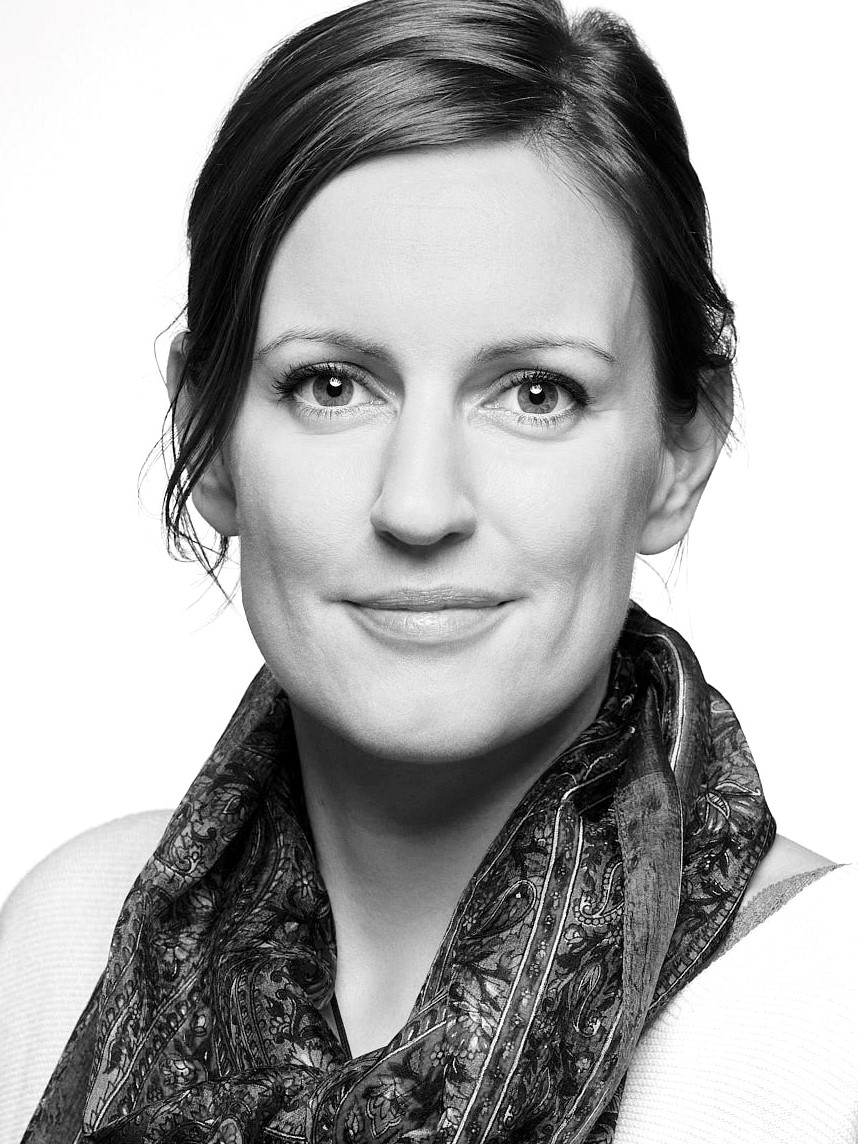

- Luise Fischer and Charlotte May (EIT Climate-KIC)
5. March 14:55 to 15:25
Funding social innovation for system change - insights from Ashoka
Ashoka identifies and supports the world's leading social entrepreneurs, learns from the patterns in their innovations, and mobilizes a global community that embraces these new frameworks to build an "everyone a changemaker" world. In this session, we dive into why we are still not systemically tackling the biggest challenges of our time and why we need to fundamentally change, how we fund social innovations. For the panel we welcome Raphaela Toncic-Sorinj, Co-Country-Director of Ashoka Austria, and Odin Mühlenbein, partner at Ashoka Germany and head of the Ashoka systems unit.
Session on "Social entrepreneurship": 30 min. panel discussion
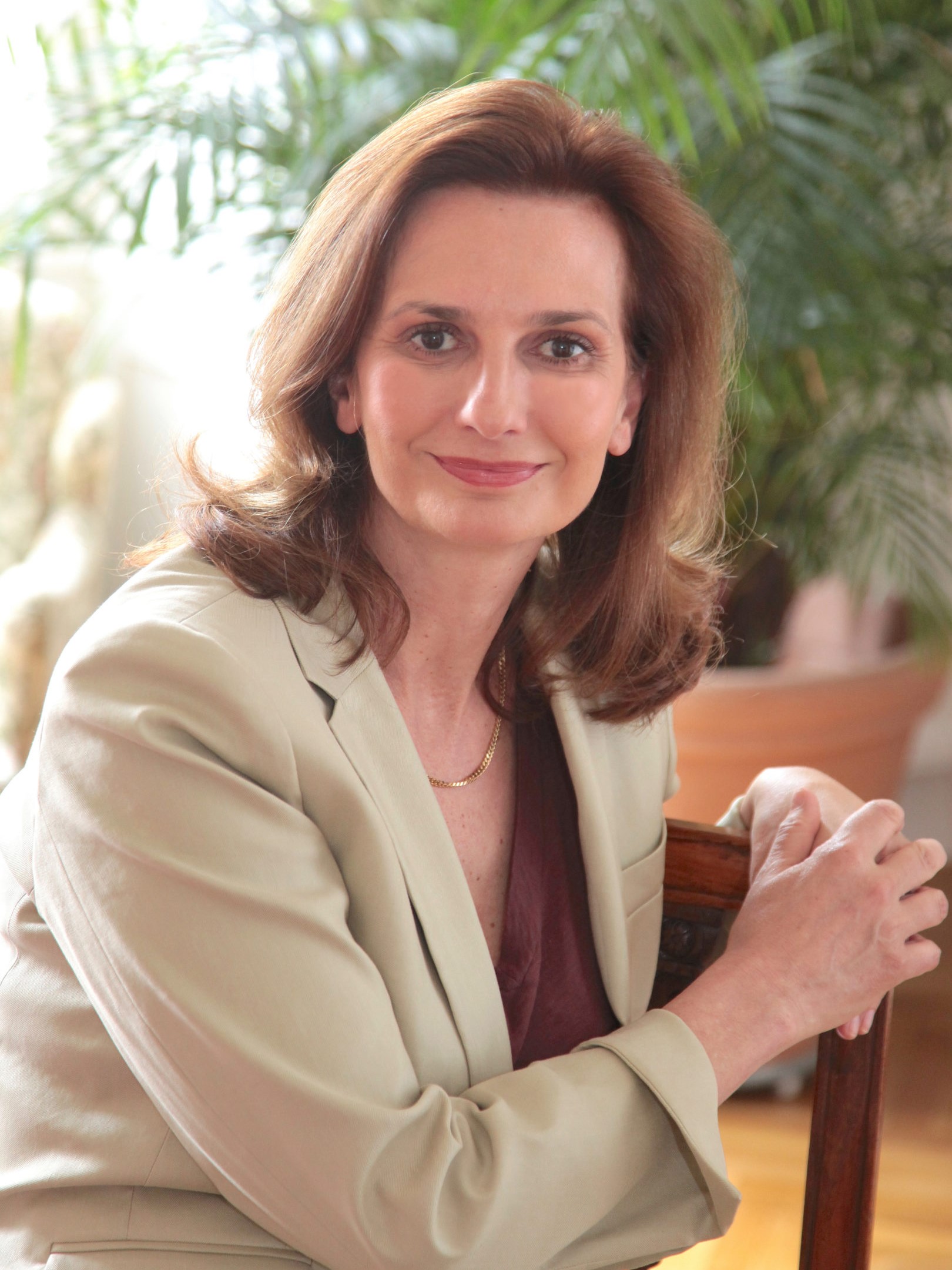
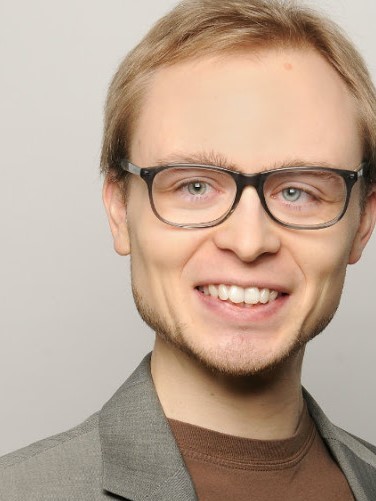
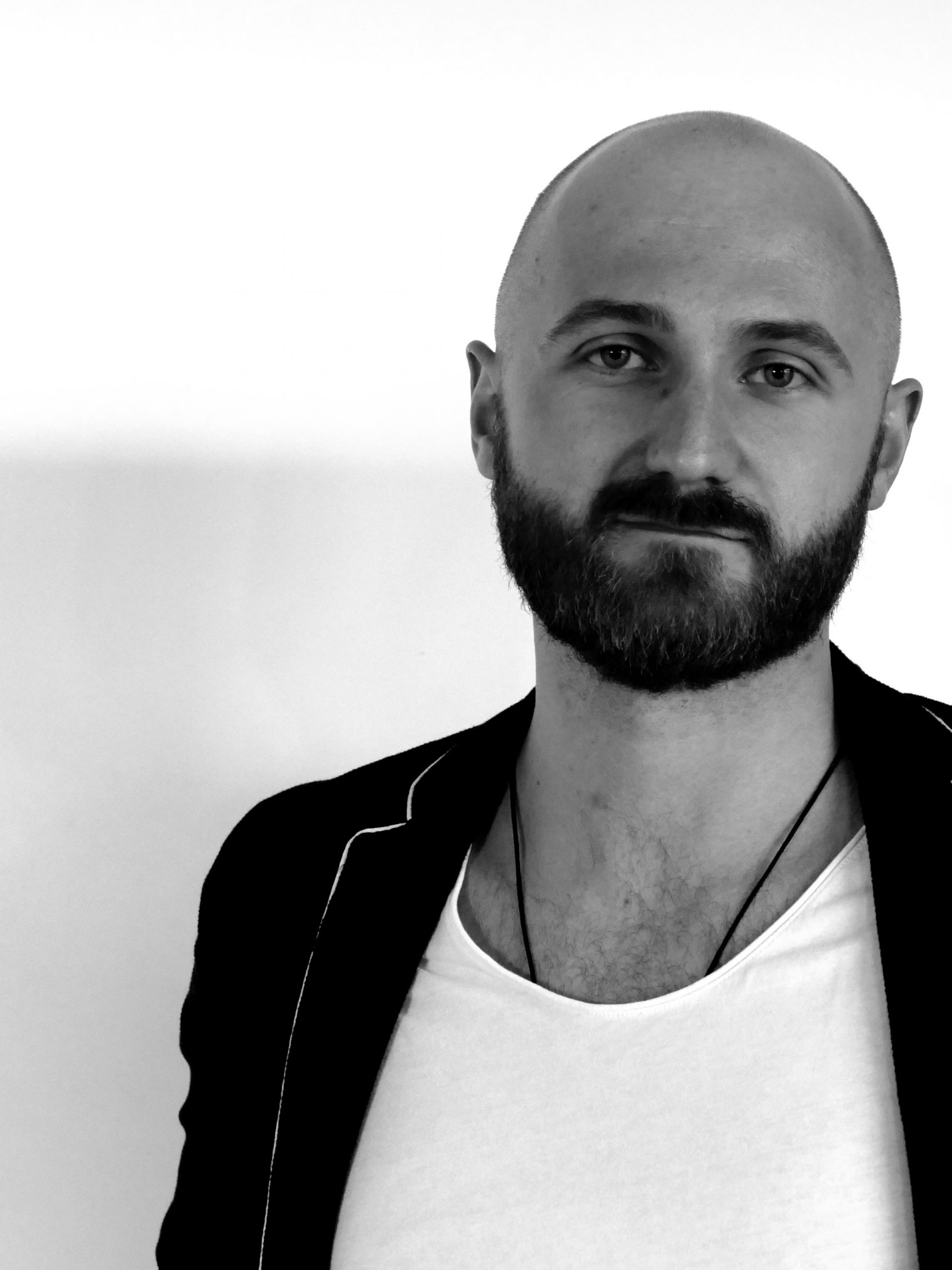
- Raphaela Tončić-Sorinj, Odin Mühlenbein, Michael Hagemüller (Ashoka)
5. March 16:35 to 17:05
Why we need to talk about utopia today
Utopian thinking has a bad reputation as being too unrealistic and idealistic. But dystopian thinking has led us straight into dystopia. Having serious conversations around what an ideal world would look like not only allows us to align our vision on what that world could be, it also allows us to agree on the next best small steps to get there. In this conversation, Fred Dust, author of Making Conversation, will be joined by an expert on Futures Literacy to discuss how we can best create a language for the future that is guided by a utopian vision but grounded in practicality and realism. The two speakers in dialogue will explore the tensions between the deep systemic problems of our present and the need to harbor optimism for our future, and how we might reconcile these tensions.
Session on "Systems thinking": 30 min. panel discussion
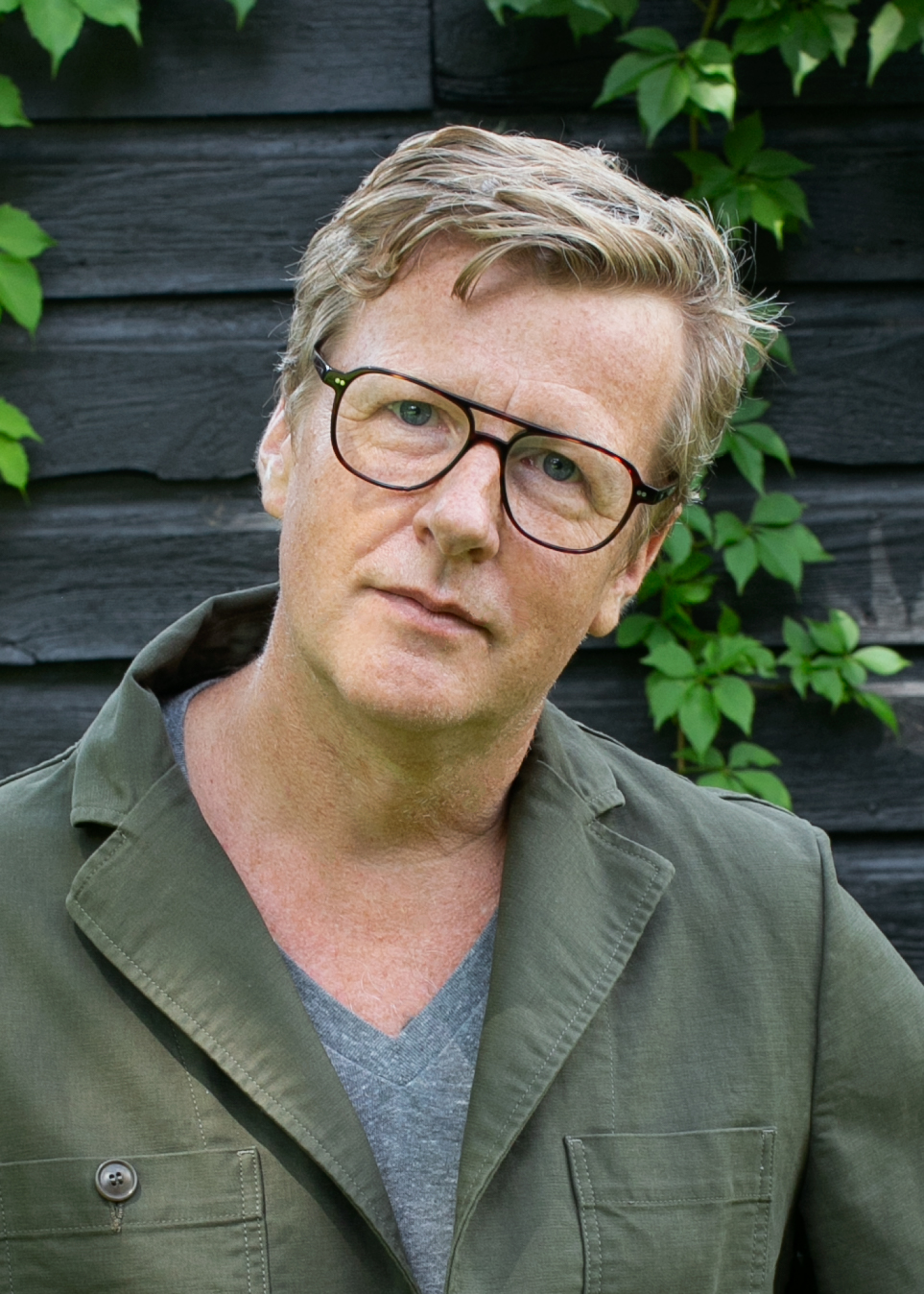
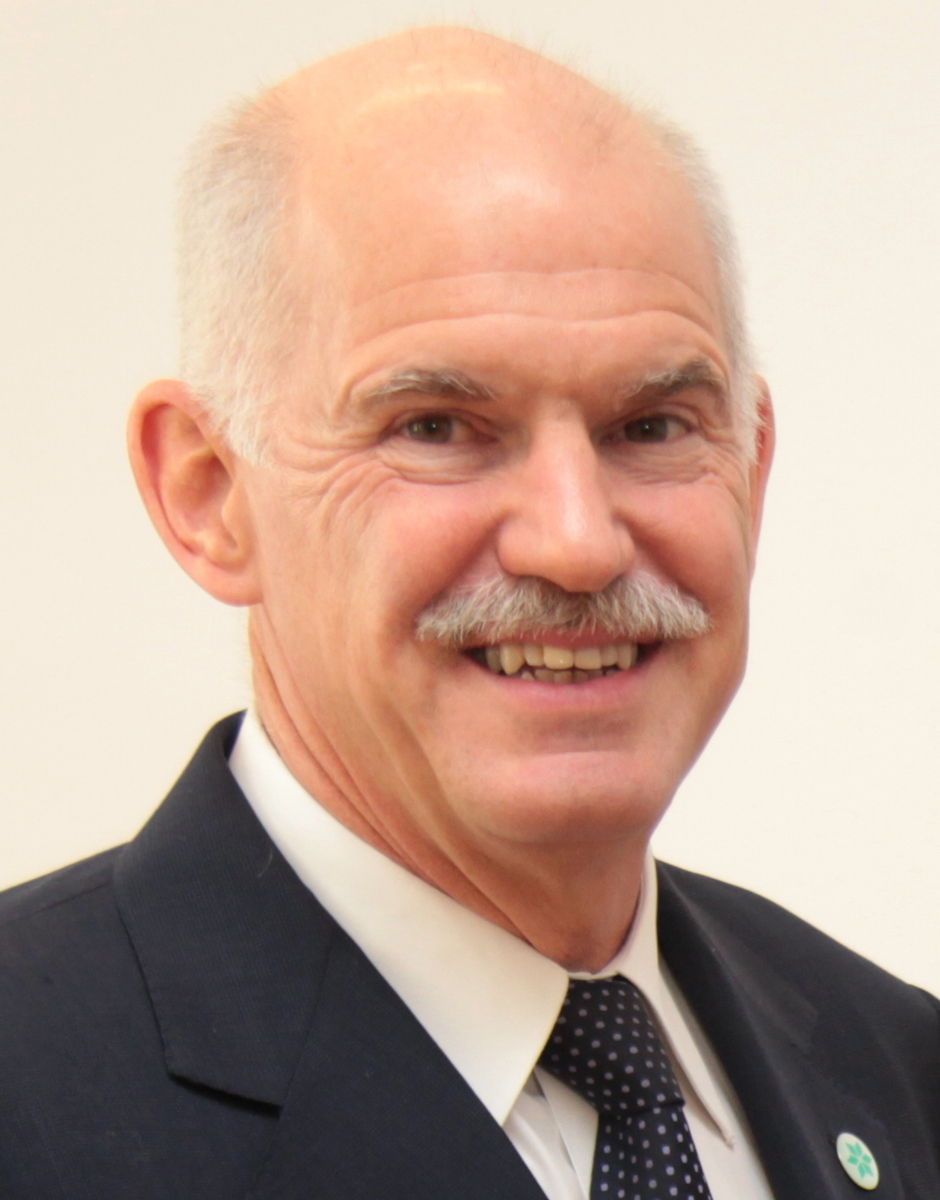
- Fred Dust (founder of IDEO.org, Making Conversation), George Papandreou (former Prime Minister of Greece)
5. March 16:35 to 17:05
Why solutions to inequality and the climate crisis are linked
All over the planet, people long for solutions that will stabilise Earth’s climate and eliminate social inequalities as quickly as possible. However, there simply are no instantaneous ‘magic bullet’ solutions to these complex problems. The problems are complex because there are interactions between the many parts of the system. It is impossible to change some parts without also affecting others, sometimes in unexpected ways. It is essential to consider this when trying to steer the system towards the future we want. In this session, we will focus on interactions between two complex challenges that affect our everyday lives—inequality and sustainability—and consider what the science of complex systems tells us about how to deal with them, together.
Session on "Systems thinking": 30 min. panel discussion
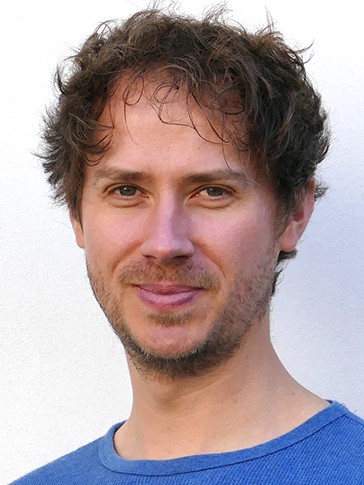
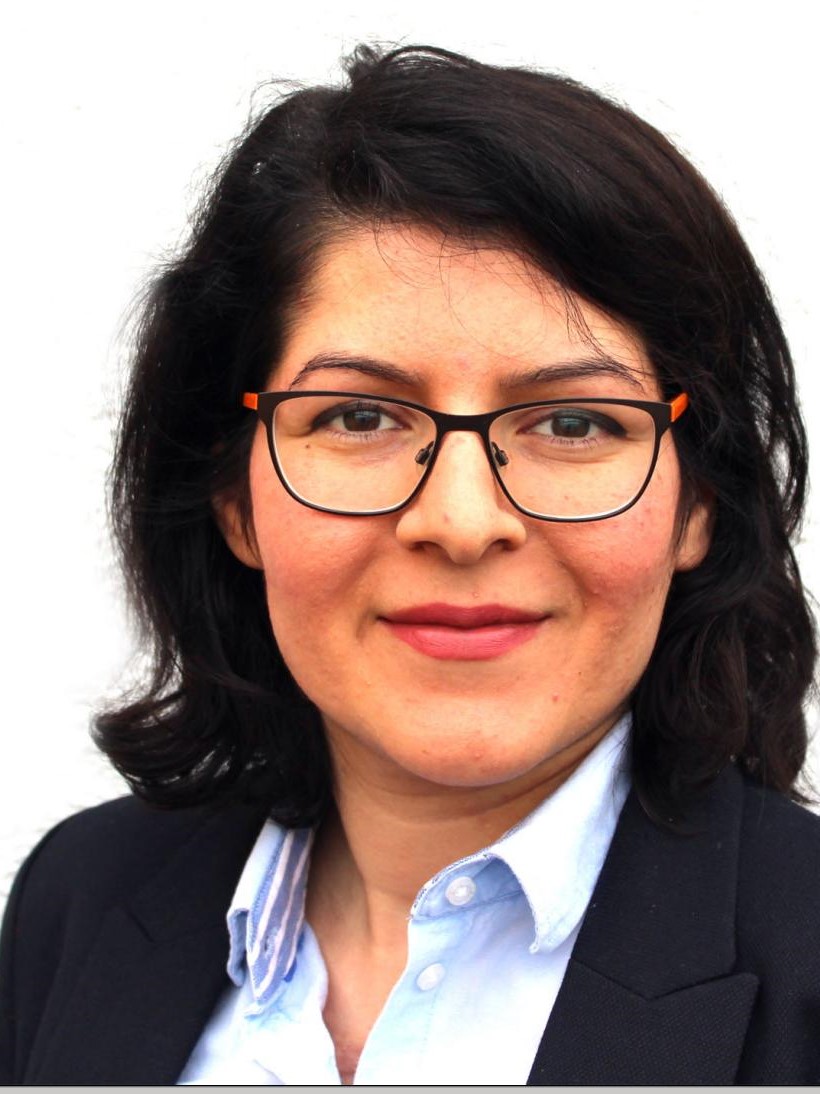
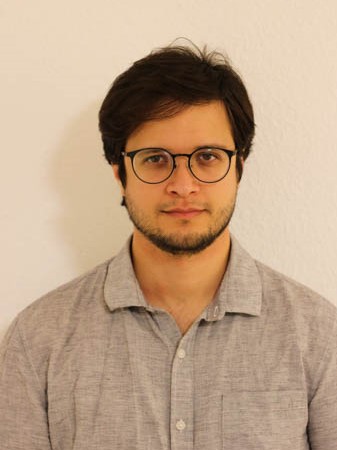
- Andrew Ringsmuth, Fariba Karimi (Complexity Science Hub Vienna), Marcos Oliveira (University of Exeter, UK and GESIS, Germany)
5. March 17:10 to 17:40
Did we degrade social entrepreneurship?
Unfortunately, social entrepreneurship is not always social entrepreneurship. If social businesses end up hurting each other by competition and trying to out-perform other social businesses, the only result will be a reinforcement of the current economic system. To have a positive impact on societal and environmental systems, we need more than a simple product or business model. In this session Daniela Papi-Thornton and Alex Ryan will map out why we need social innovation and thinking in systems as a basis to unlock the system changing power of social entrepreneurship that it is supposed to have.
Session on "Social entrepreneurship": 30 min. panel discussion
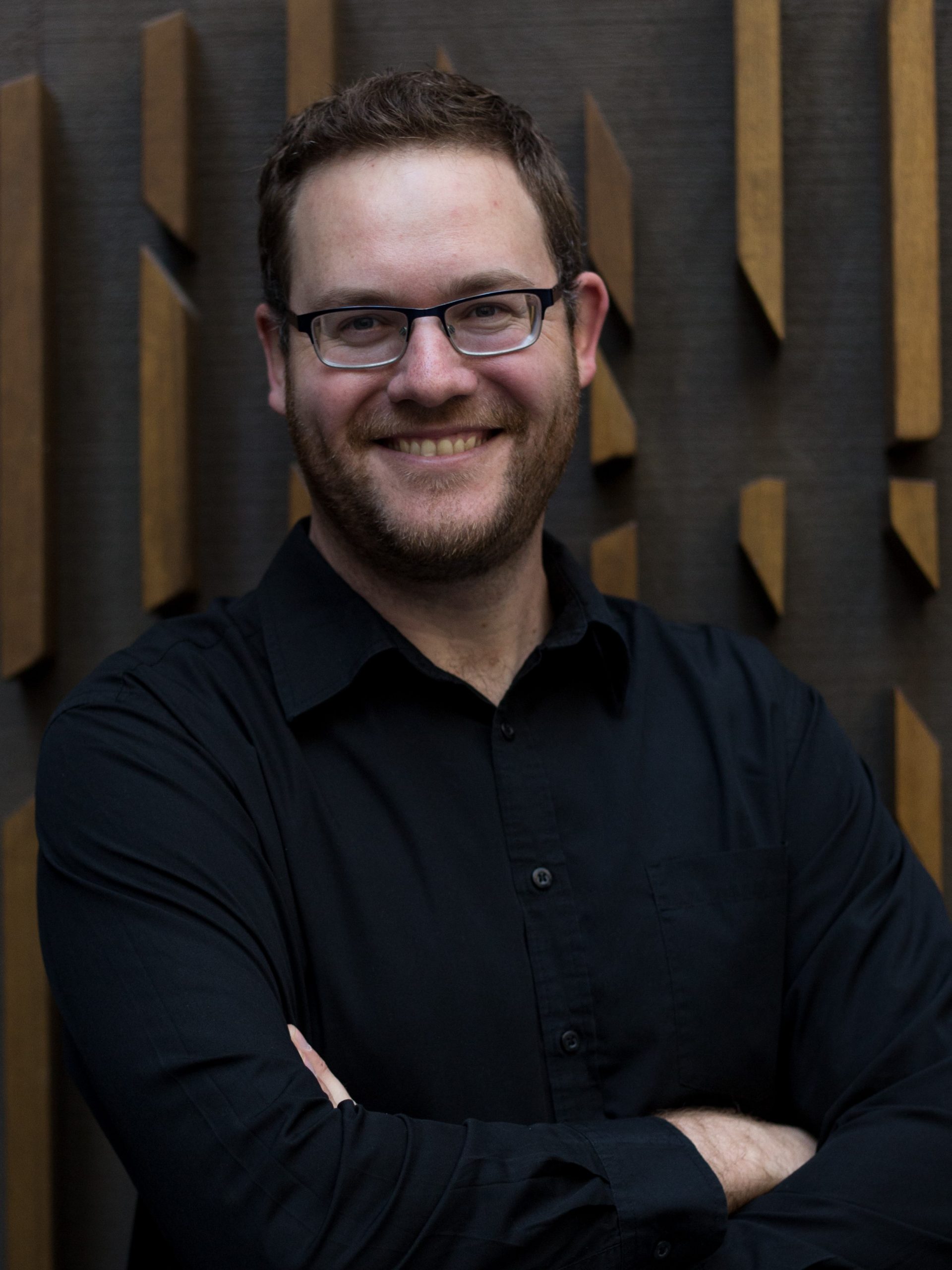
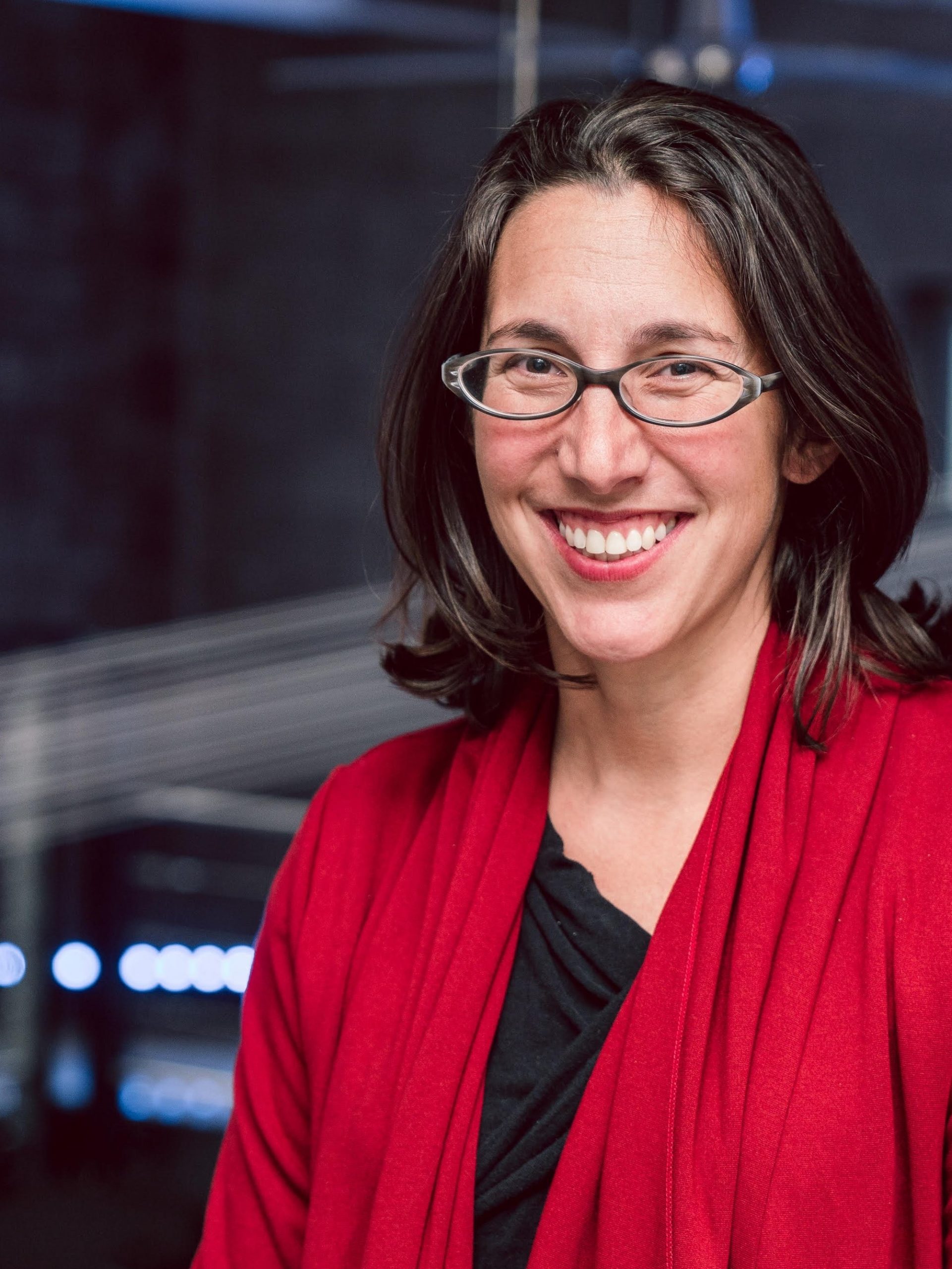
- Alex Ryan (MaRS Discovery), Daniela Papi-Thornton (Systems-led leadership)
6. March 10:45 to 12:15
Are we doing what’s required for system change? Mapping current transformation strategies & identifying priorities for action
Addressing the escalating social and ecological crises requires radical changes in our economic, political and technological systems. But how does fundamental change take place in complex systems? What are the conditions, steps and roles required for alternatives to evolve into a new system? In this workshop, we will introduce participants to a systemic theory of change, outlining key requirements for accelerating the decline of the dominant system and fostering the emergence of a desirable alternative. Participants will map and reflect on the efforts and strategies that social movements and changemakers pursue to foster system change. Together, we will identify current blind spots and potential synergies, and discuss priorities for action.
Session on "Systems thinking": 90 min. workshop
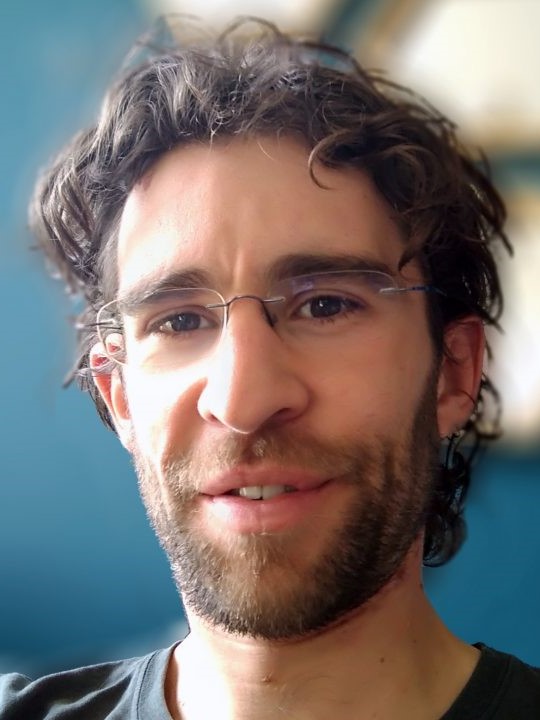
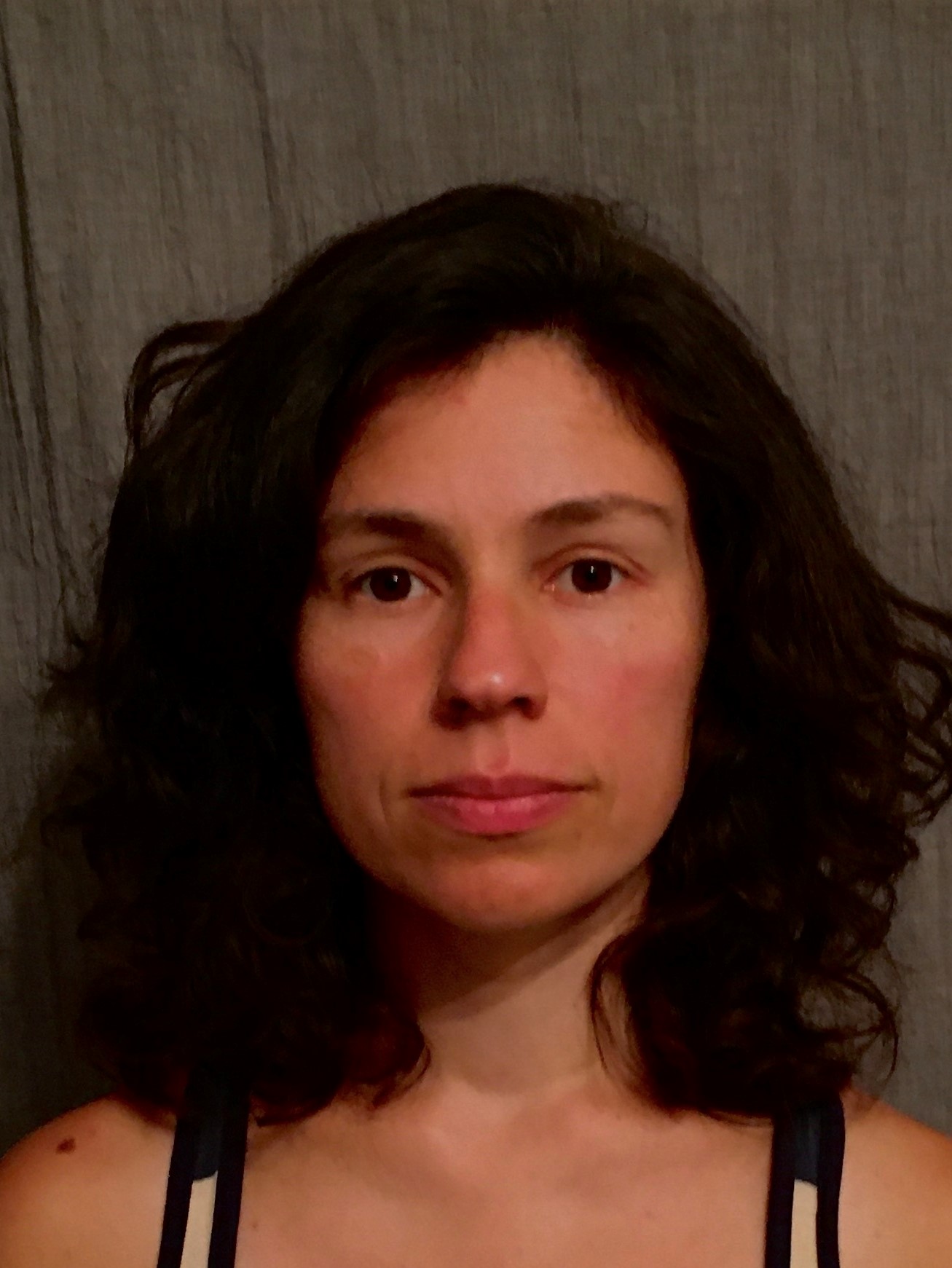
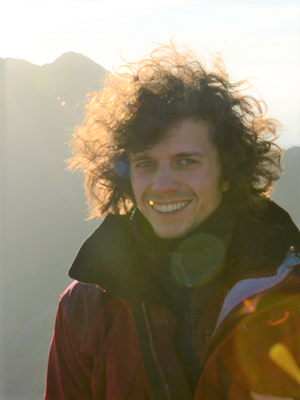
- Gauthier Guerin (Catalyst Collective Ltd), Mariana Mirabile (Systems Innovation), Jefim Vogel (Sustainability Research Institute, University of Leeds)
6. March 14:00 to 18:00
Challenges in Waste: The ONE DAY Lab
After qualitative research and interviews with experts with NGOs, Academics and companies, we will present you with 5 challenges. You will sit down with other diverse changemakers expert participant mentors to create ideas for solutions for one of these challenges in Waste. Example challenge: "How do you stop microplastic leakage into nature?"
Half a day interactive workshop in groups, consisting of Explanation of challenges, Ideation and Development of ideas.
- Andreas Bartl (TU Wien), alchemia nova, Olivia Herzog (WWF), Matthias Neitsch (RepaNet), Michael Boyle (Circular Experience) and more...
6. March 14:00 to 18:00
Challenges in Gender Equality: The ONE DAY Lab
After qualitative research and interviews with experts with NGOs, Academics and companies, we will present you with 5 challenges. You will sit down with other diverse changemakers expert participant mentors to create ideas for solutions for one of these challenges in Gender Equality. Example challenge: "How can artificial intelligence (AI) contribute to the most striking disparities between genders?"
Half a day interactive workshop in groups, consisting of Explanation of challenges, Ideation and Development of ideas.
- Gerhard Wagner (HeForShe Vienna), Nadja Bergmann (L&R Social Research, Bev Bachmayer (Intel) and more...
6. March 14:00 to 18:00
Challenges in Responsible Digitalisation: The ONE DAY Lab
After qualitative research and interviews with experts with NGOs, Academics and companies, we will present you with 5 challenges. You will sit down with other diverse changemakers expert participant mentors to create ideas for solutions for one of these challenges in Responsible Digitalisation. Example challenge: "How can we connect journalists with the latest innovations in news verification?"
Half a day interactive workshop in groups, consisting of Explanation of challenges, Ideation and Development of ideas.
- Stefan Blachfellner (BCSSS), Christian Piska (University of Vienna), Liad Magen (Abacus Accounting Technologies GmbH)
…more sessions will be added on an ongoing basis.
How do systems change?
Sessions
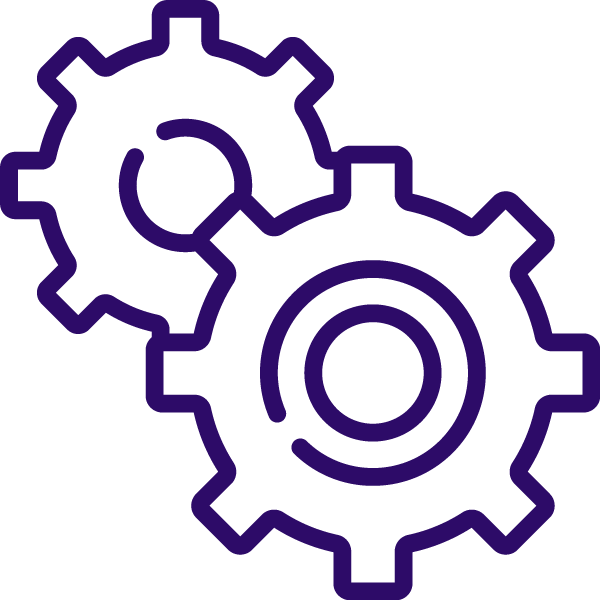
1. Understand systems (5+ sessions)
We don't talk about the what - we talk about the why. What are things that keep the current systems in place? Have a systemic understanding of challenges within waste, gender equality and responsible digitalisation.
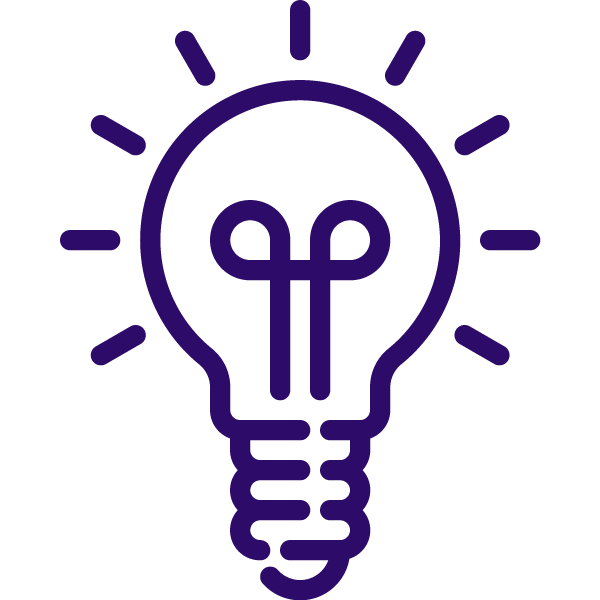
2. Think differently (10+ sessions)
For systems change, utopian thinking is a must. Join us as we take you through different perspectives in systems thinking and social innovation.
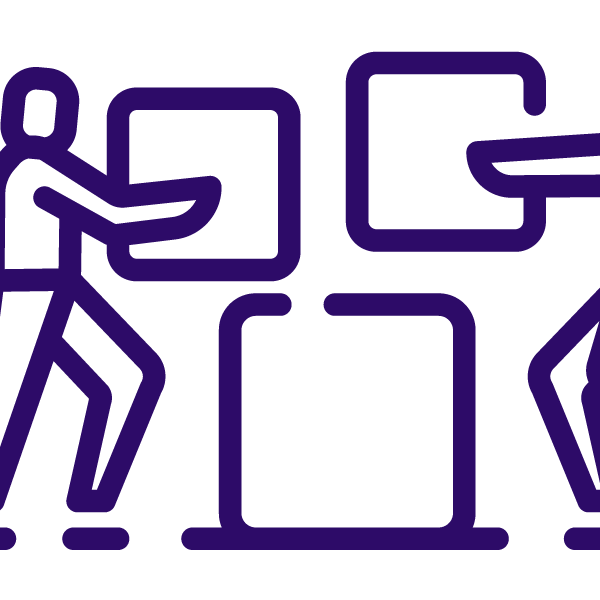
3. Co-create (3 half-day labs with experts)
You sit down with experts to discuss and create ideas for well-researched challenges on waste, gender equality or responsible digitalization. We call it the "dreamland for co-creation".

4. Take action (5+ sessions)
Less talking more doing. Join us in sessions that discuss the latest topics in social entrepreneurship and beyond.
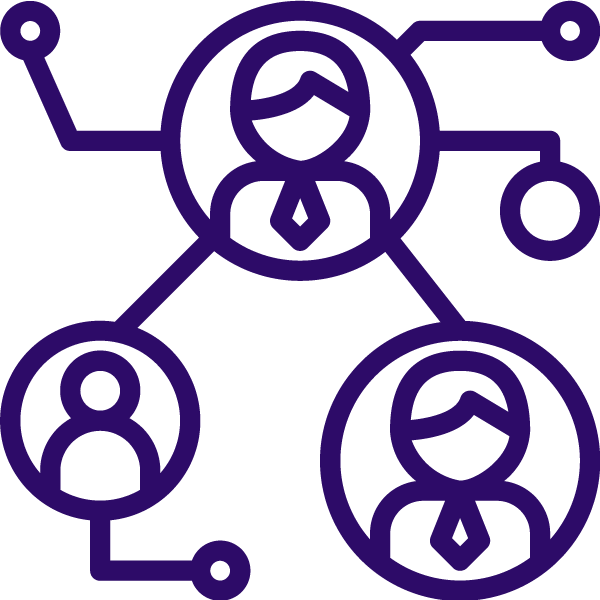
Connect and strengthen (incl. in your ticket)
With every ticket, you get one year access to our exclusive and engaged community platform. Perfect way to spend time strengthening the civil society ecosystem instead of scrolling on social media.
Continuously updated
Speakers
Fred Dust
Founder, IDEO.org, Making Conversation, TEDx speakerBruce Schneier
Fellow, Harvard University, Board Member of the Tor Project, TED SpeakerSean O’Brien
Founder at Yale Privacy Lab, Yale UniversityMag.a Manuela Vollmann
Founder, Board Member, and Executive Director at ABZ*AUSTRIAJulika Dittrich
Trained lawyer, founder and leader of Circular Futures-Plattform Kreislaufwirtschaft ÖsterreichDominic Hofstetter
Director of Capital and Investments, EIT Climate-KICVioleta Bulc
Former Deputy Prime Minister of Republic of Slovenia, Founder of EcocivilisationElisa Gramlich
Programm-Managerin für Klima, Konsum und Kreislaufwirtschaft, WWF AustriaOlivia Herzog
Program manager, WWF AustriaIng. Mag. Dr. Gerhard Klicka
Geschäftsführer, Innovatives Betriebliches GesundheitsmanagementMichaela Ernst
Co-Founderin, Chefredakteurin, SHEconomy, TEDx TalkerinGloria Bozyiğit
Coordinator, Orange the World, UN Women AustriaGerhard Wagner
Founder, HeForShe ViennaAlexander Schindler
Researcher, AIT Austrian Institute of TechnologyJon Roozenbeek
Postdoctoral Fellow, University of CambridgeFiona Vera Gray
Assistant Professor, Durham UniversityMikael Seppälä
Systems/Complexity Practioner Systems Change Finland, Laurea University of Applied SciencesAndrew Ringsmuth
Researcher, Complexity Science Hub Vienna, University of GrazFariba Karimi
Group Leader, Complexity Science Hub, Assistant Professor at Central European UniversityAla Krinickytė
Data Protection Lawyer, noybSepp Eisenriegler
Founder, Repair and Service Center R.U.S.Z, ViennaCecilia (Hsin-Chi) Lee
Assistant research fellow at Taiwan-Asia Exchange FoundationShu Yang Lin
Design consultant, PDIS.twYahsin Huang
Founder, RadicalxChange TaipeiKarin Huber-Heim
Director, Circular Economy Forum AustriaDI Markus Meissner
Partner, pulswerk GmbHDipl.-Ing.in Dr.in techn. Anna-Vera Deinhammer
Programme Manager DoTank Circular City 2020-2030, City of ViennaStefan Blachfellner
Managing Director, Bertalanffy Center for the Study of Systems Science (BCSSS)Jeanette Müller
Conceptual artist, MUELLER-DIVJAKand many more…
Discover
Focus areas
Waste and food waste
Gender equality
Responsible digitalisation
Systems thinking
Social innovation
Social entrepreneurship
More than a conference
Why attend
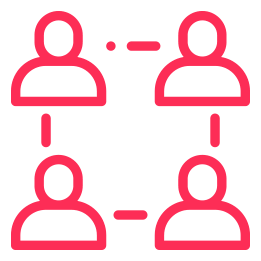
Understand systems
We don't talk about the what - we talk about the why. What are things that keep the current systems in place? Have a systemic understanding of the issues we are addressing with experts on their field.

Work with experts
The ONE DAY Lab offers changemakers a dreamland for co-creation. You + NGOs + Academics = systems innovation.

More than an event
ONE DAY is more than that. Join our exclusive community platform, meet-ups, and art exhibitions. Take advantage of our matchmaking for change makers, our library of resources on our topics and more.
Your ticket includes
Much more than a conference ticket
Your ticket includes:
- A one-year exclusive membership to our Community Platform for change-makers
- Access to recordings of most other sessions for a year (25+ sessions)
- Access to our resource library: a curated library of online resources that helps you learn concepts to do with impact, faster and simpler
- Full access to all the sessions across the two days, including all of the above
- A seat for you at the ONE DAY Lab, co-creating ideas on challenges with experts
- Access to the networking lounge at the end of the conference (offline in Vienna if allowed, online if not)
- Access to the virtual expo with many impactful organisations
- Regenerative yoga and meditation breaks
- and many more perks…
0
Sessions
0
+
Speakers
0
All-male panels
"ONE DAY: The Conference ermöglicht es also, gemeinsam mit anderen systemkritisch und dennoch konkret und gestalterisch über notwendige Gesellschaftsinnovationen nachzudenken."
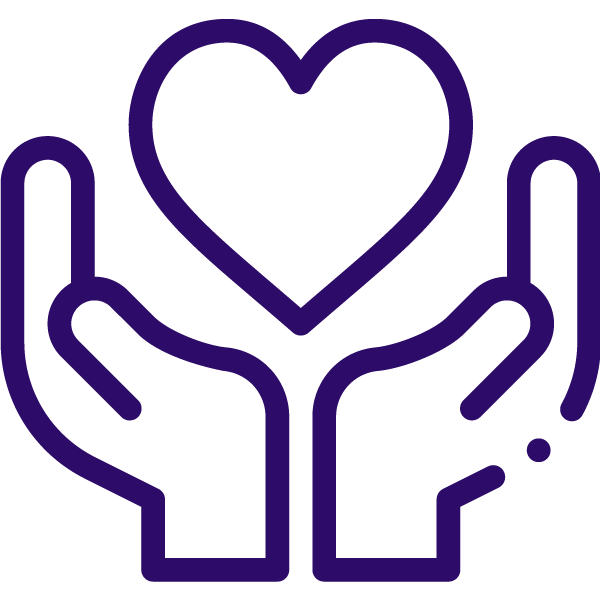
€99NGO/Organisation
All the above + a list of contact details of all speakers, NGO ticket holders, Corporate ticket holders, and session hosts that have agreed to share their contact details for networking purposes.
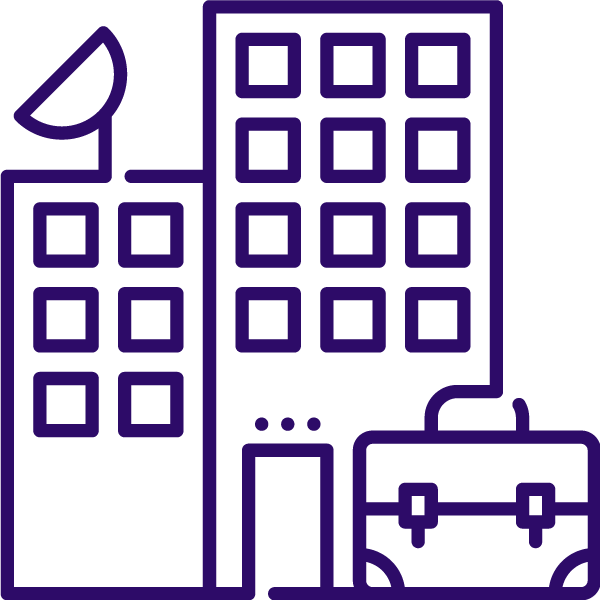
€299Corporate
All the above + a list of contact details of all speakers, NGO ticket holders, Corporate ticket holders, and session hosts that have agreed to share their contact details for networking purposes.
About sessions, speakers and other surprises
Get updates
Blog
From Our Blog





More than a conference
Why attend
Constantly being updated
Past and present partners

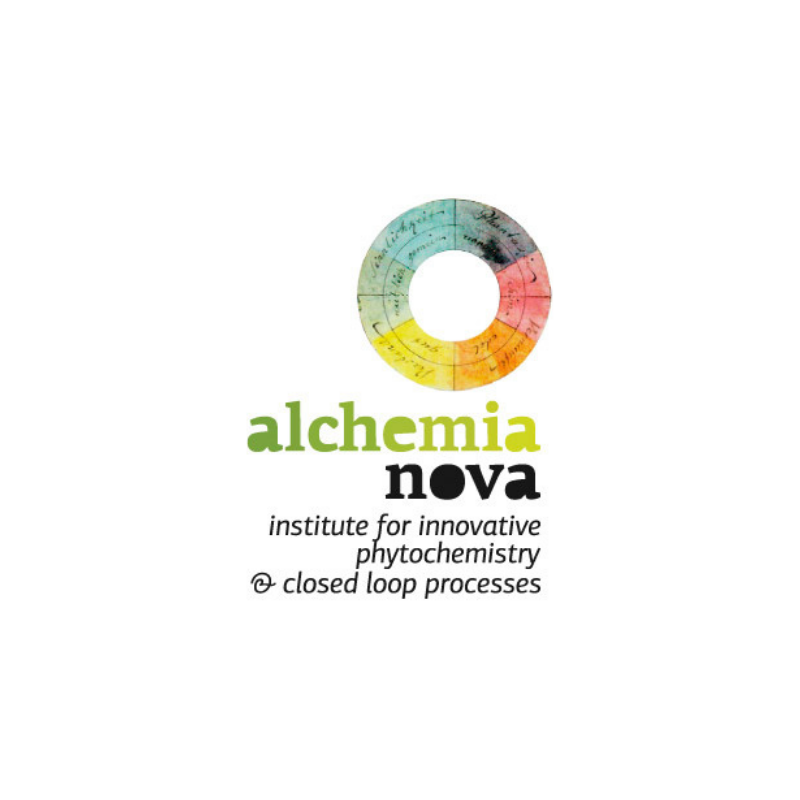
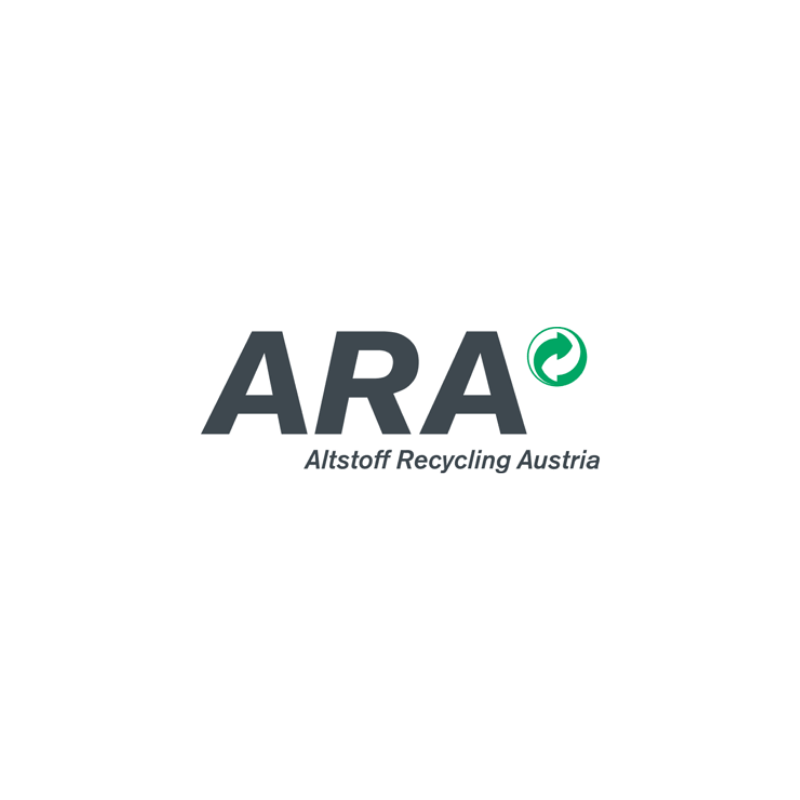

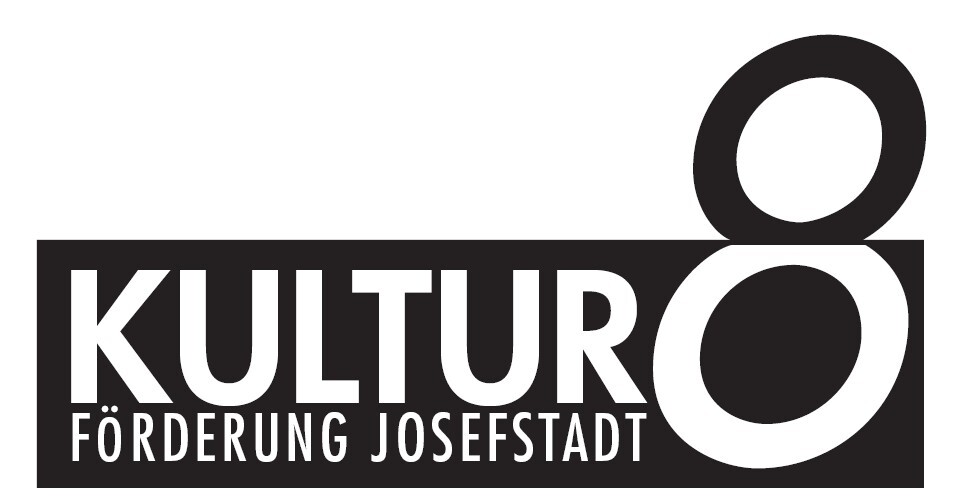
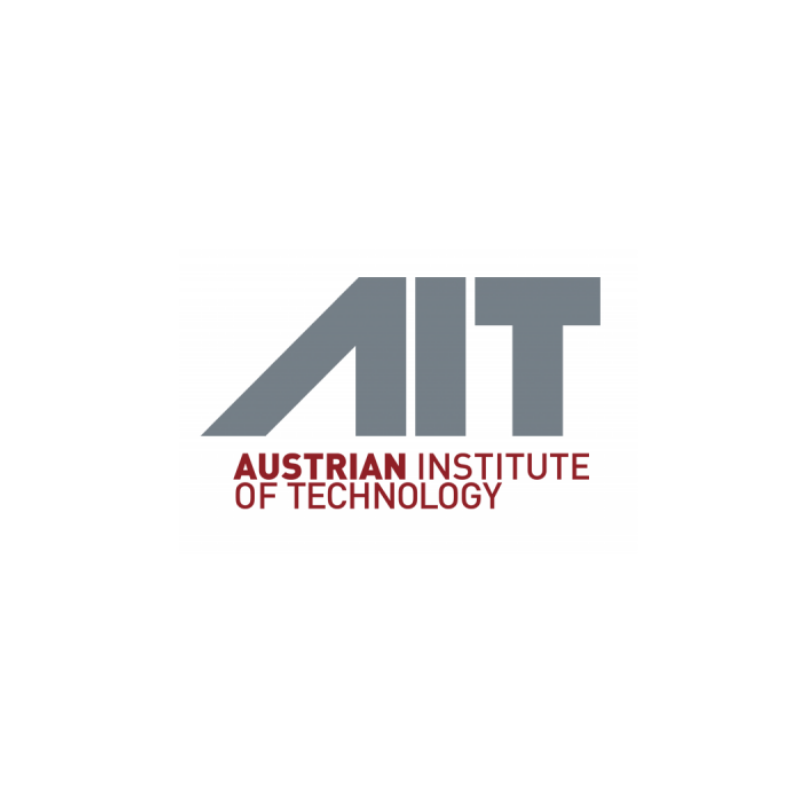
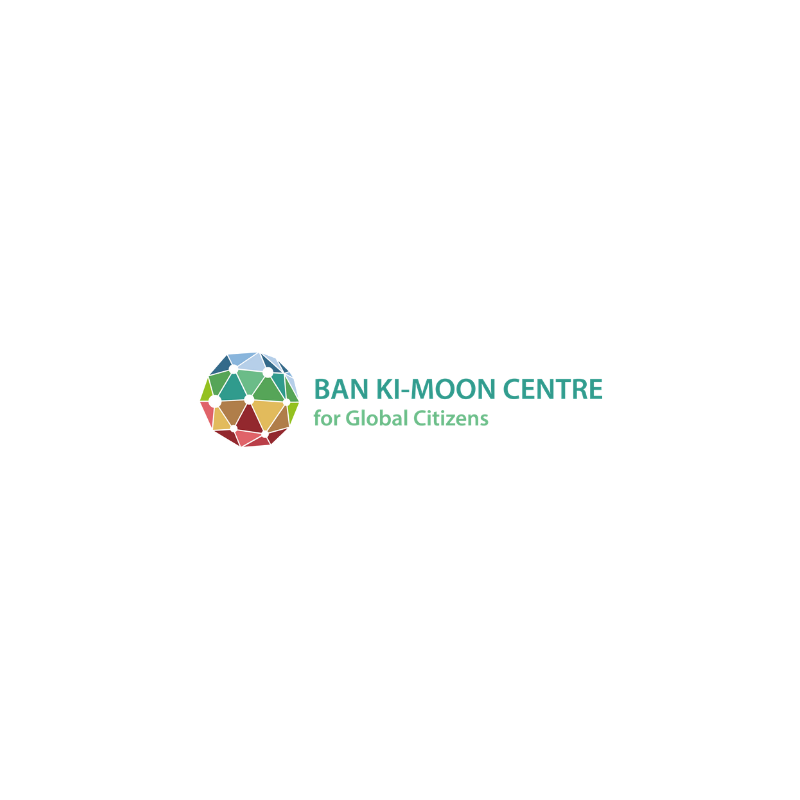



Warning: Undefined variable $output in /home/.sites/803/site4533139/web/wp-content/plugins/confence-core/elementor/widgets/confence-image.php on line 315




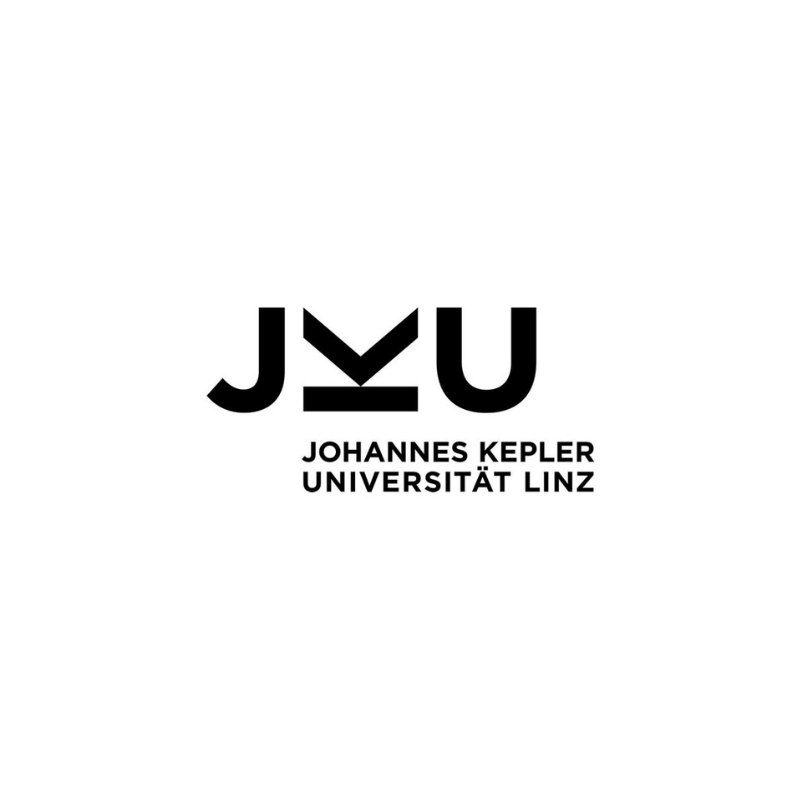




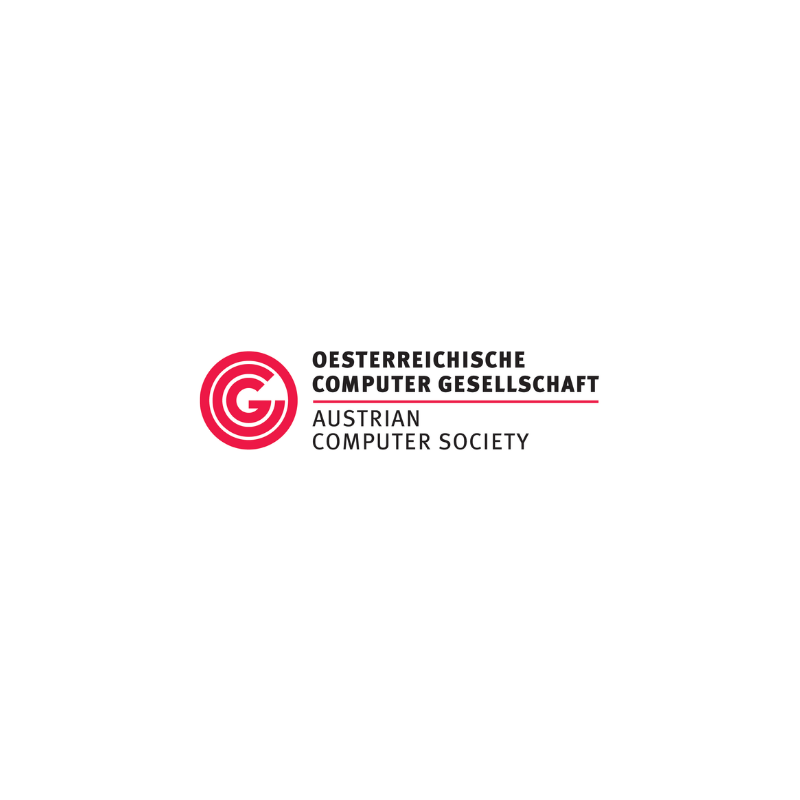
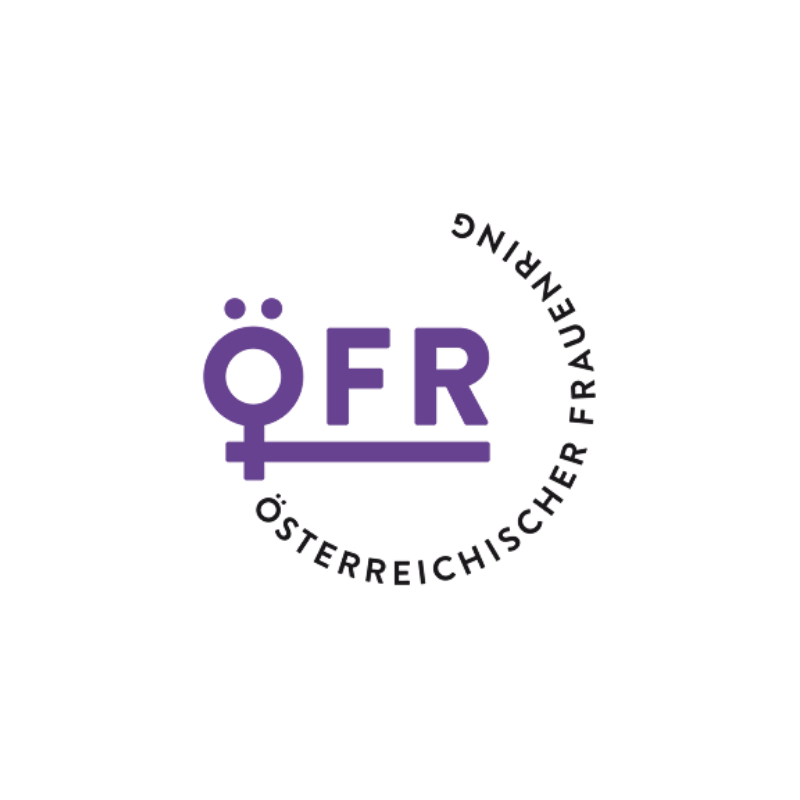
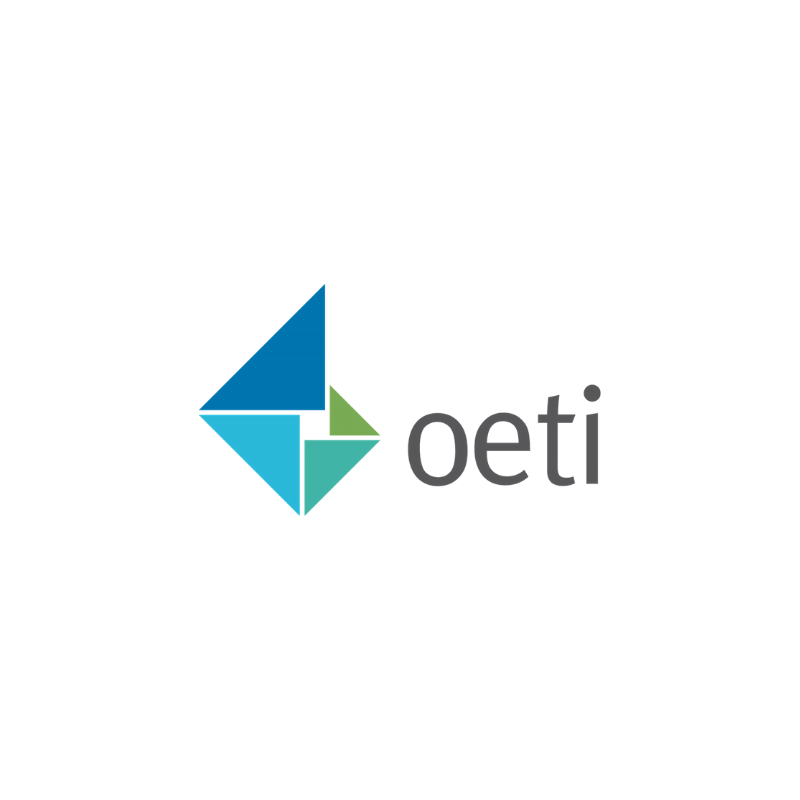
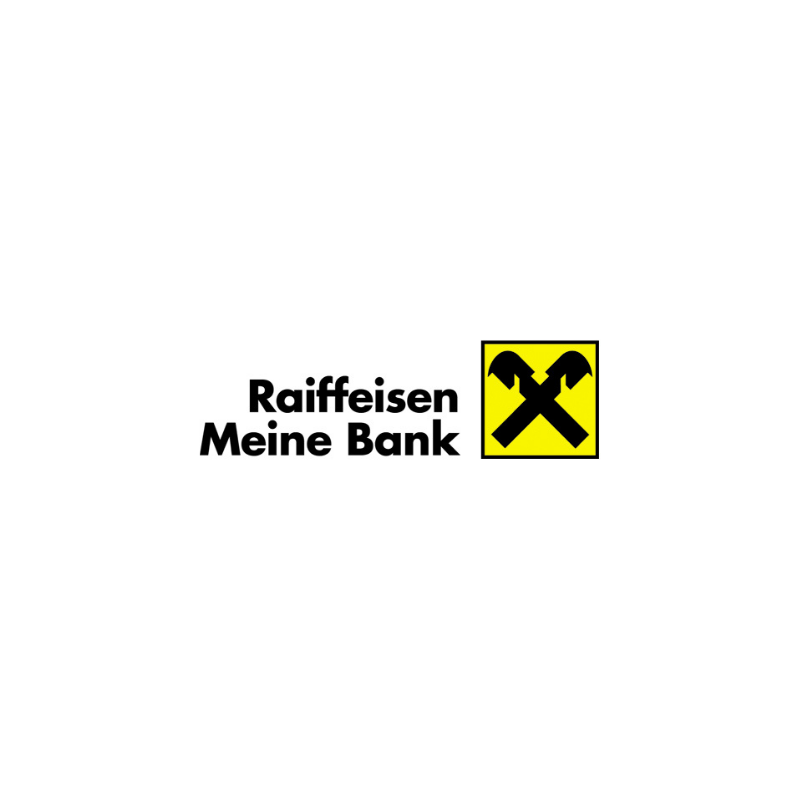
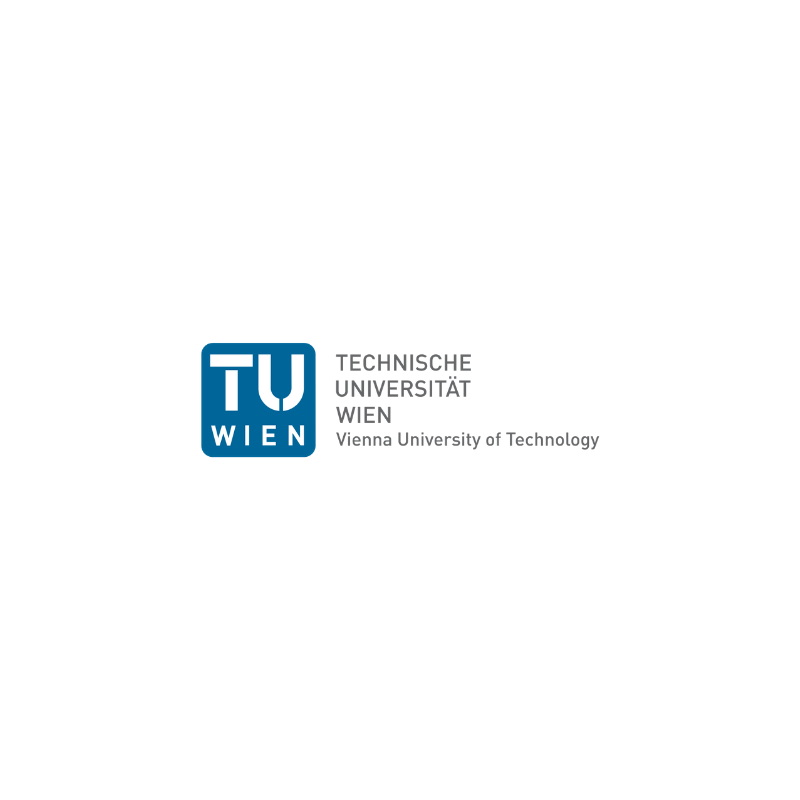
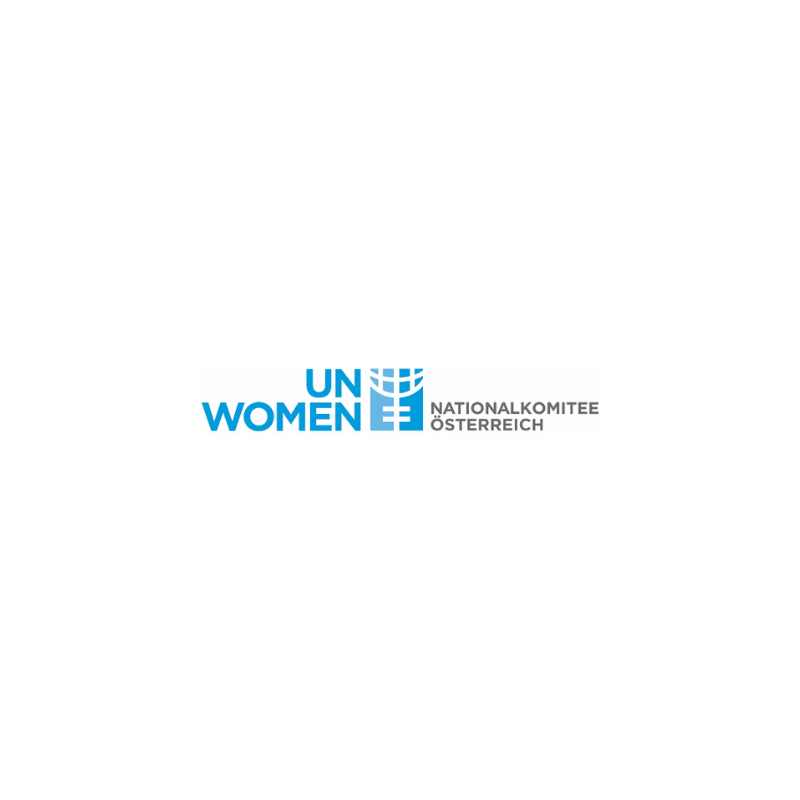
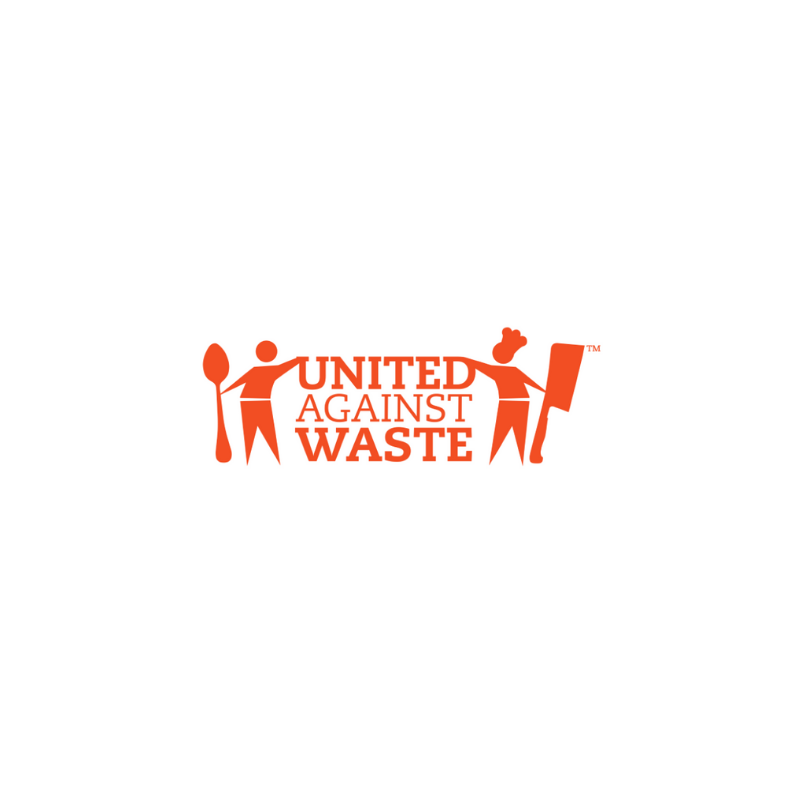
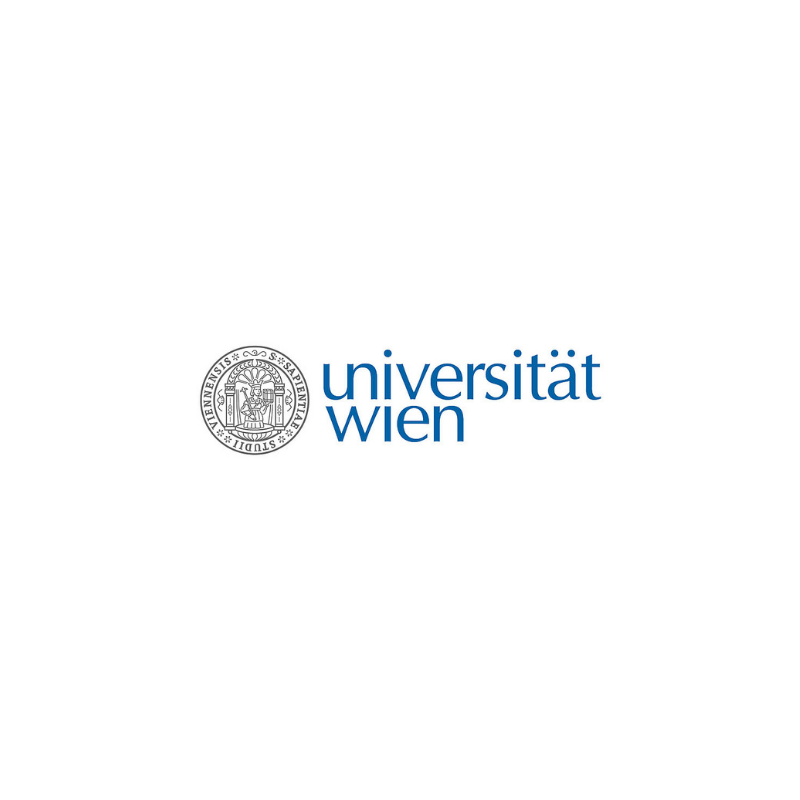
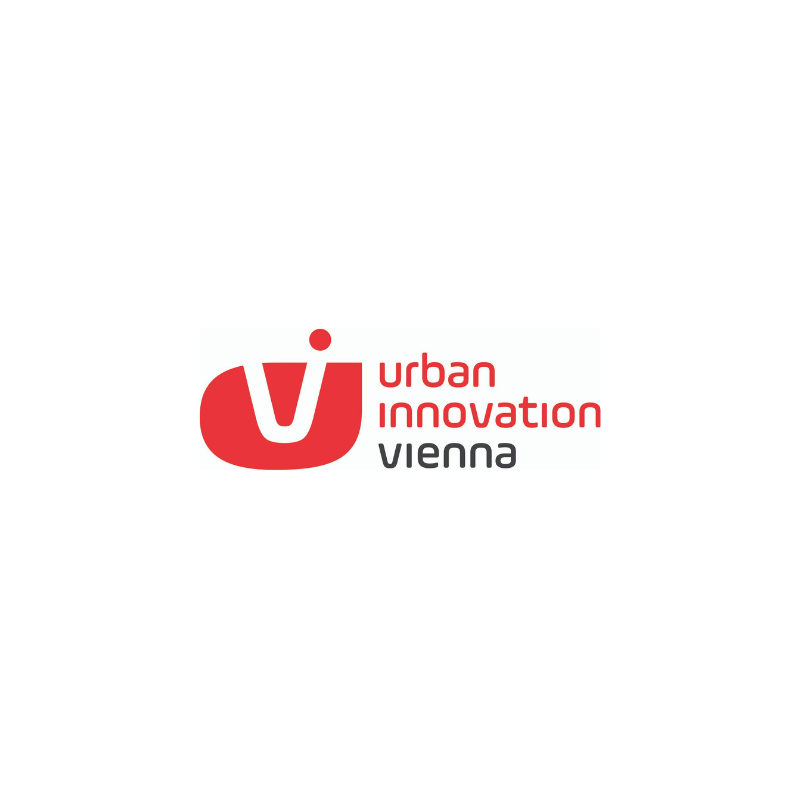
Constantly being updated
Community partners
